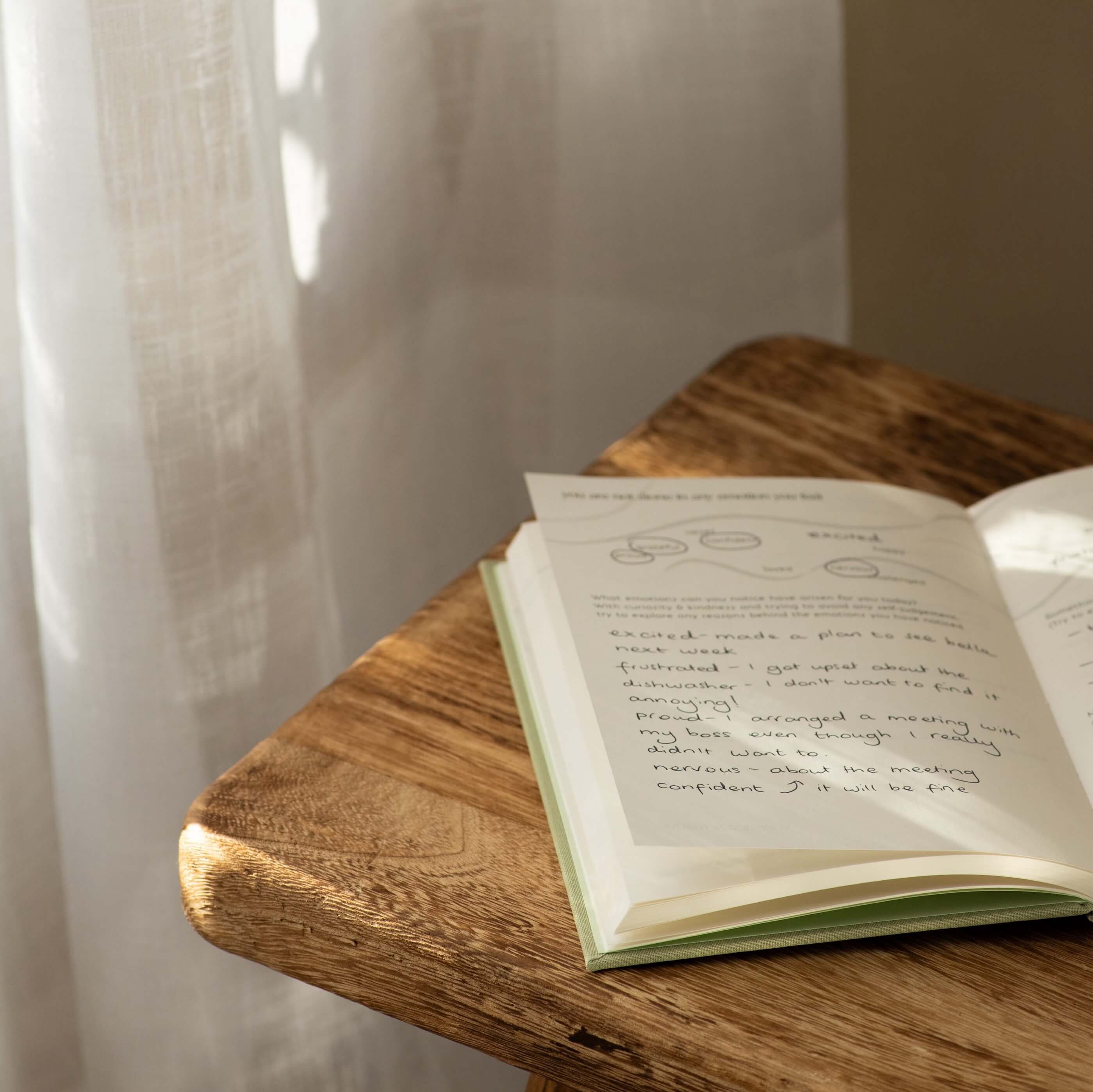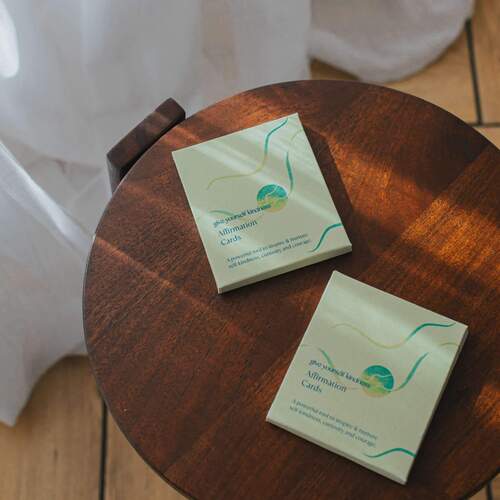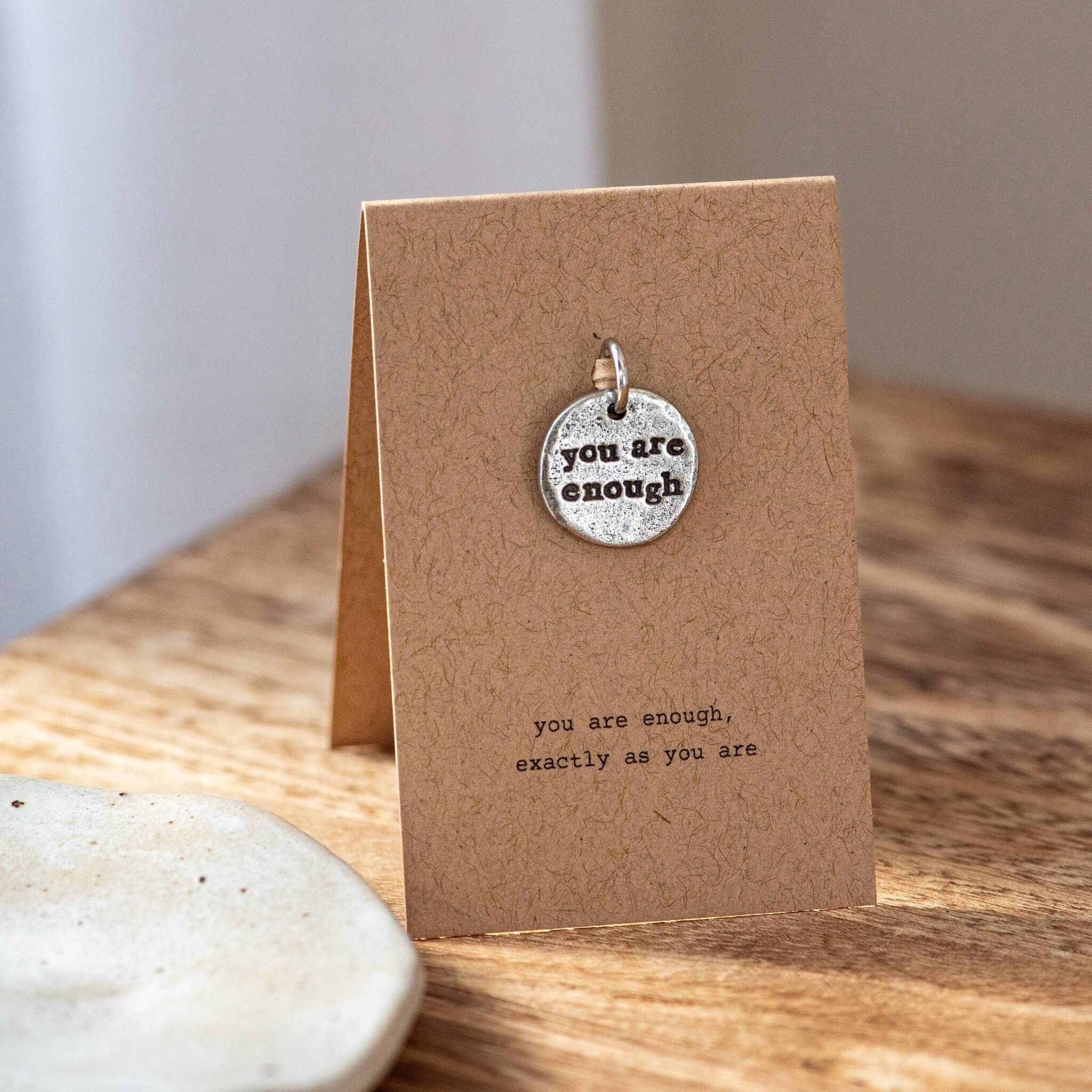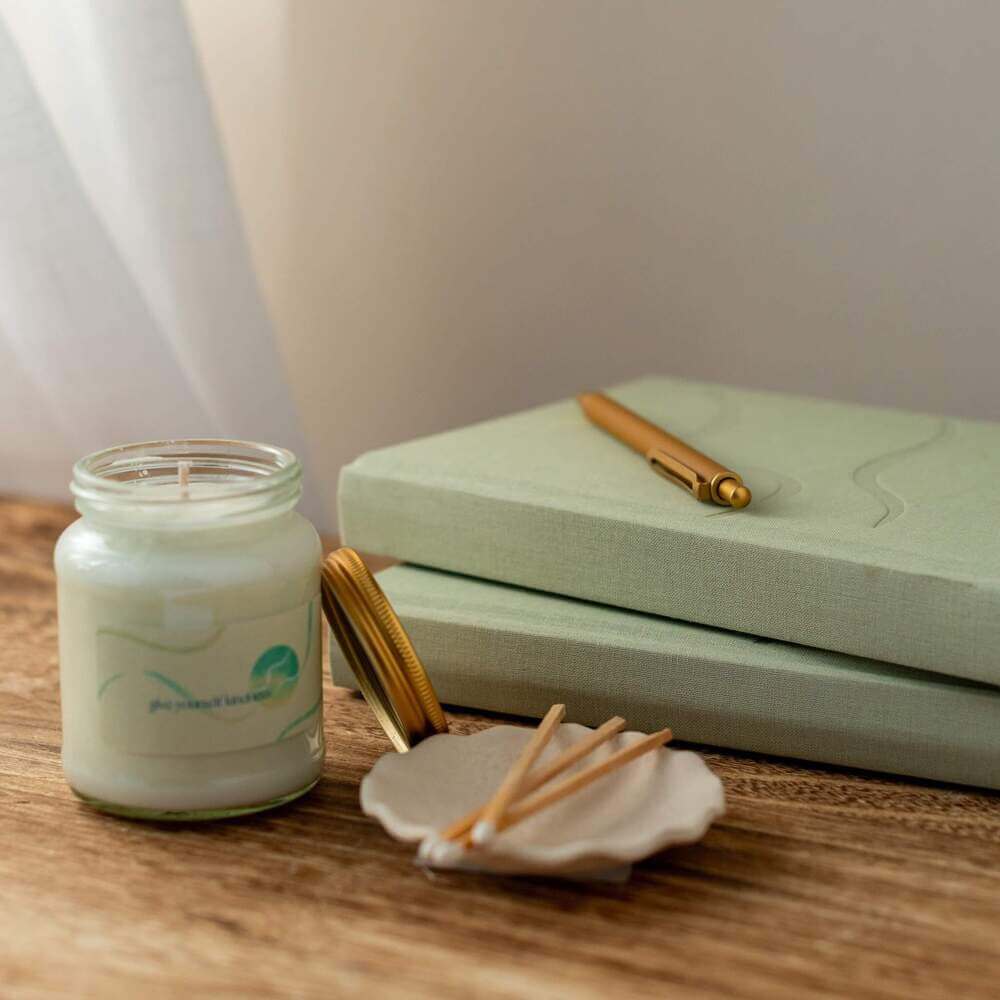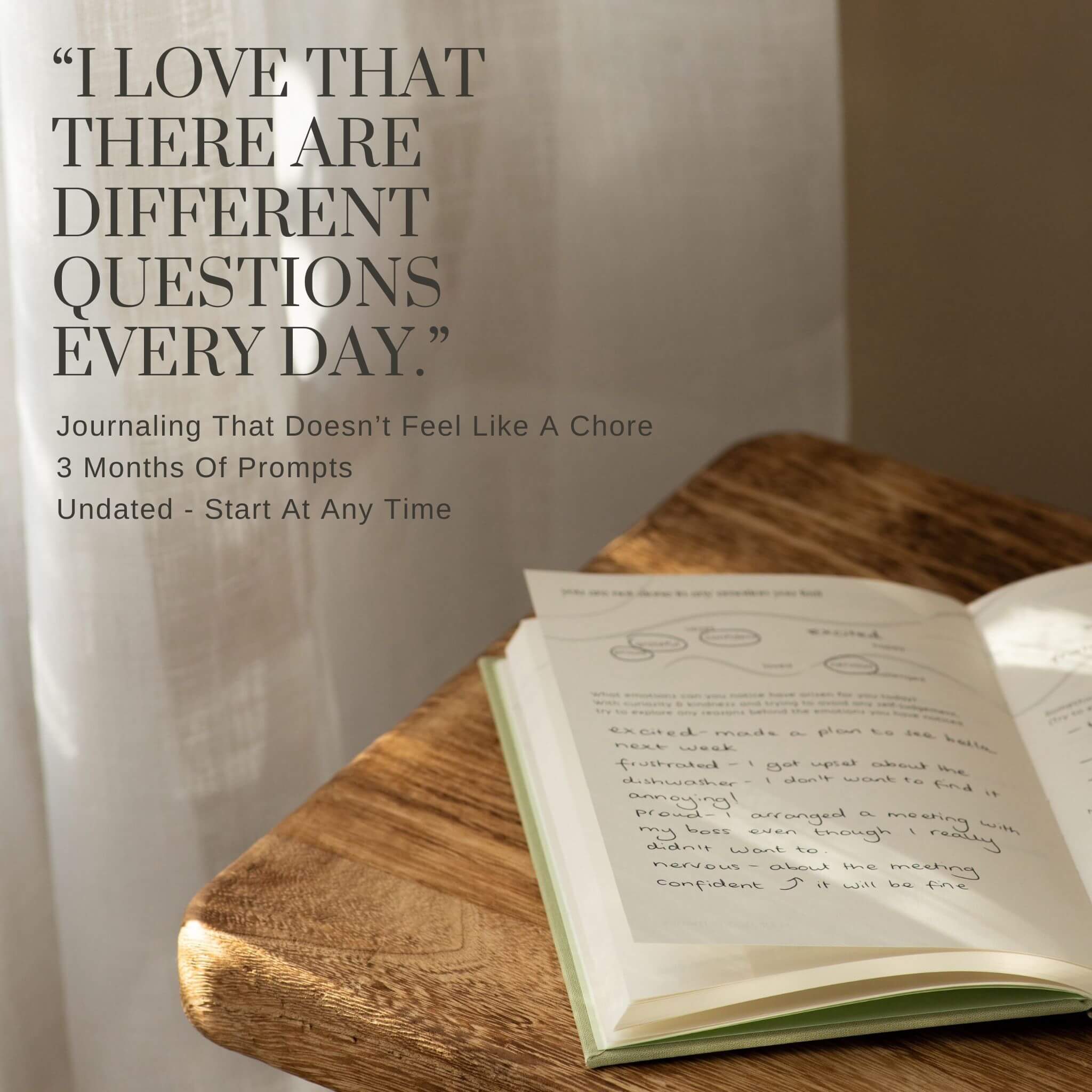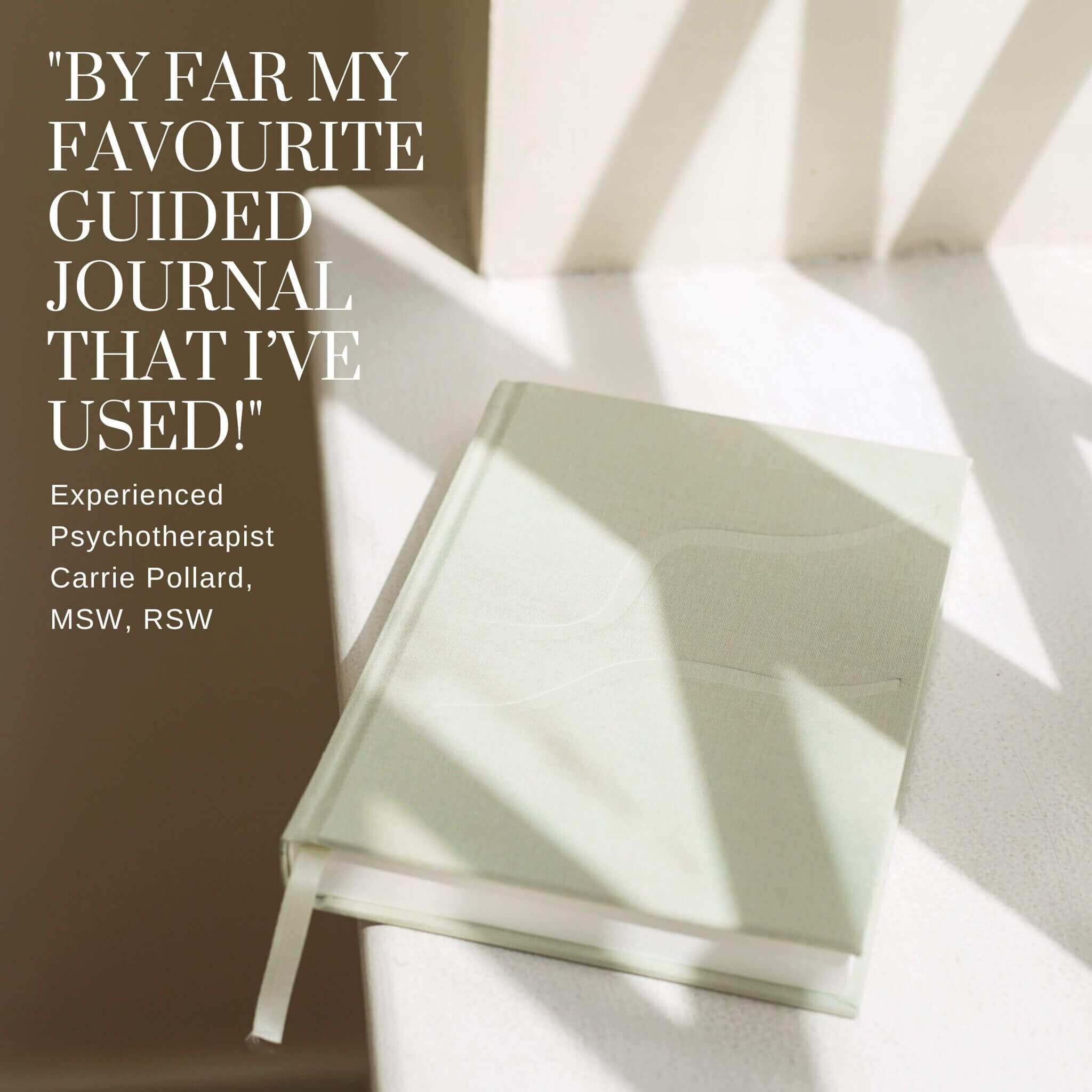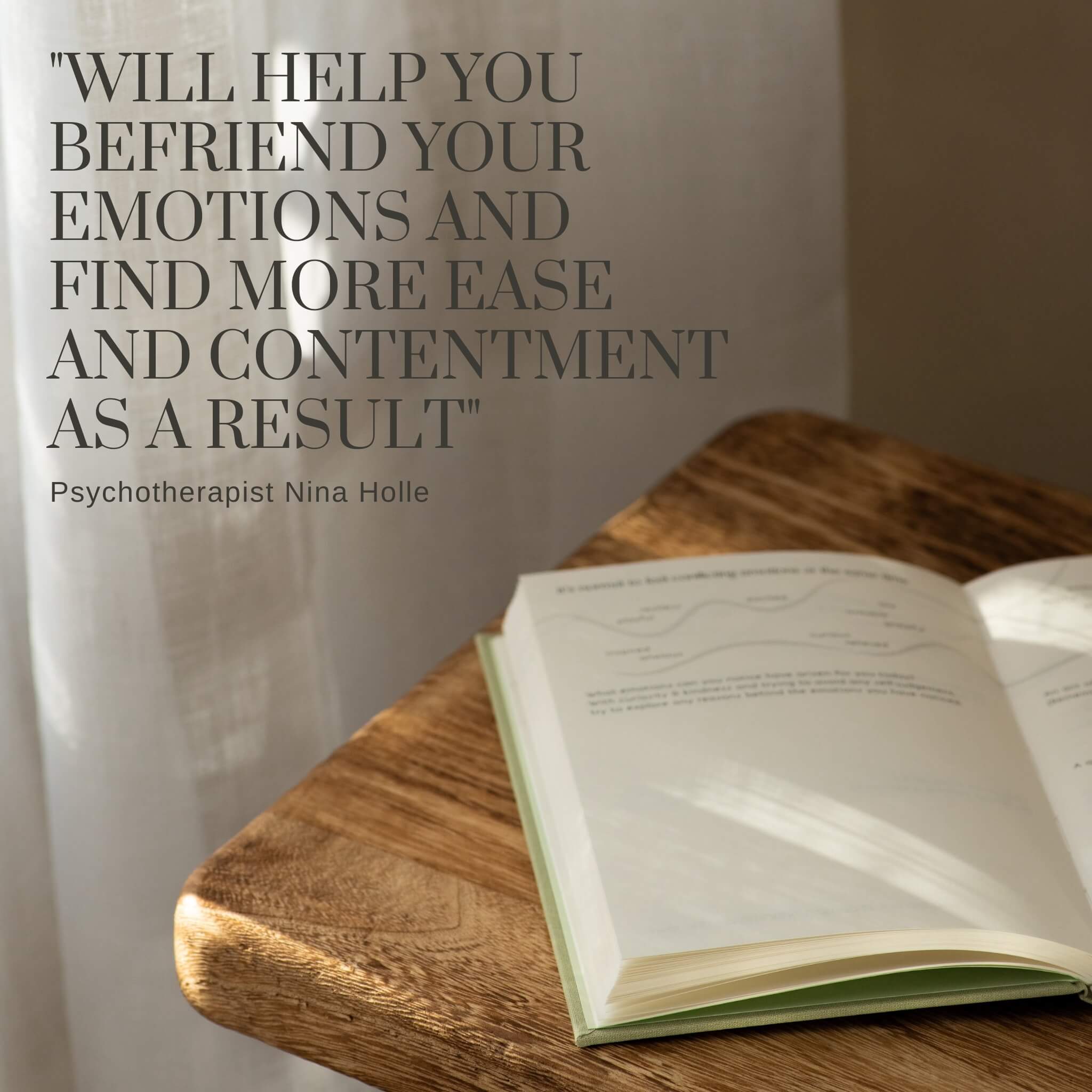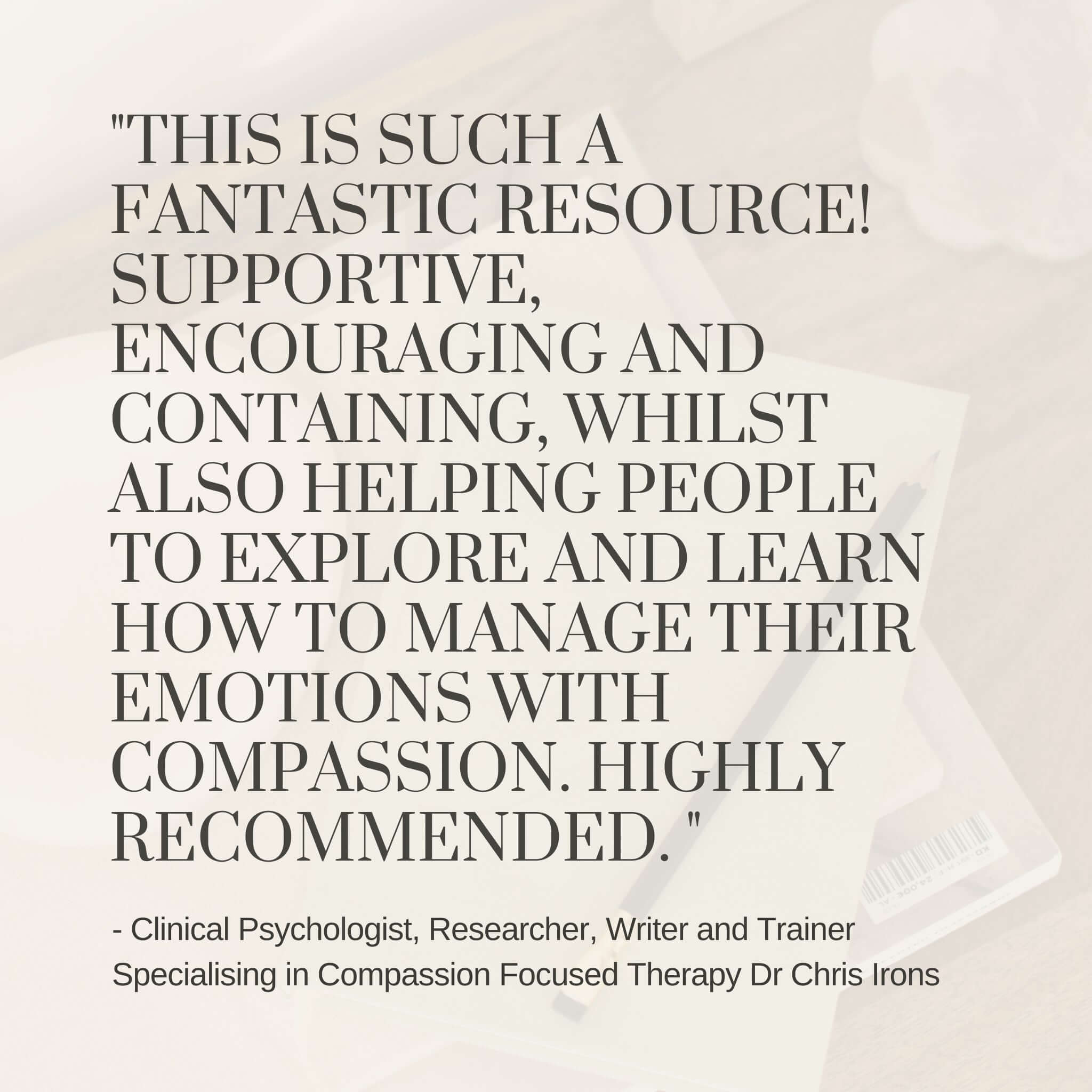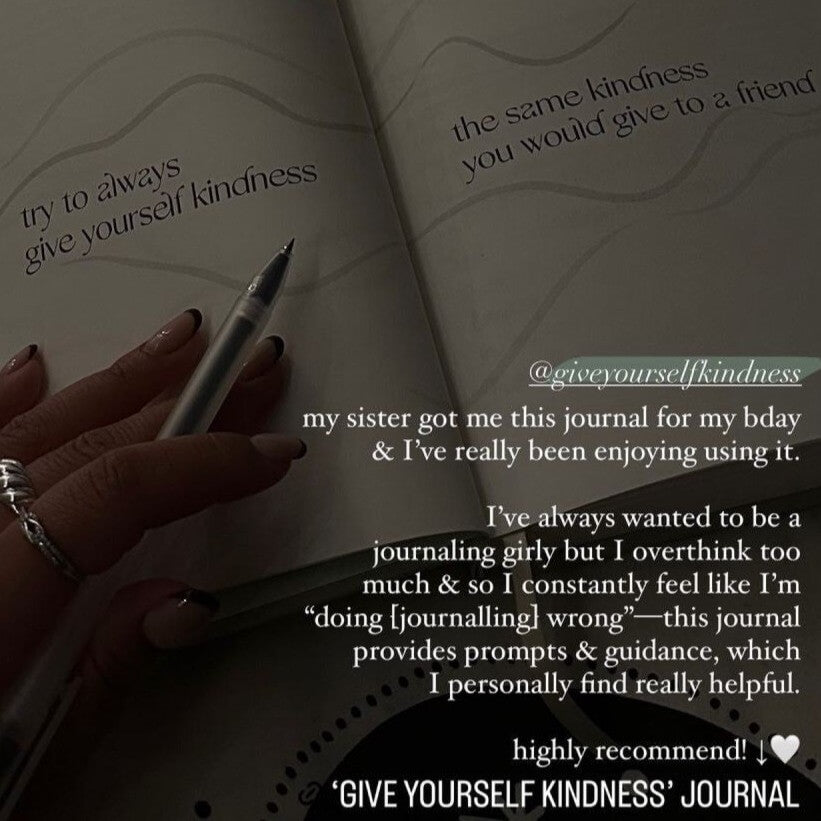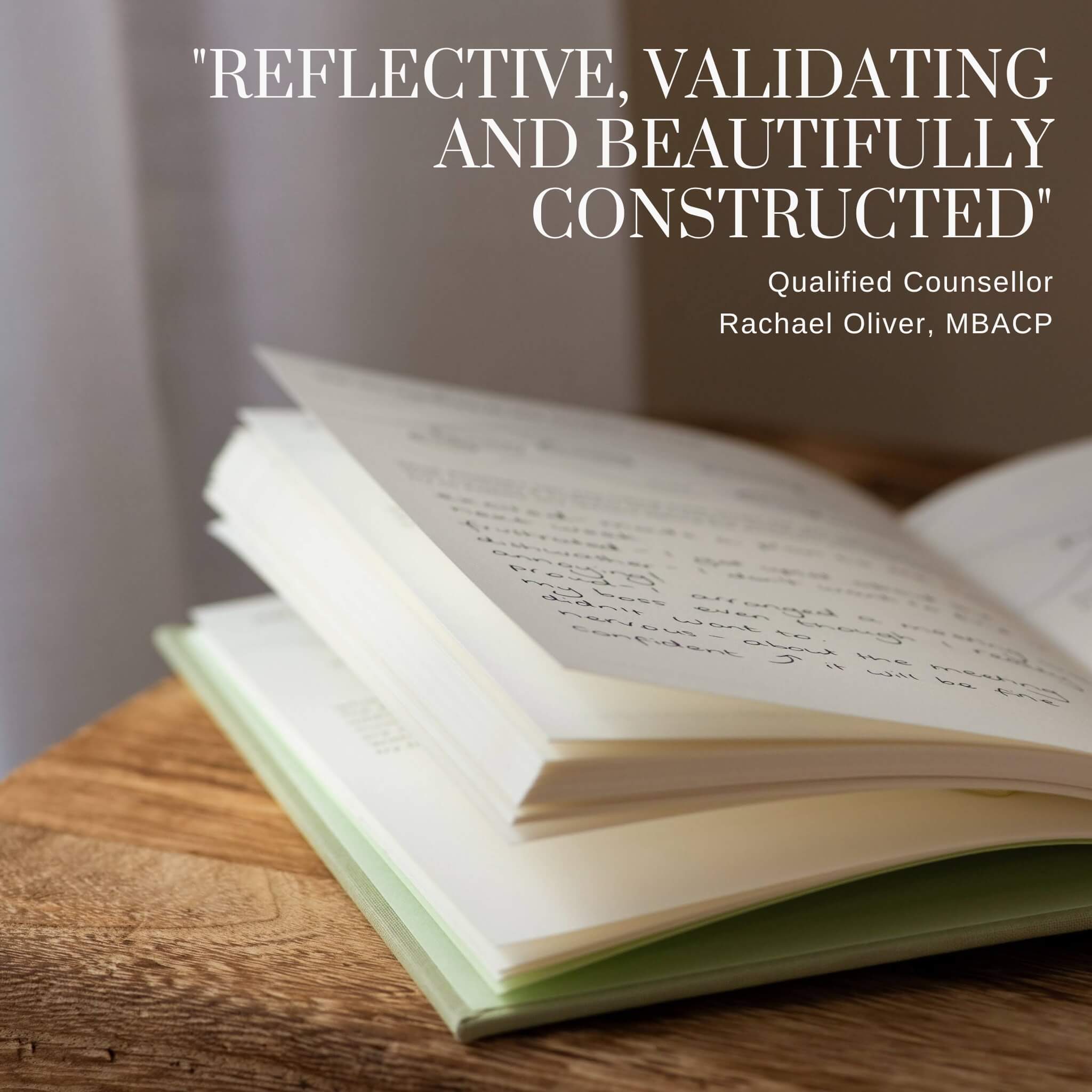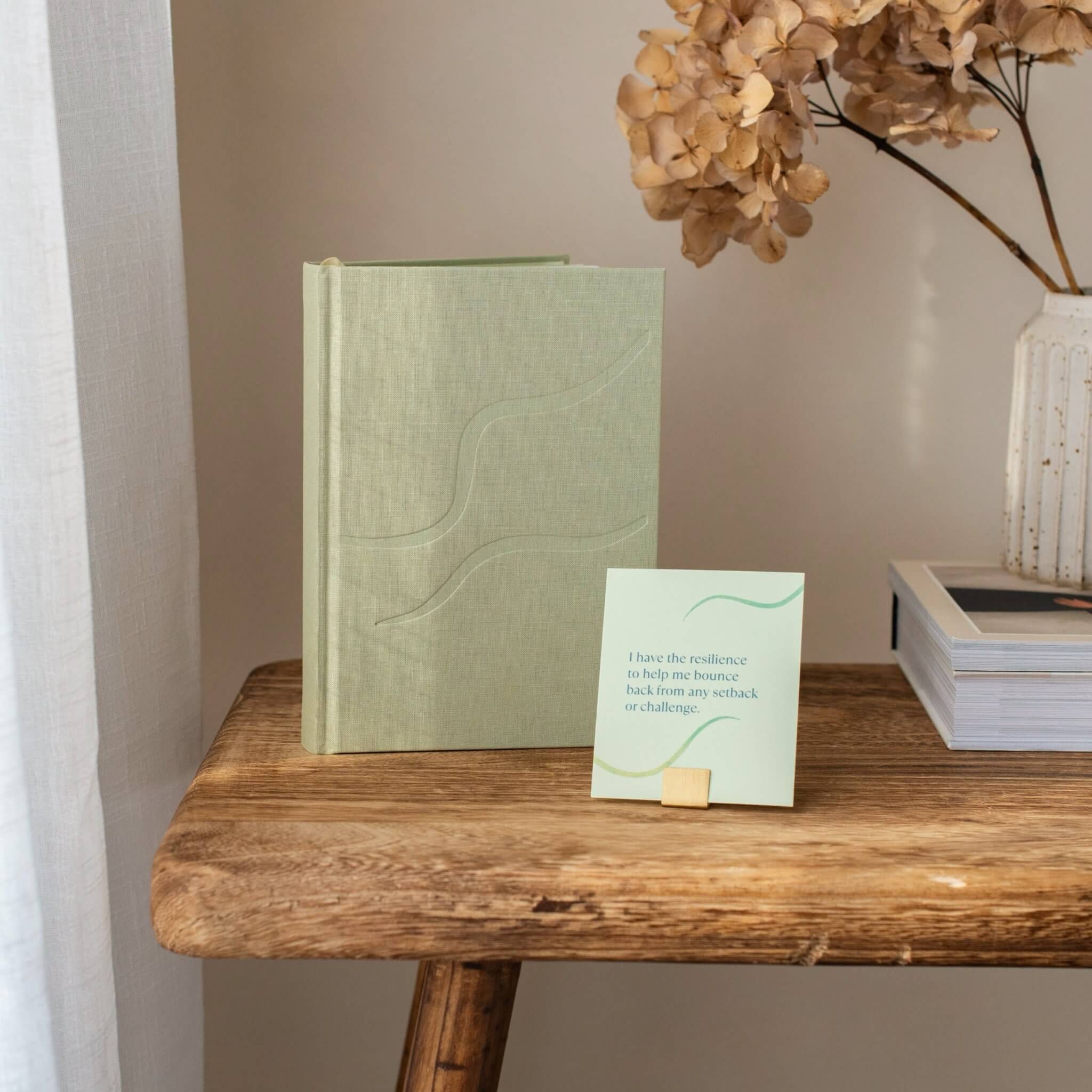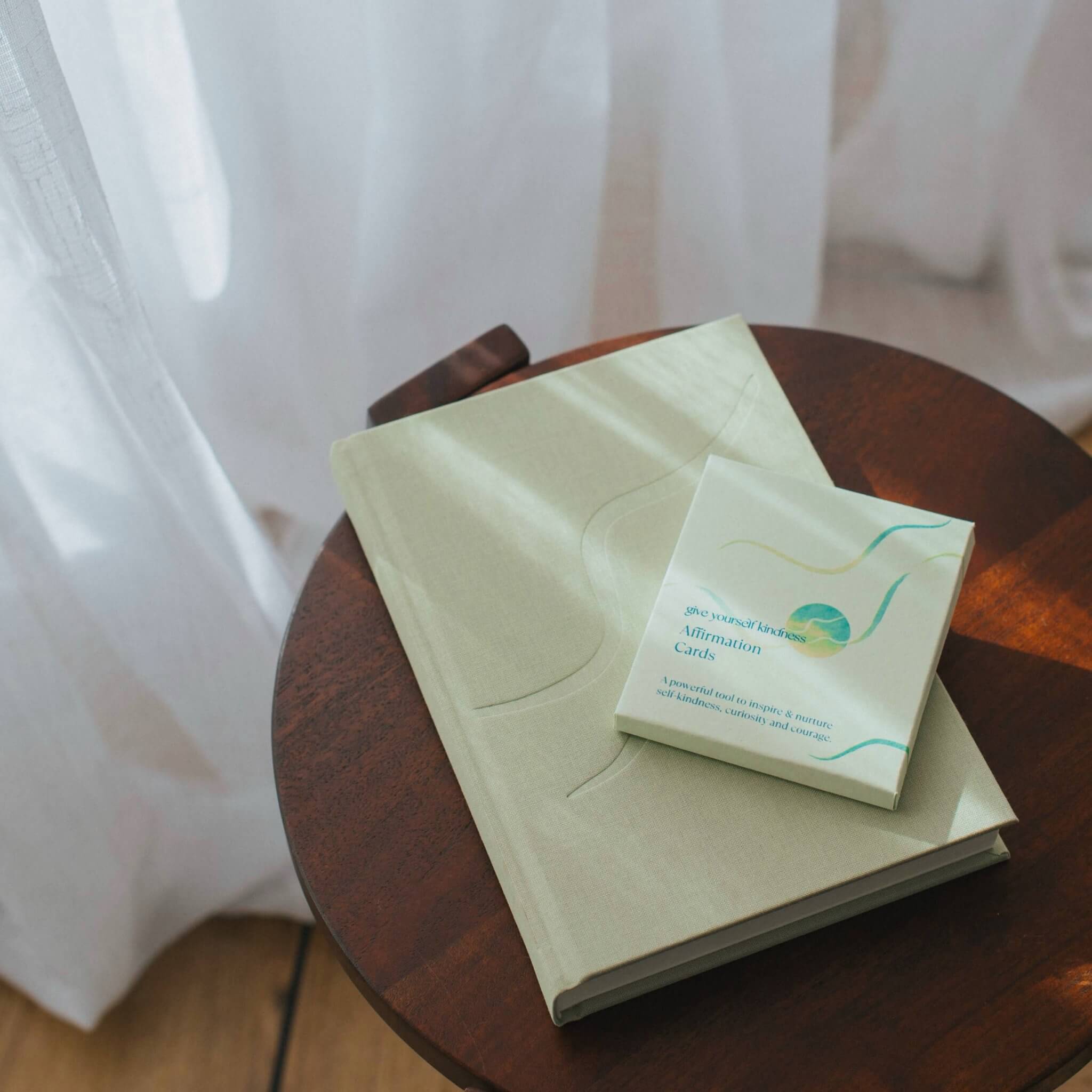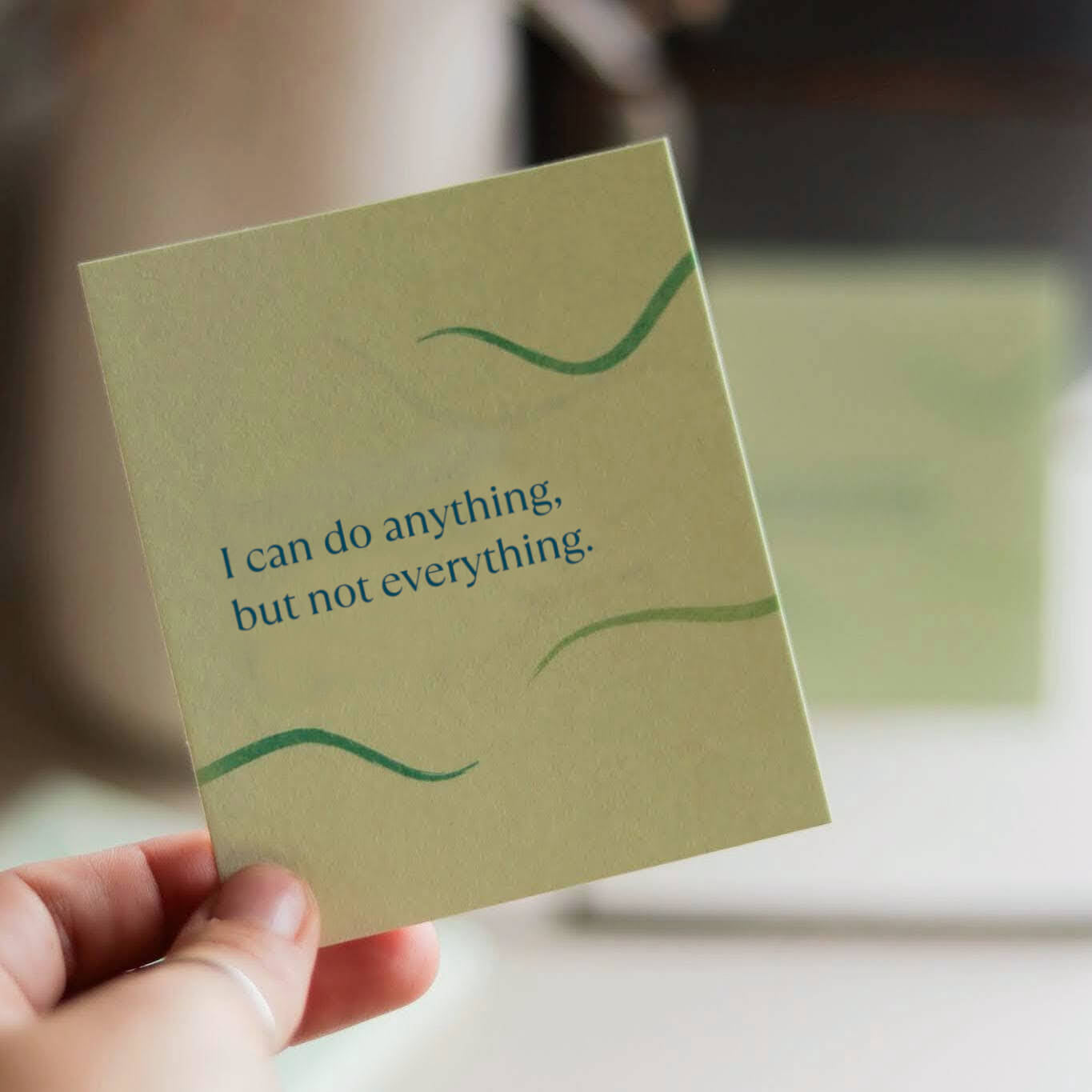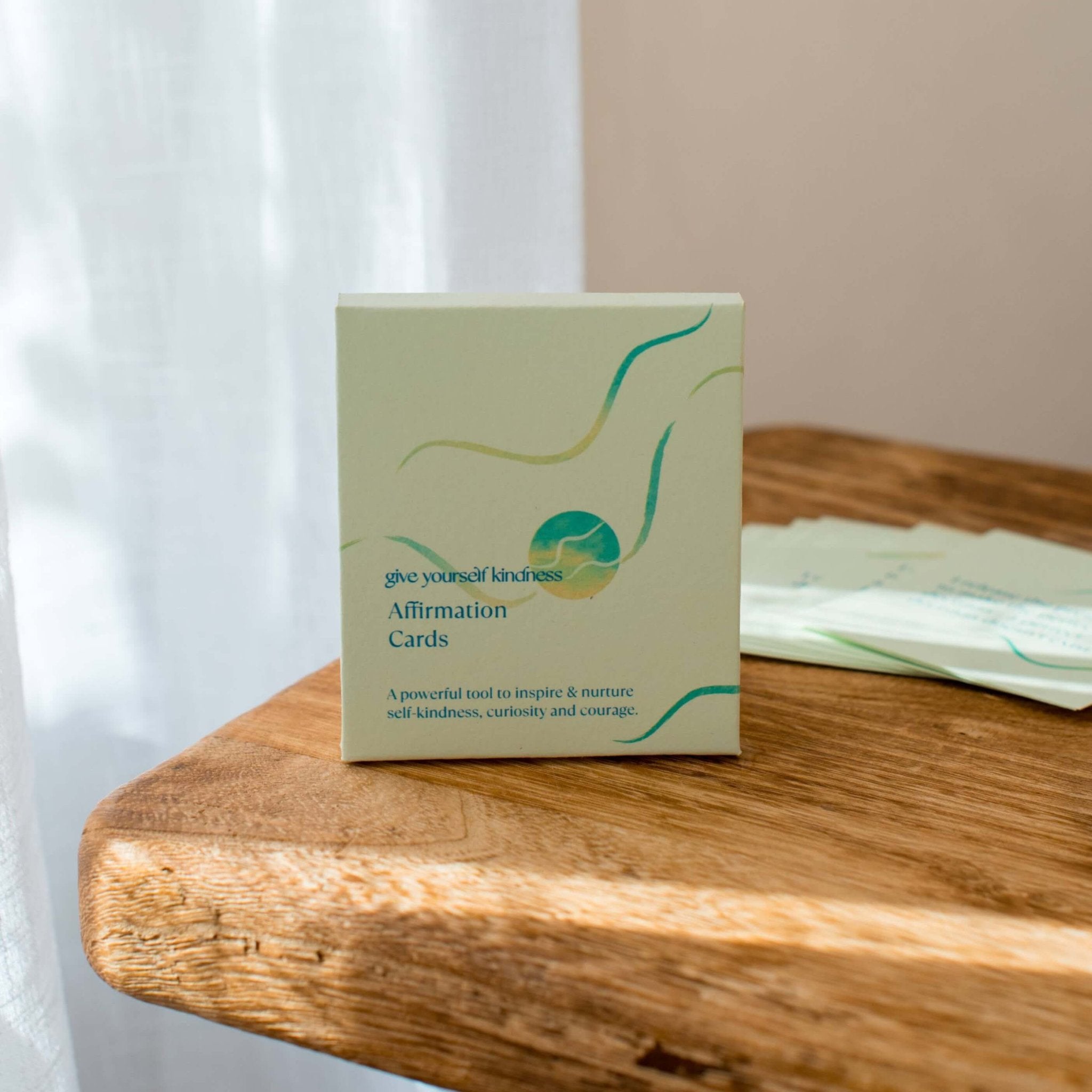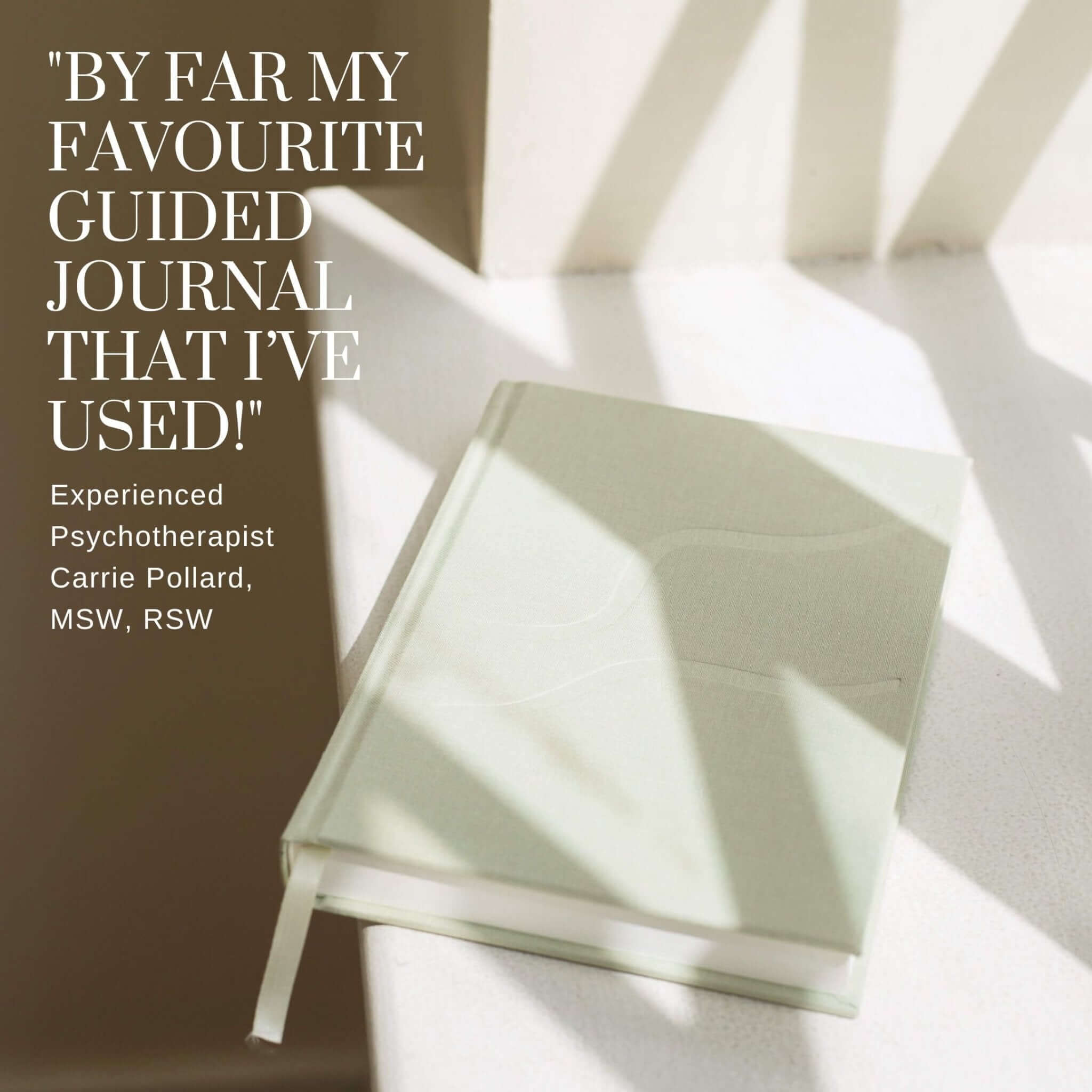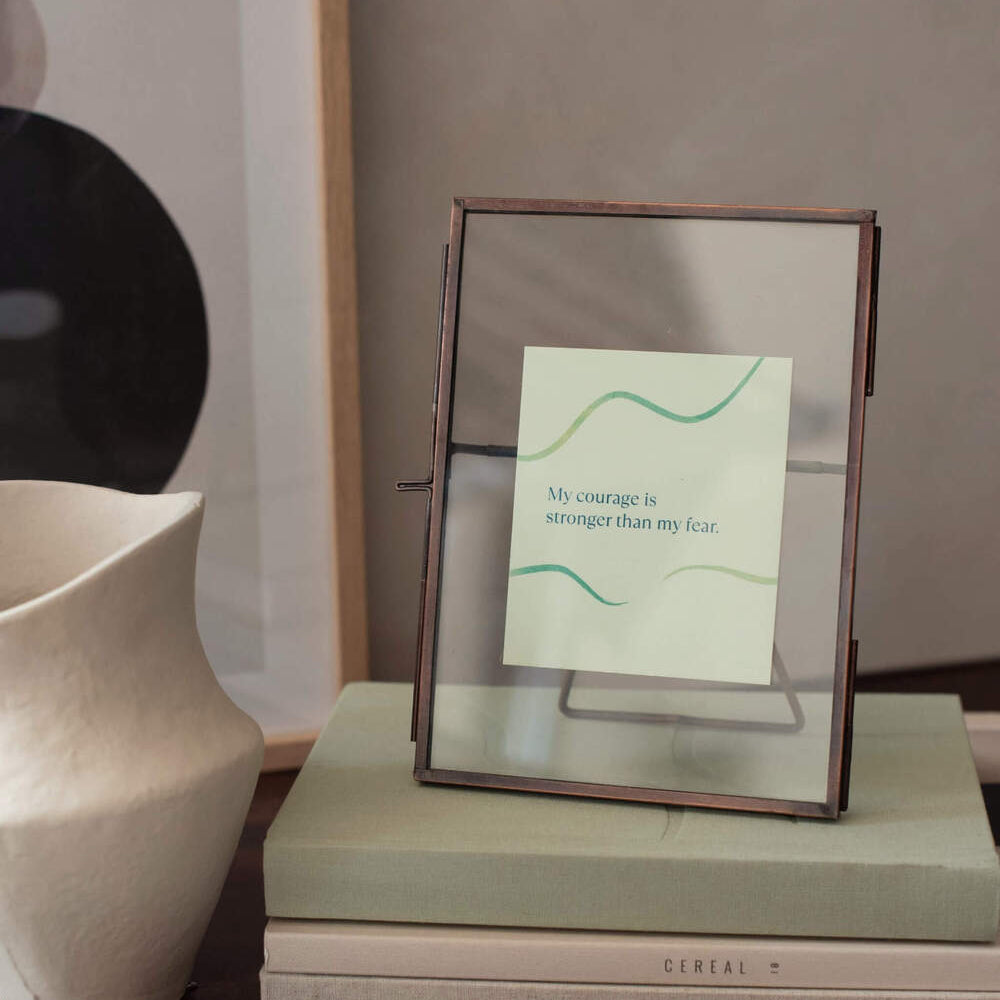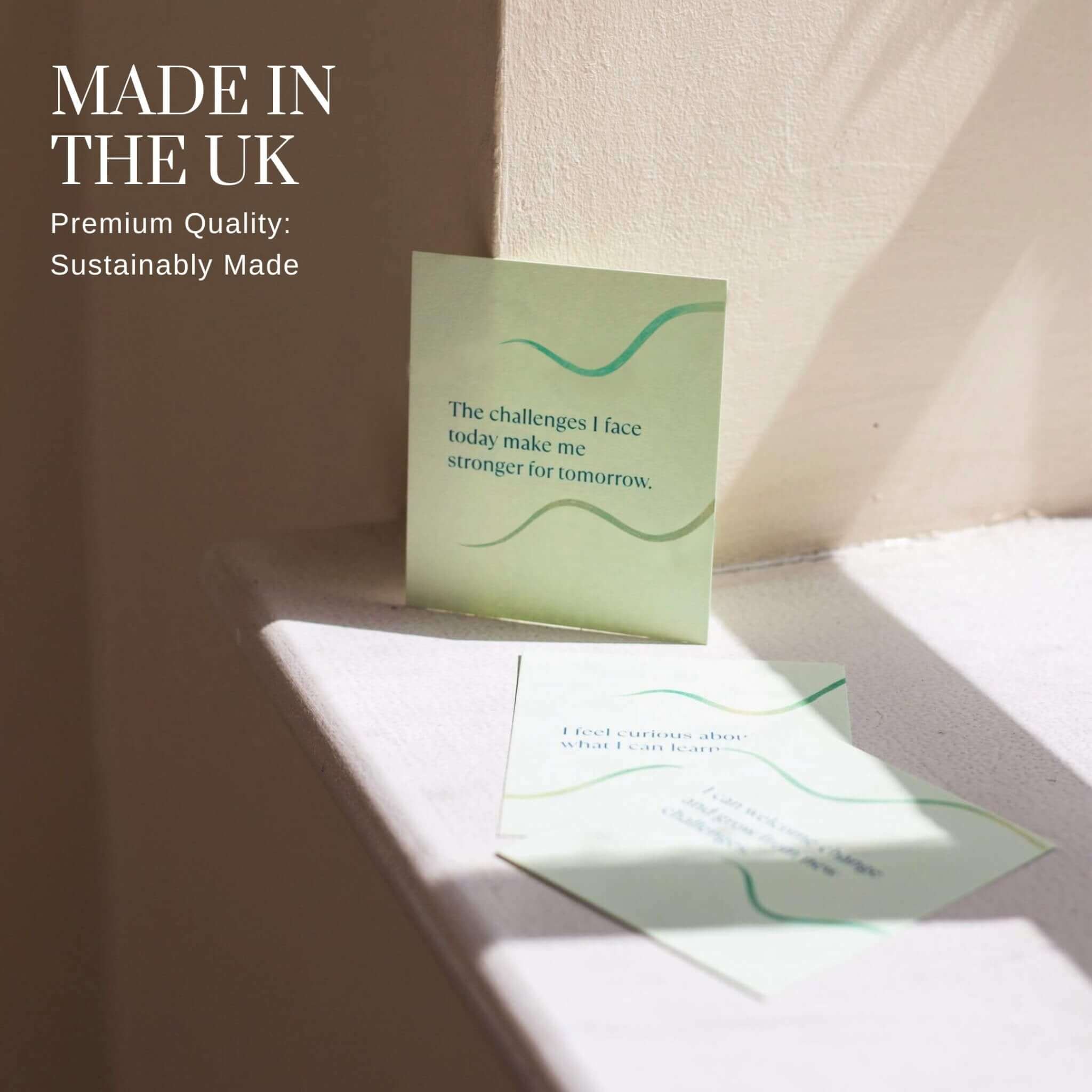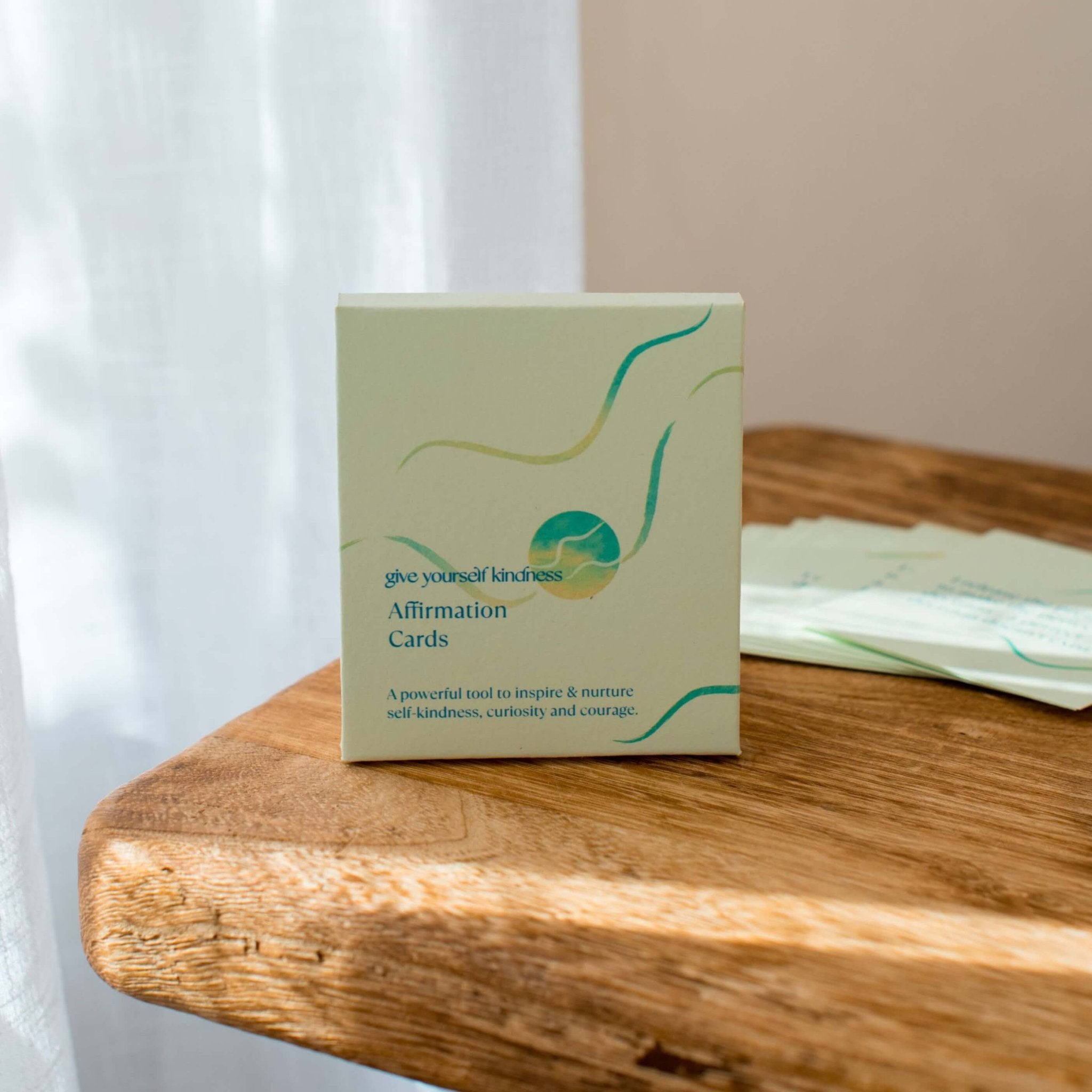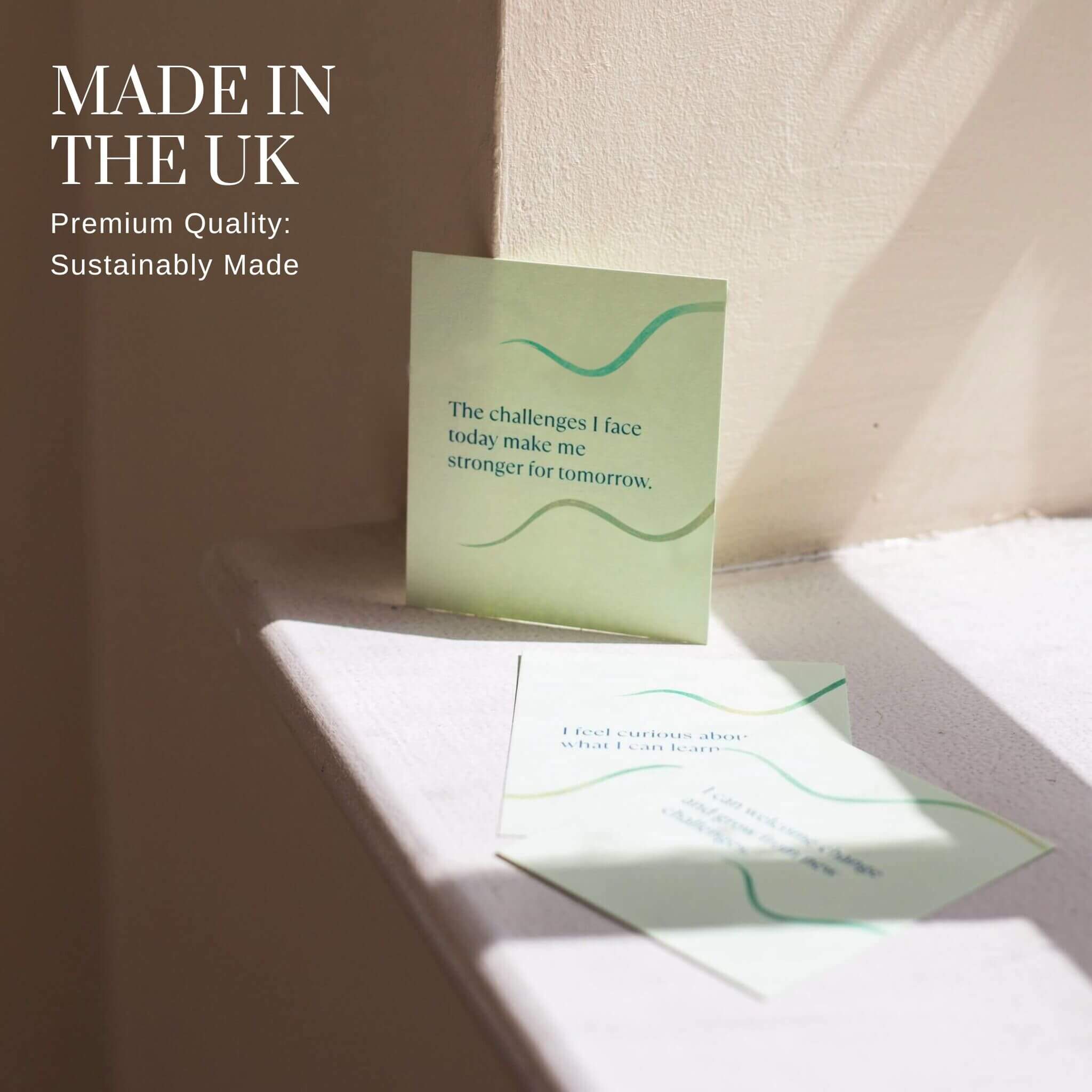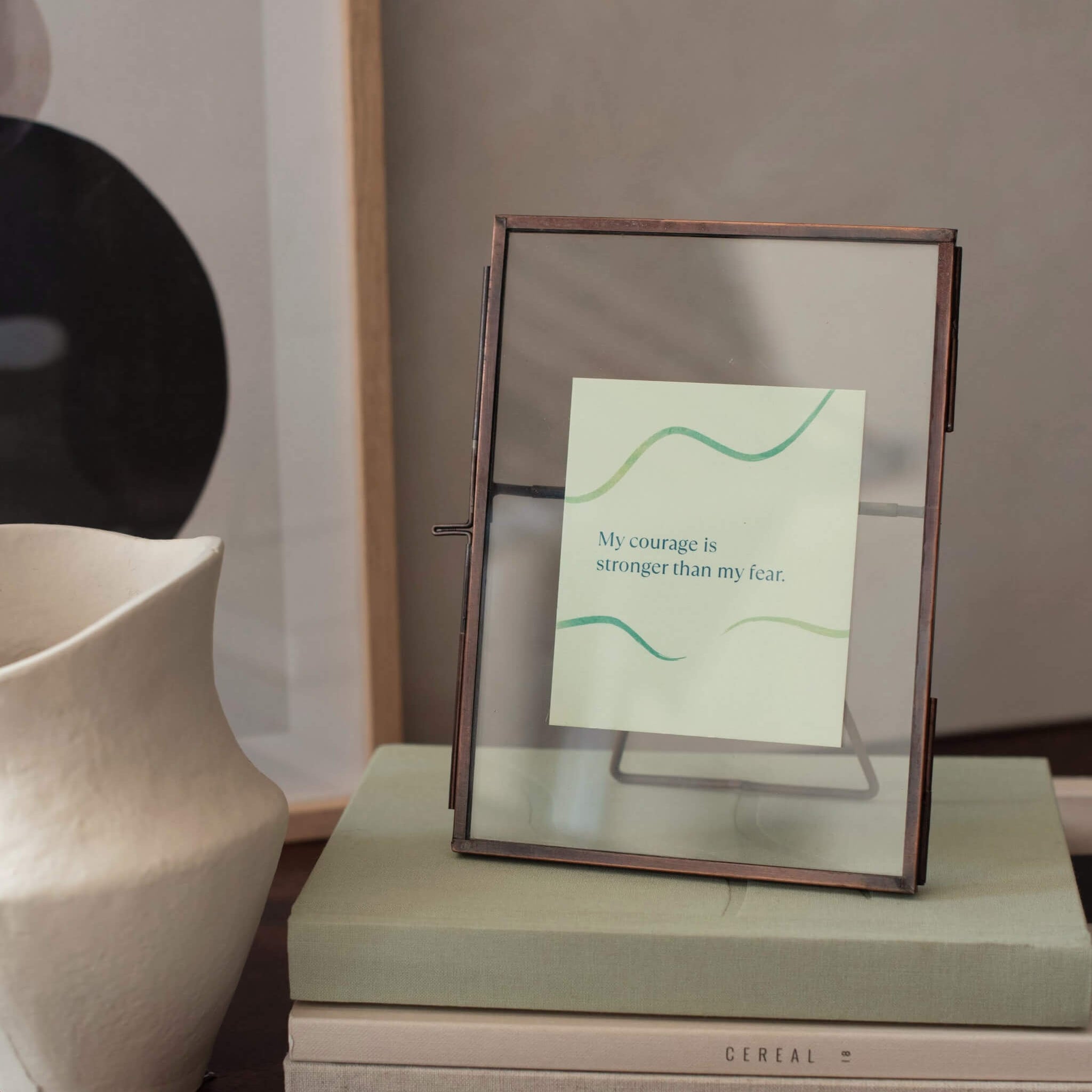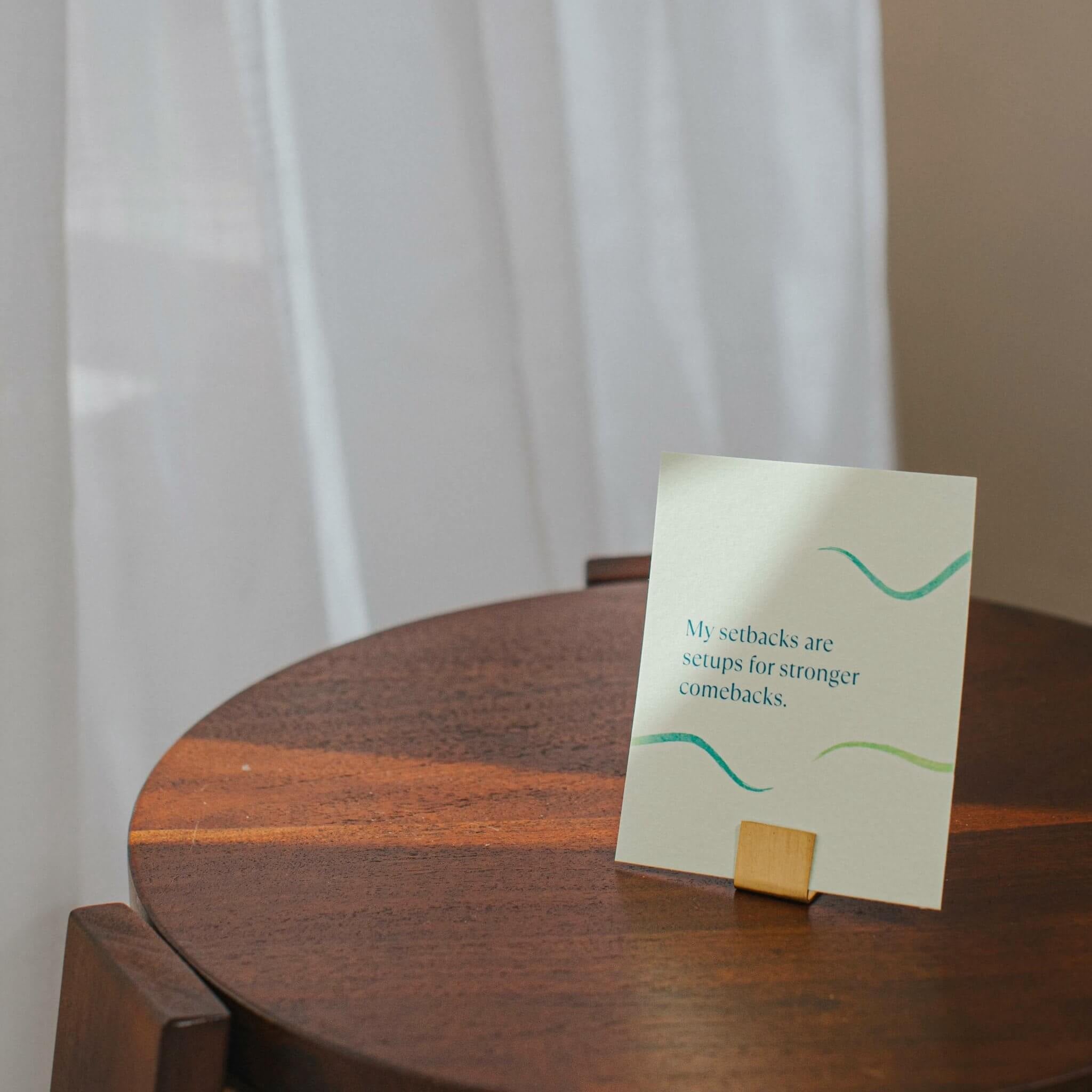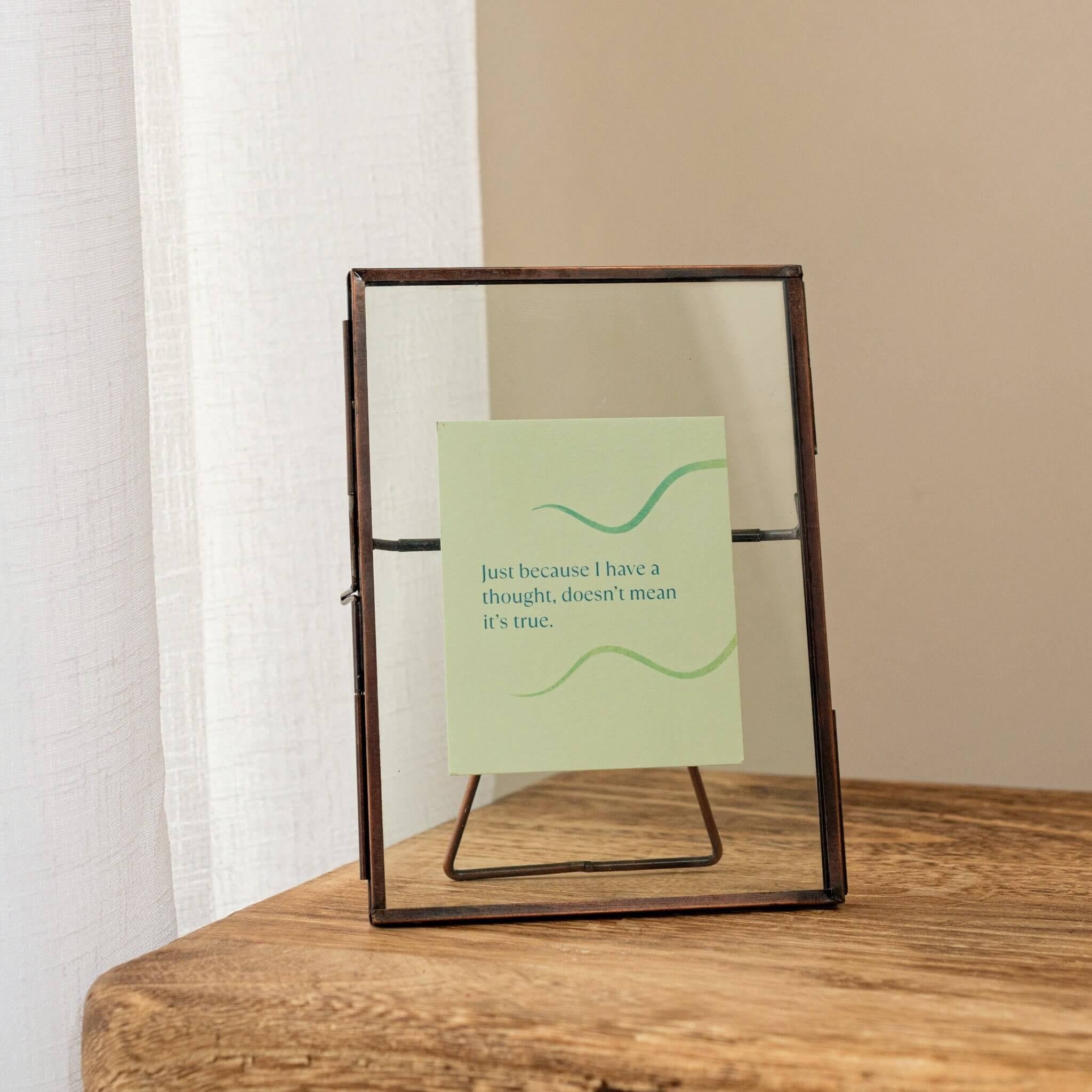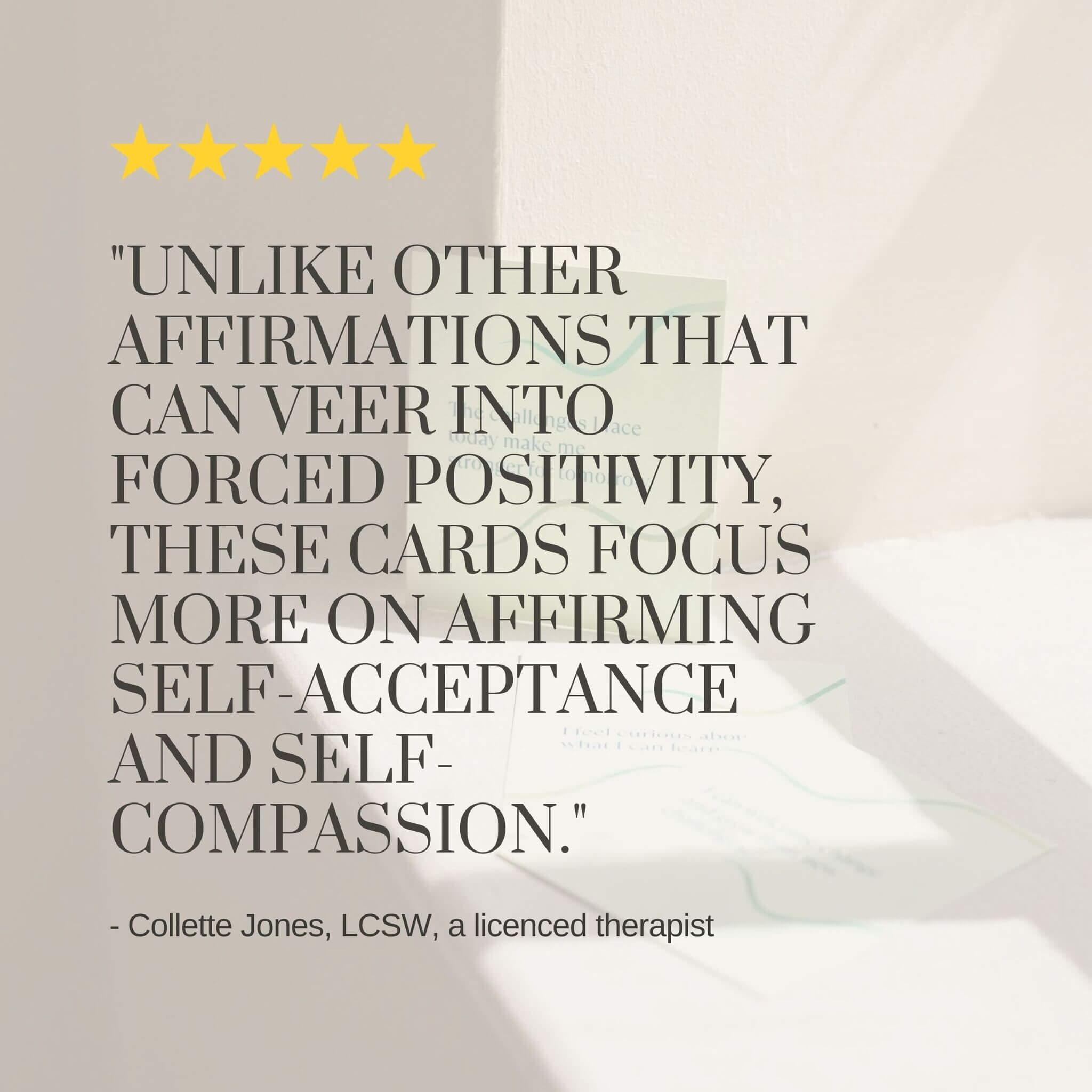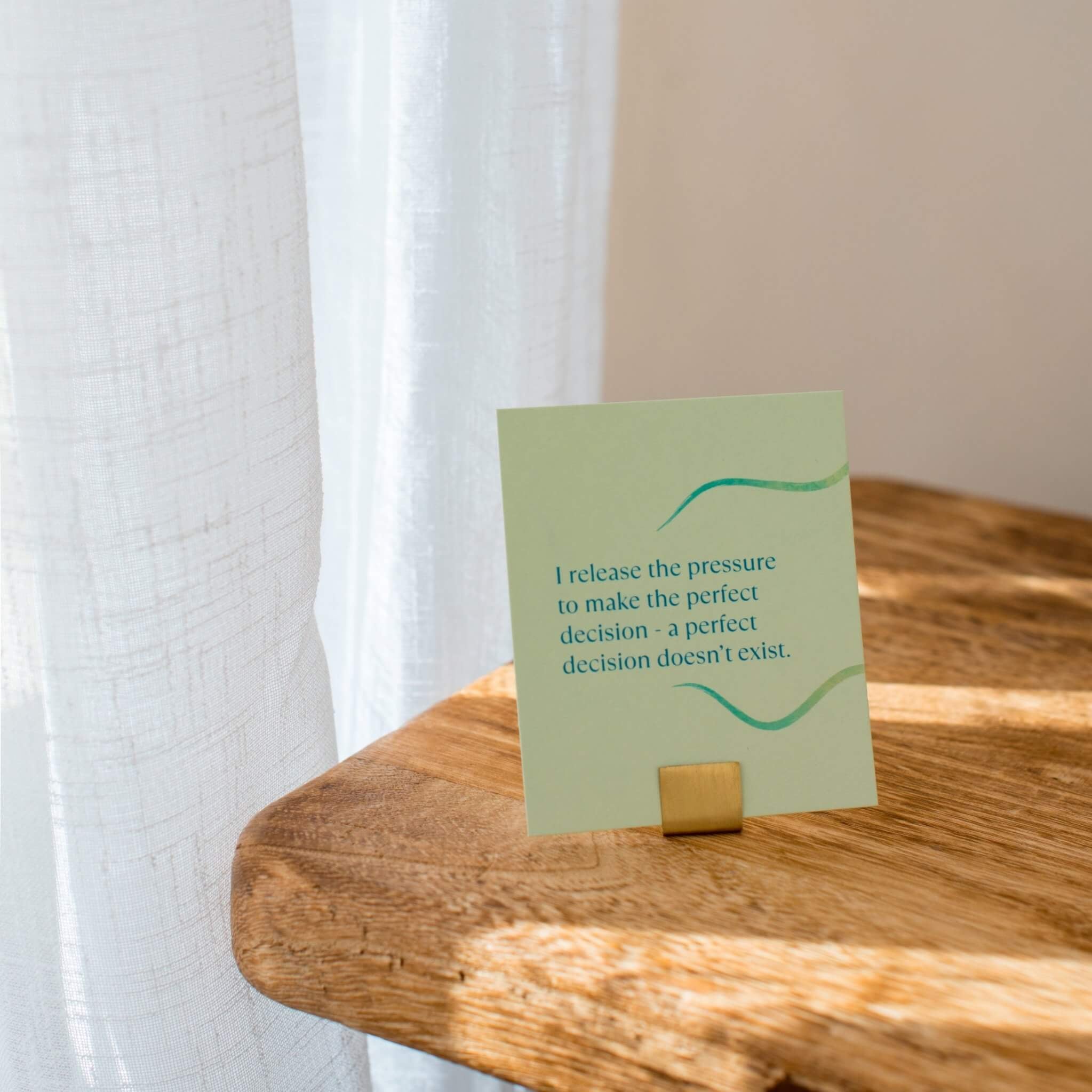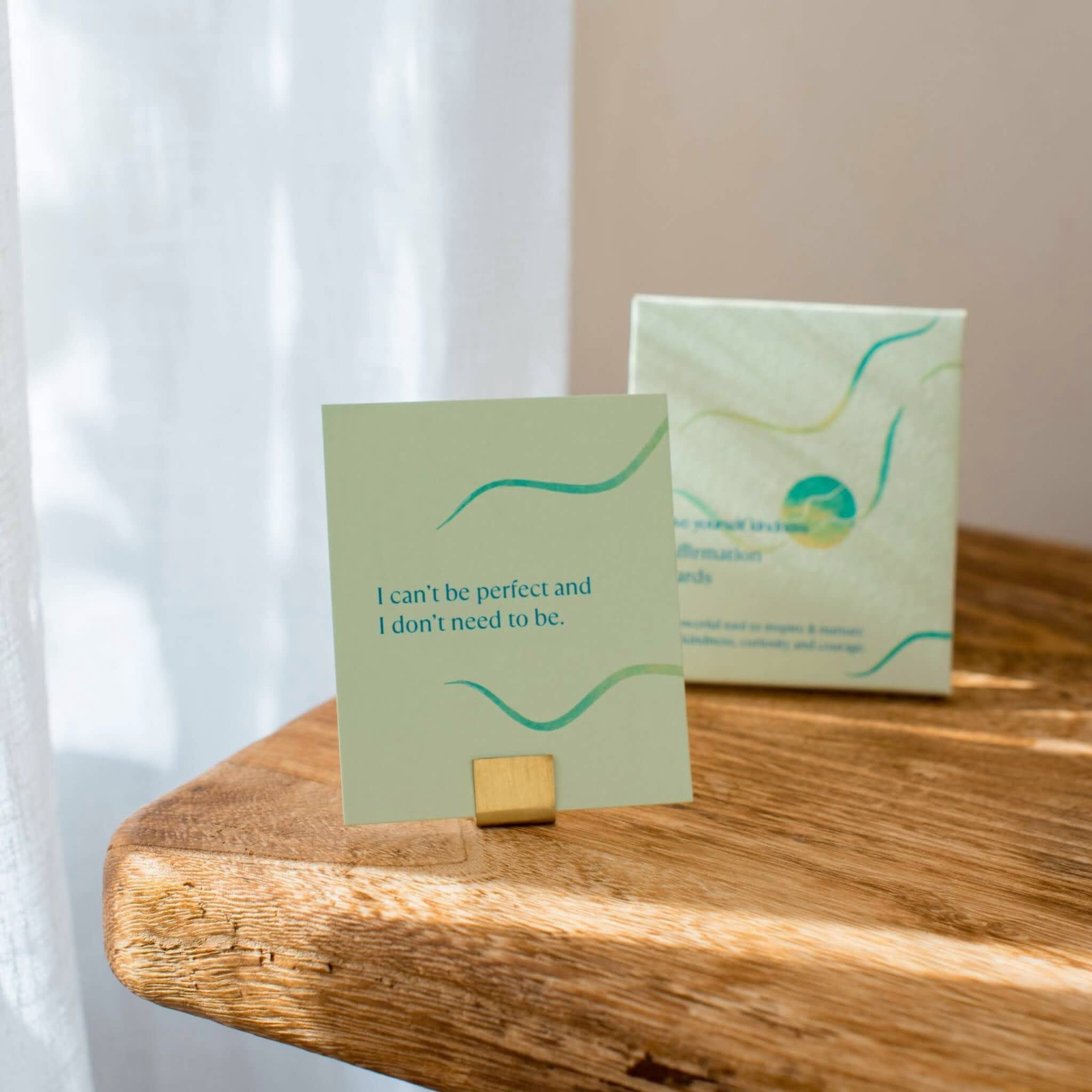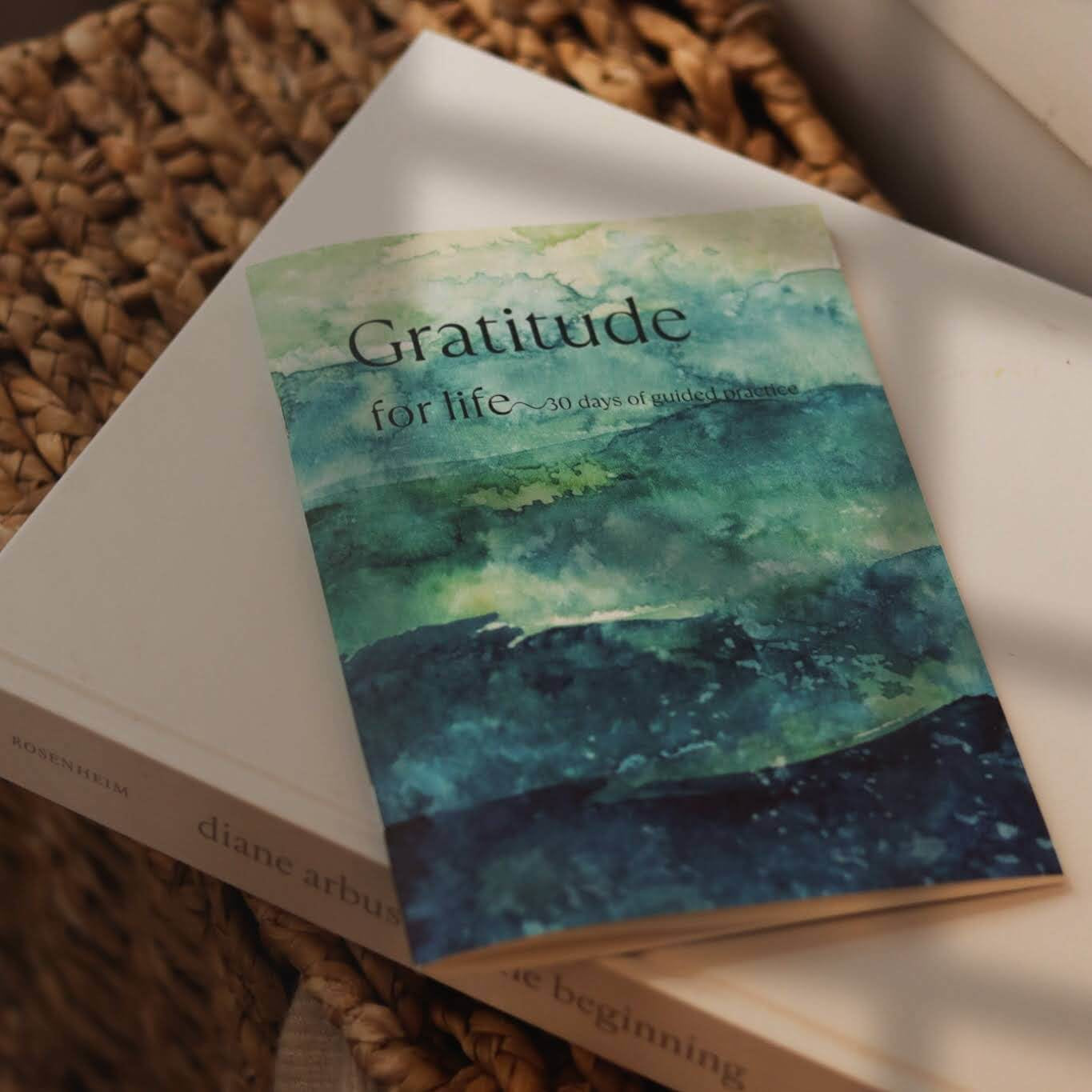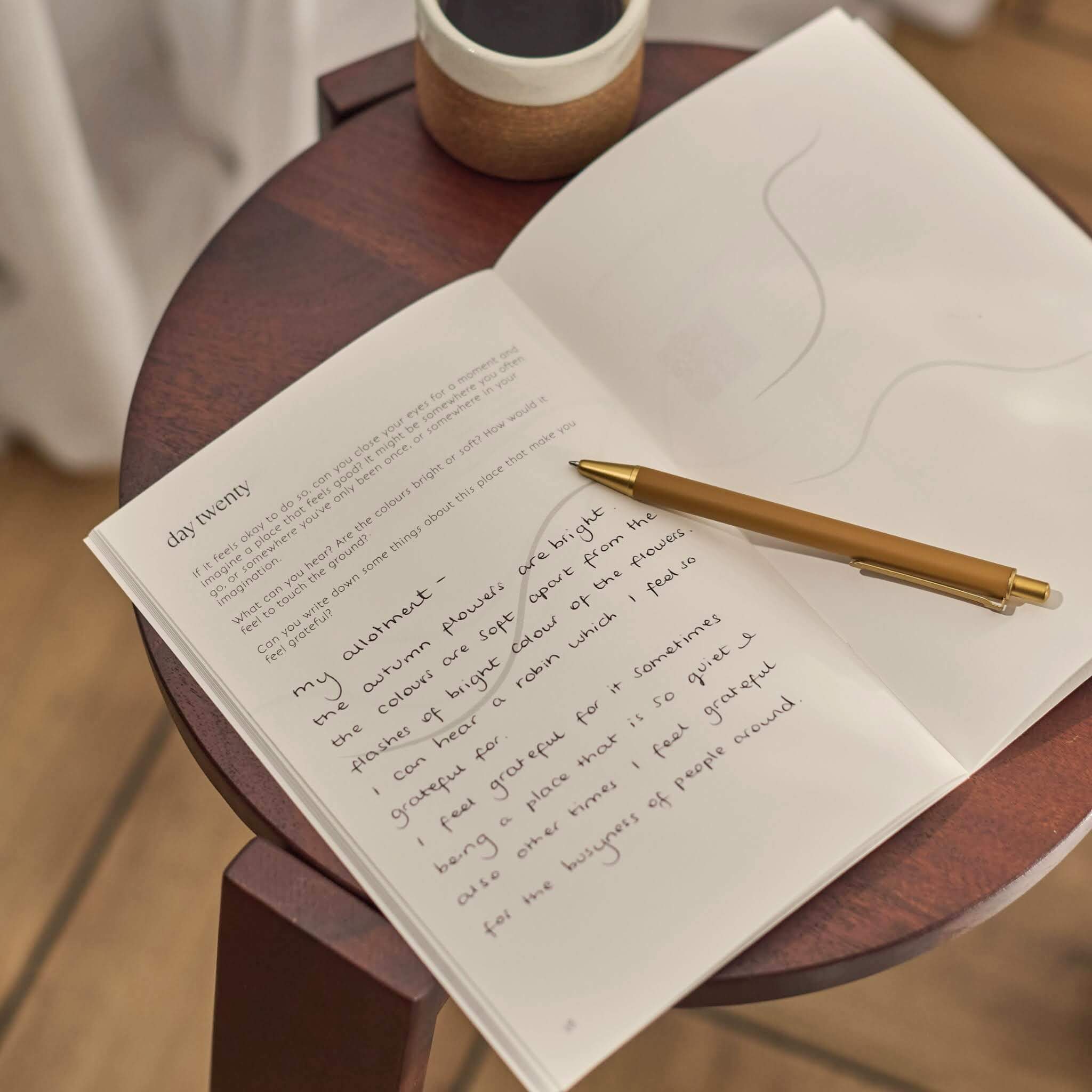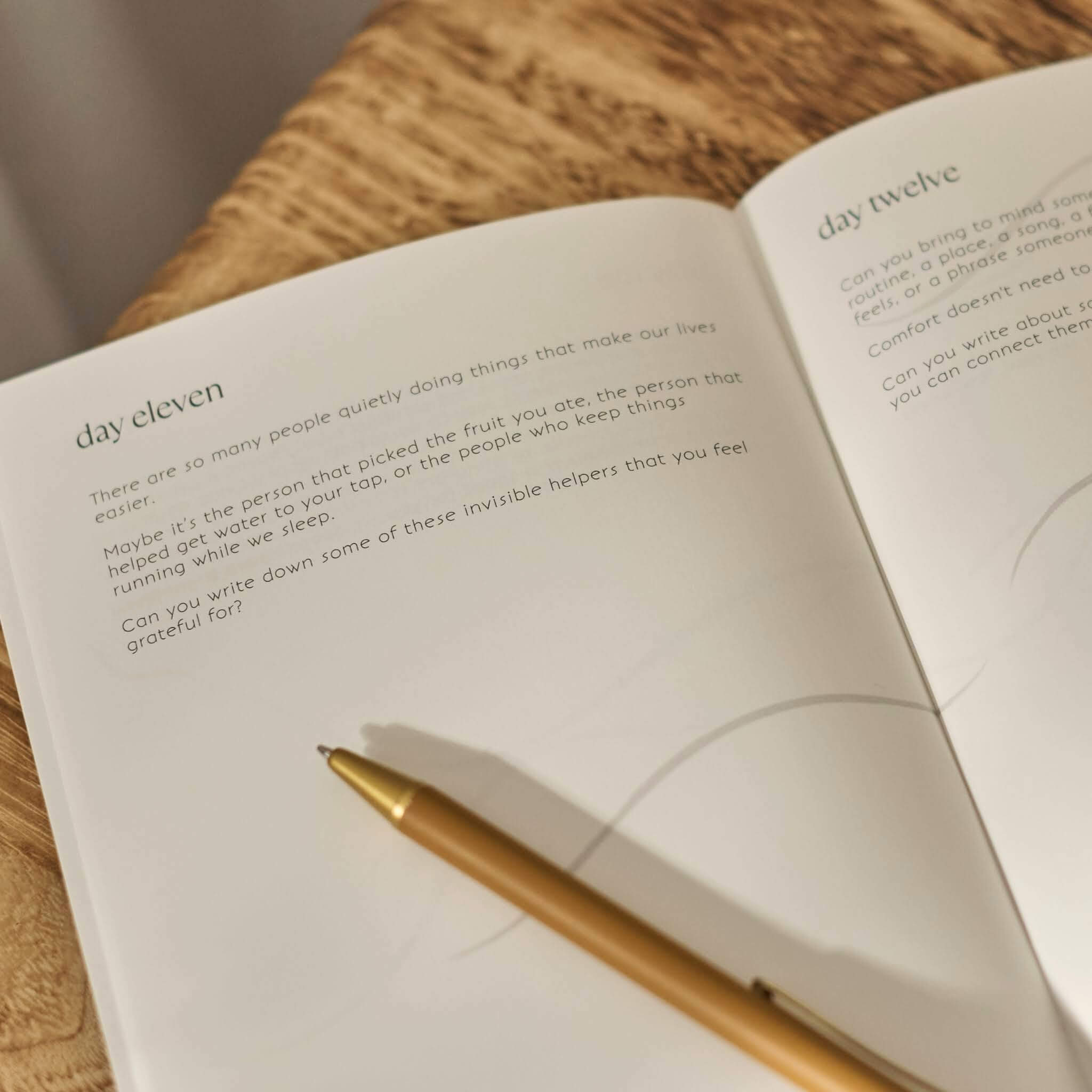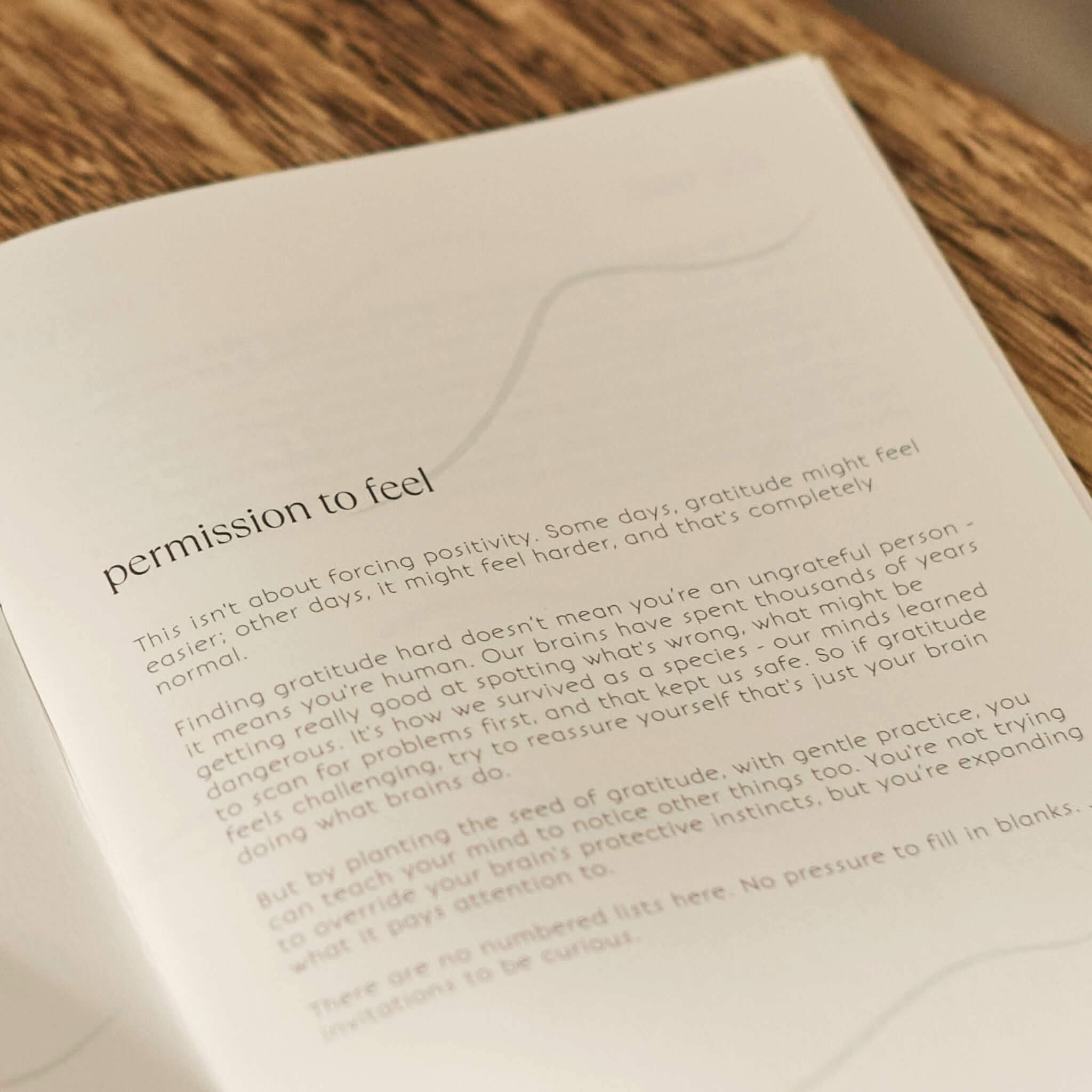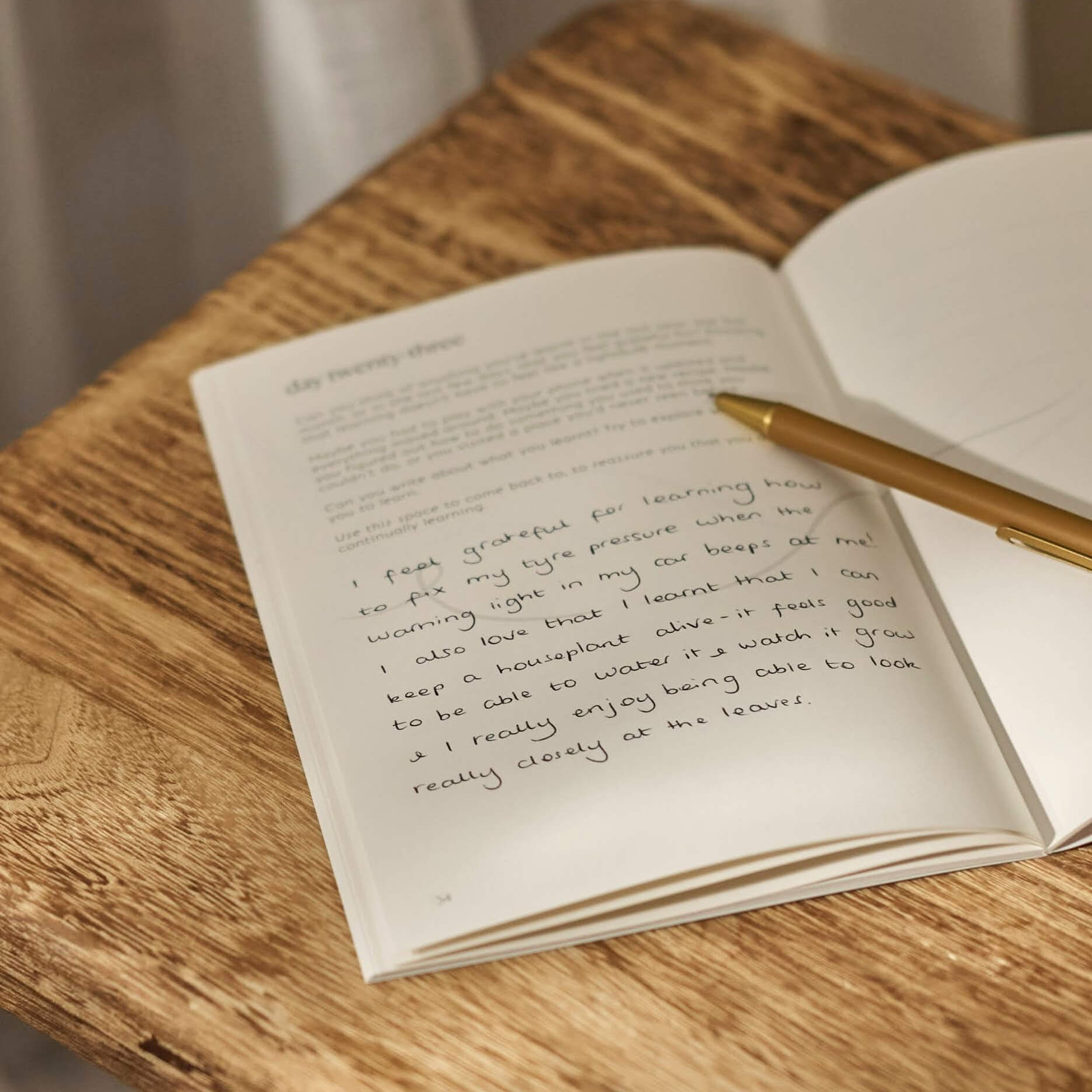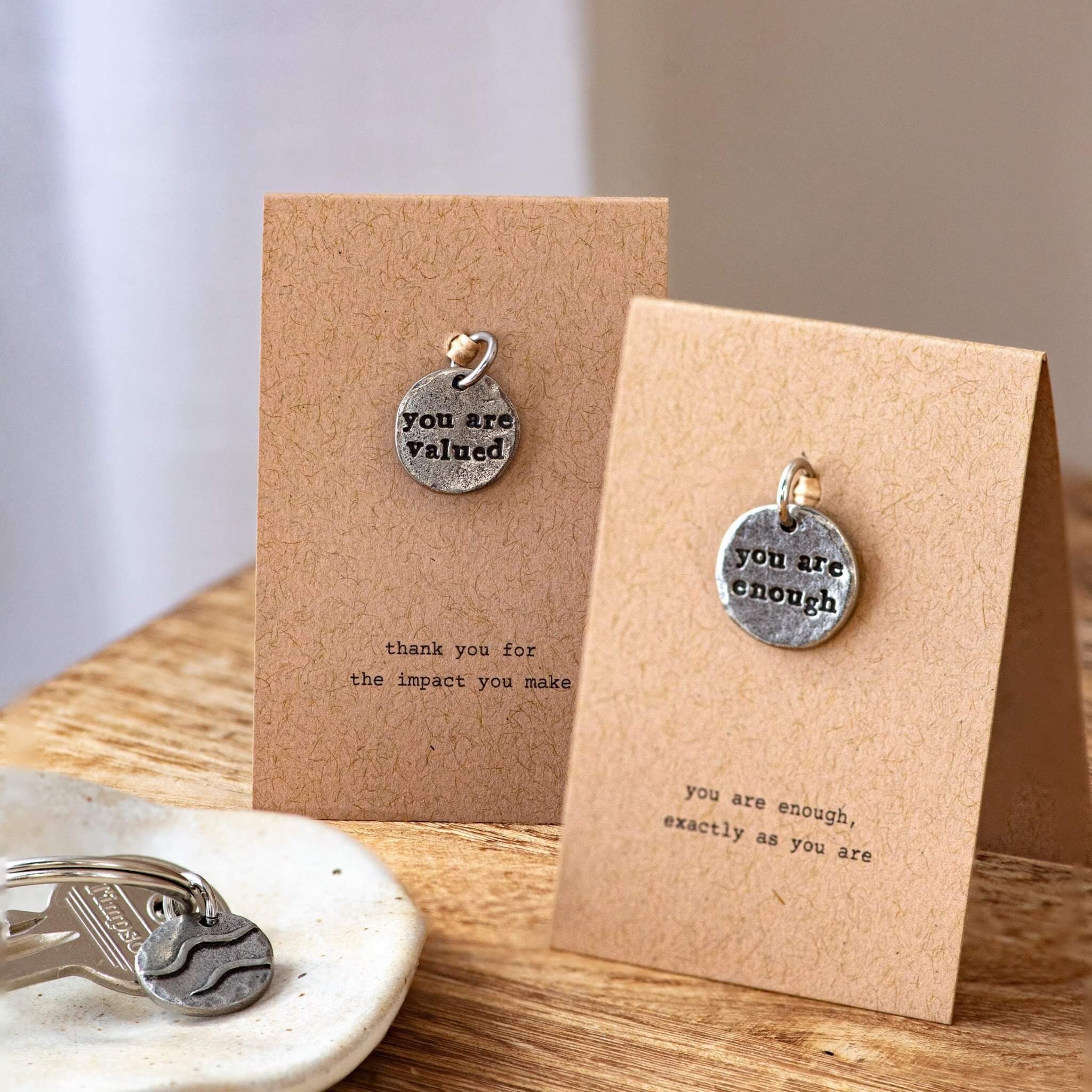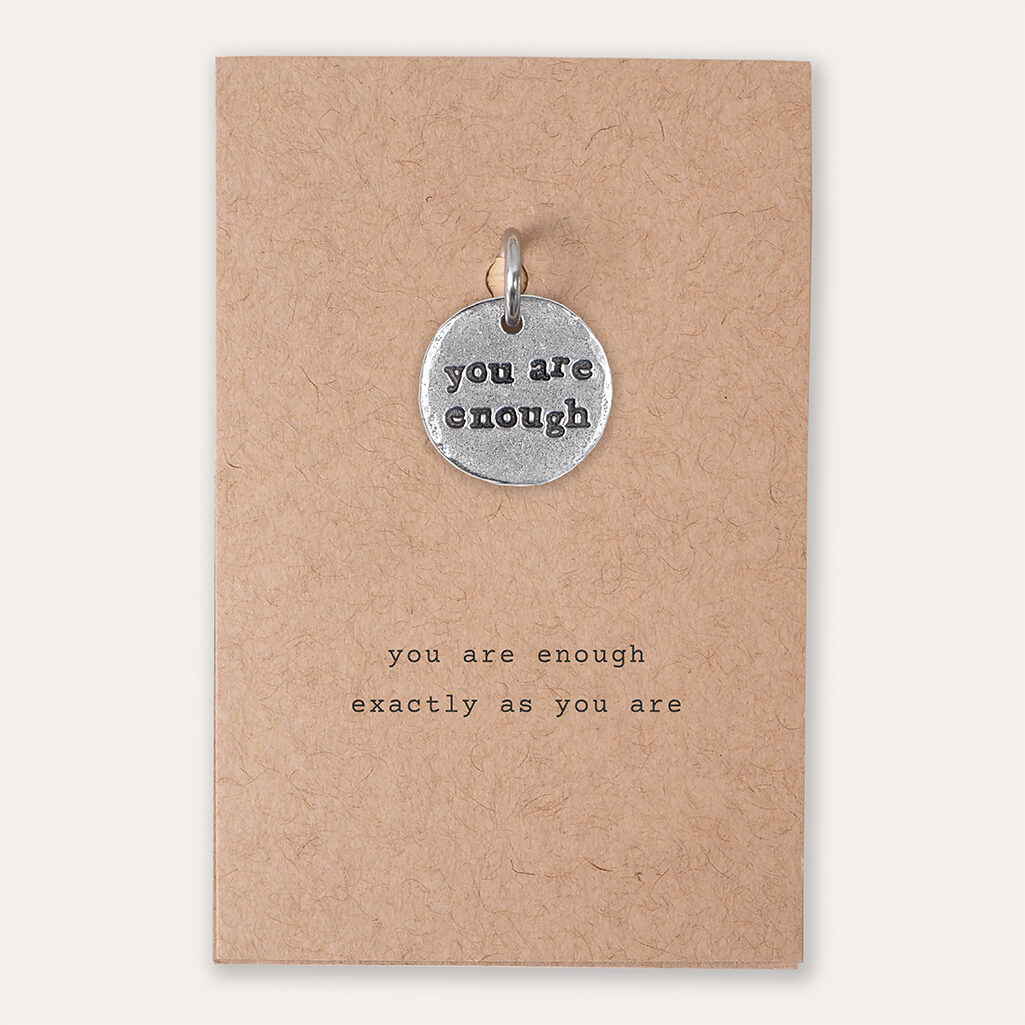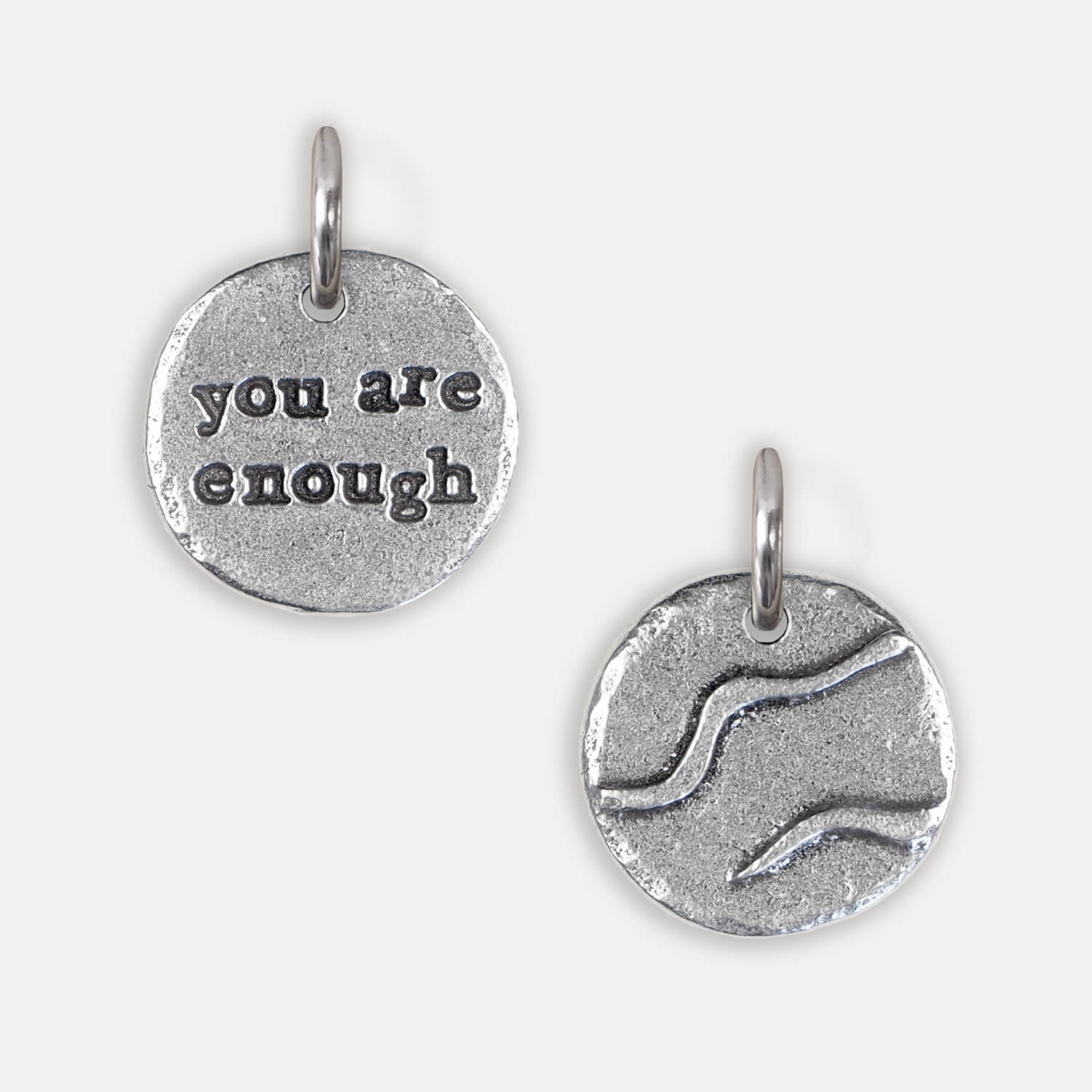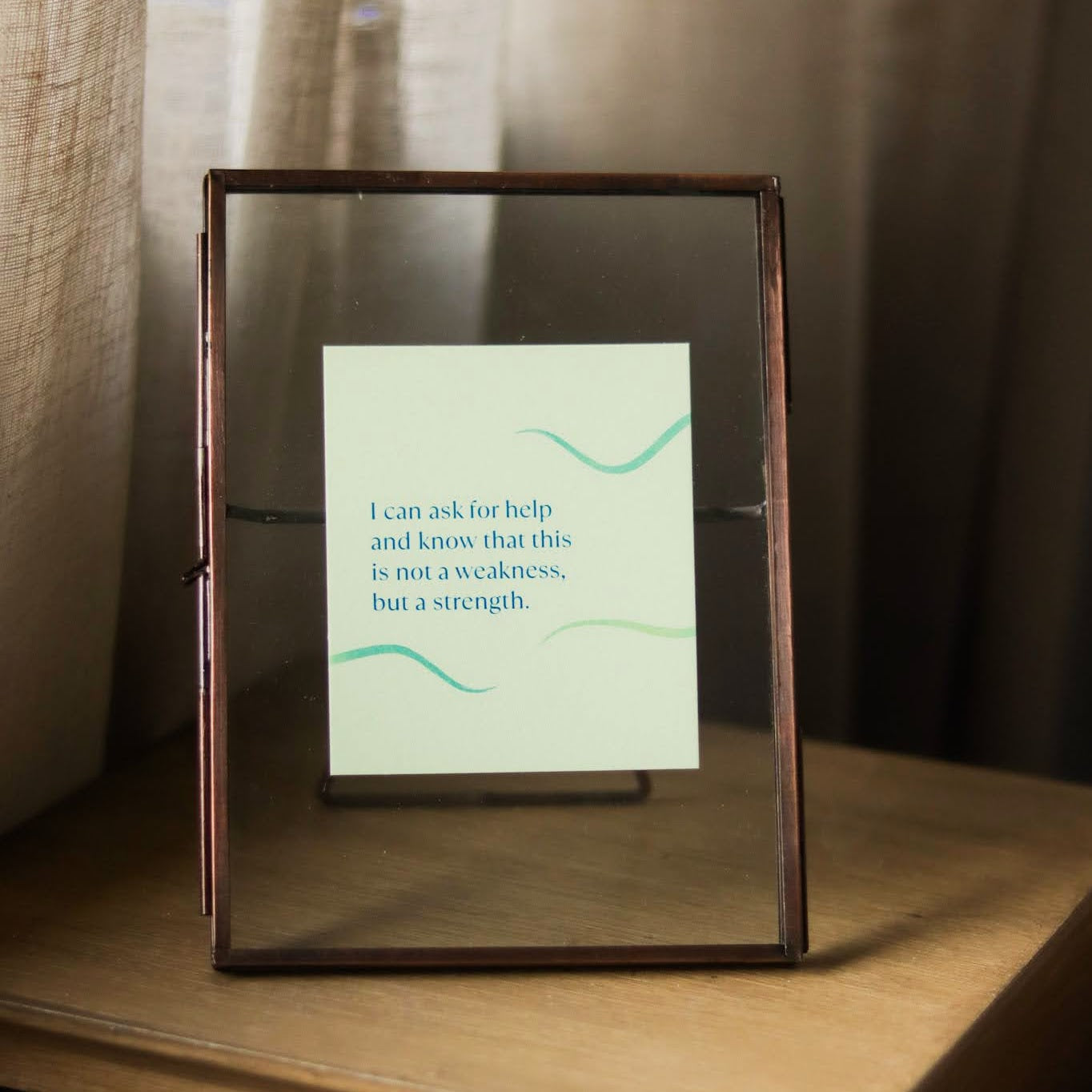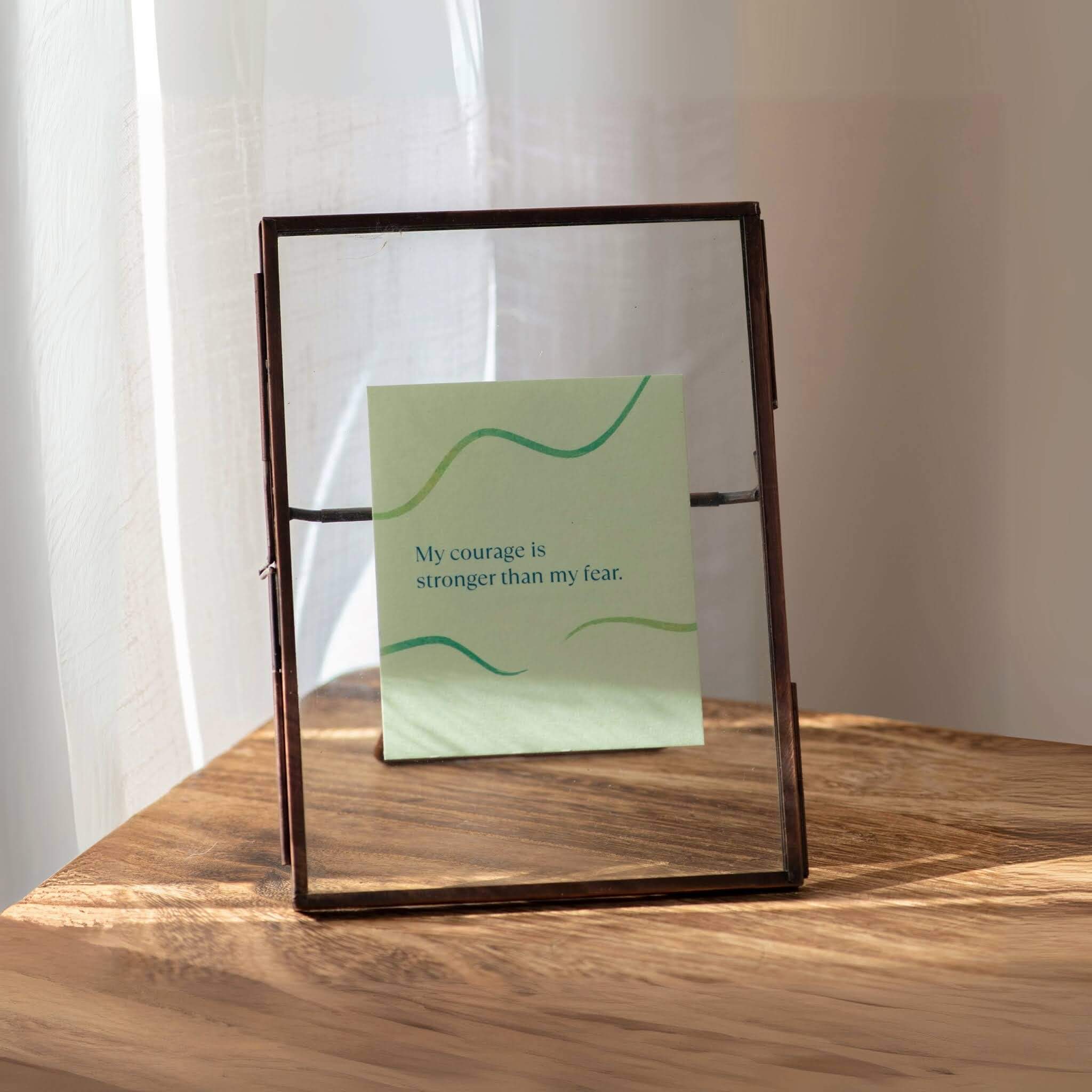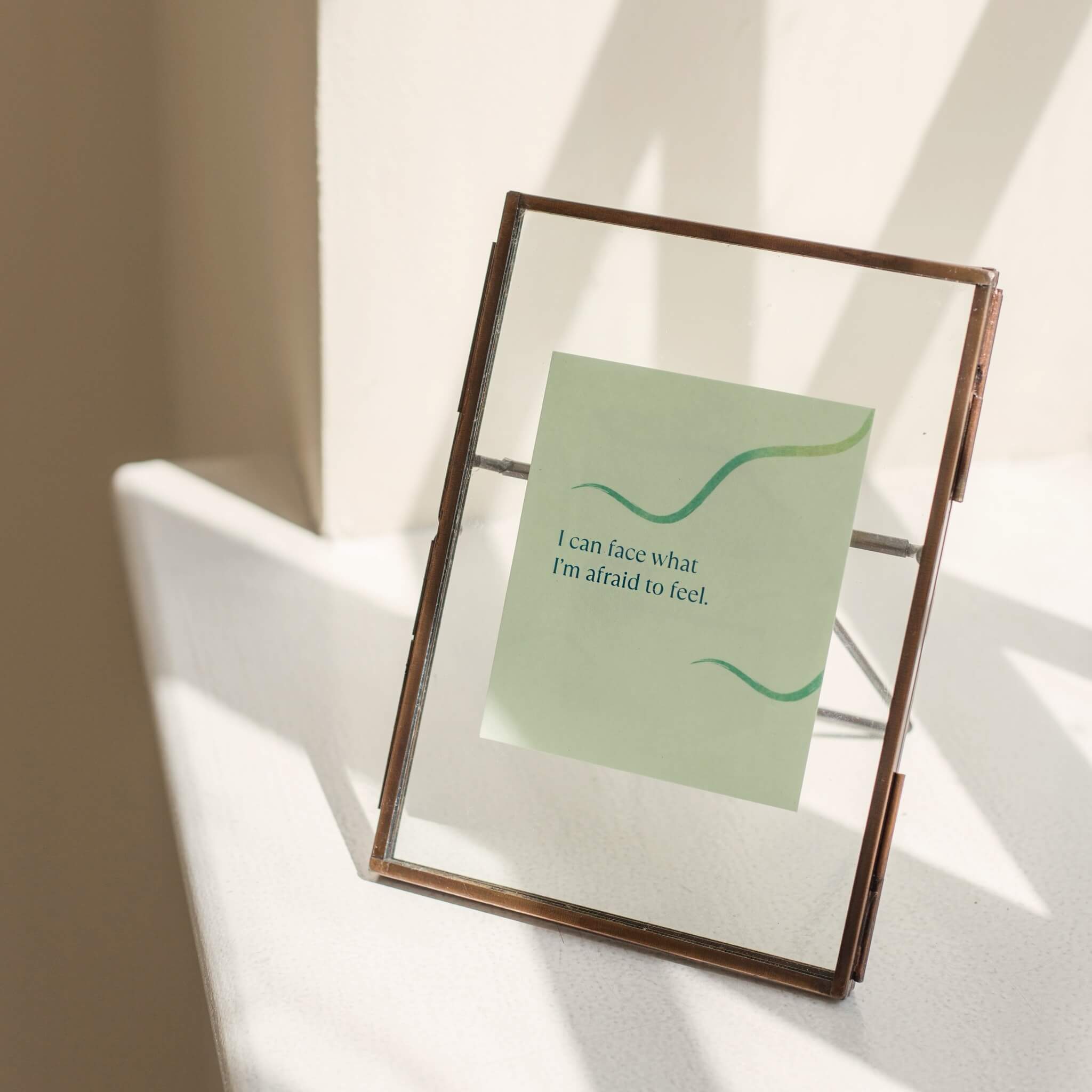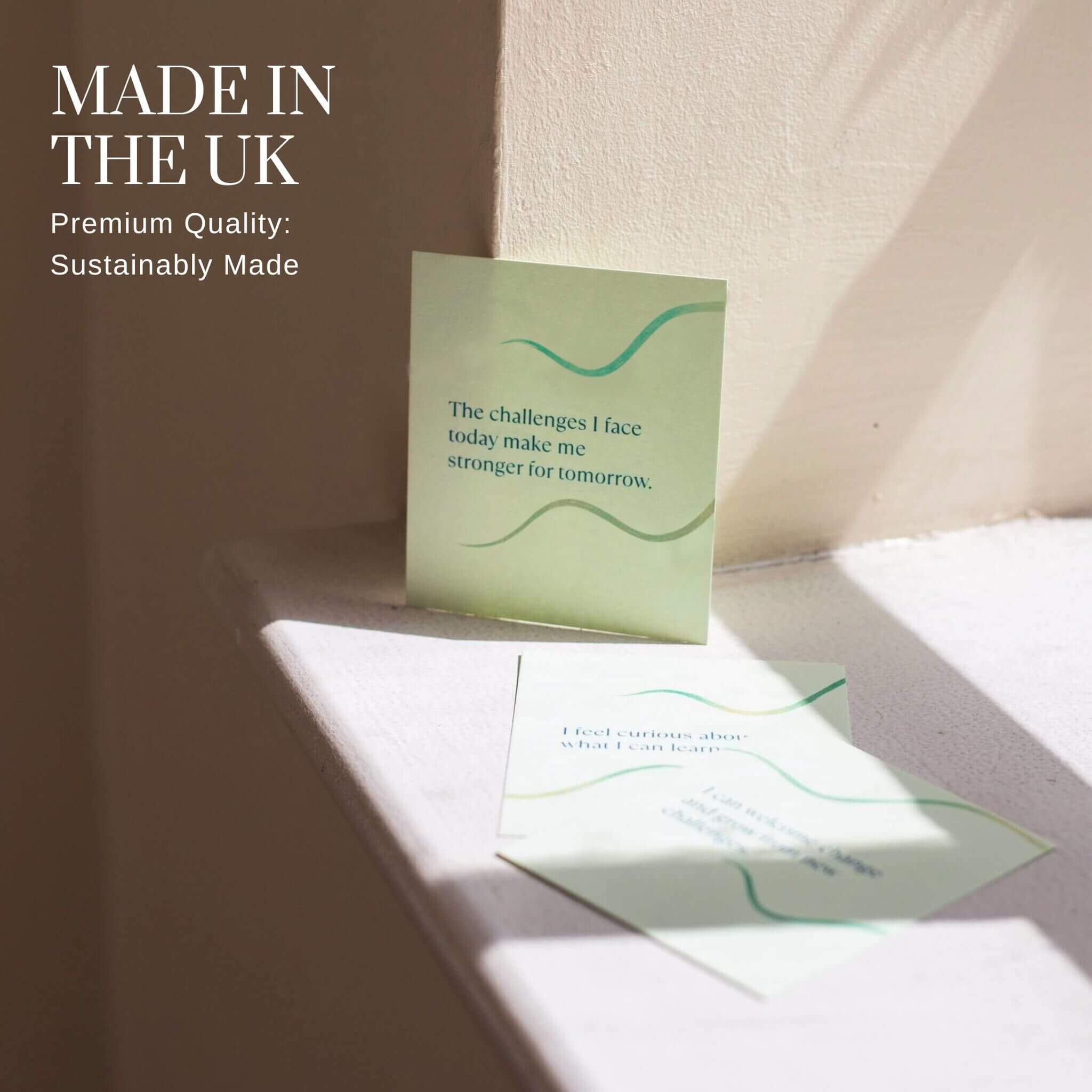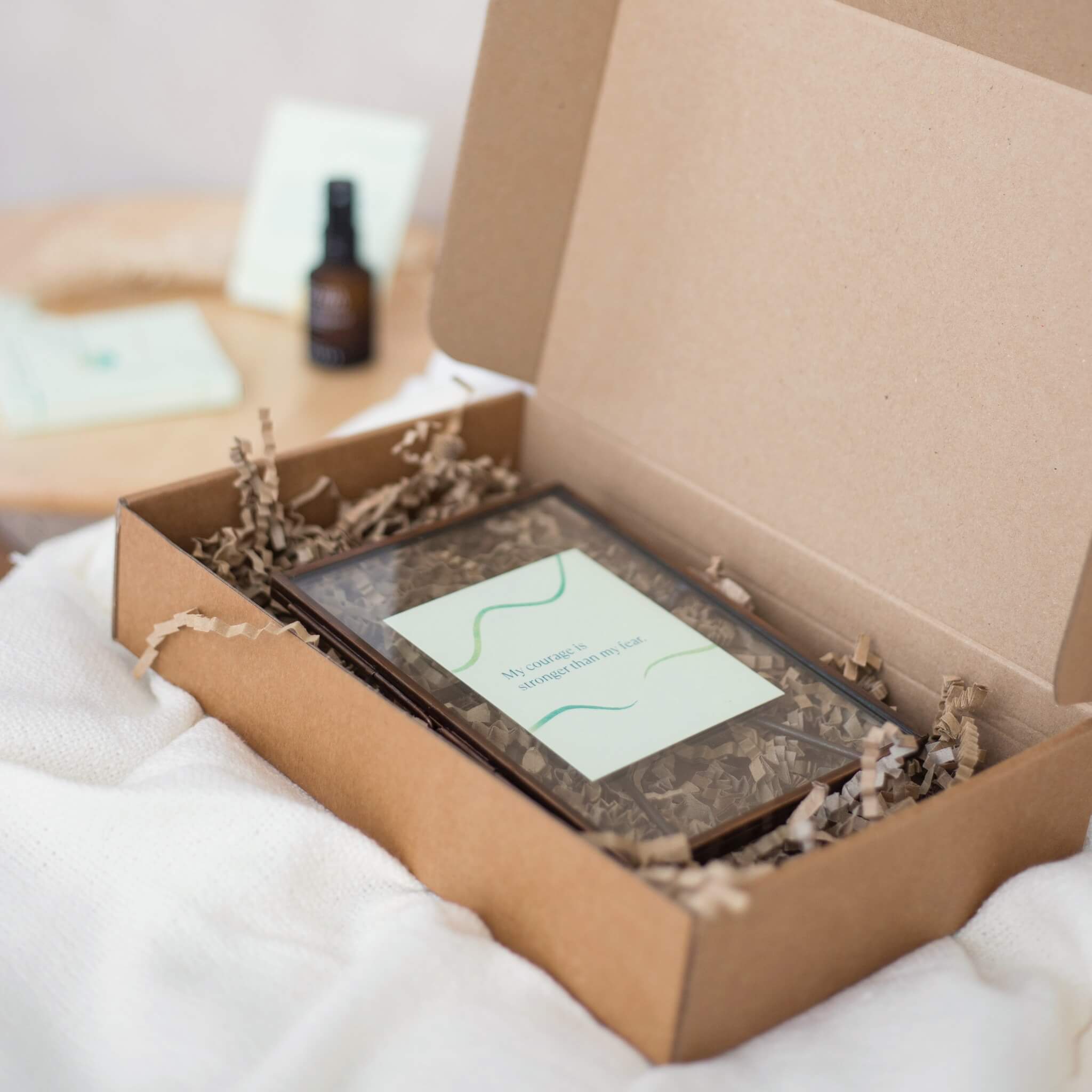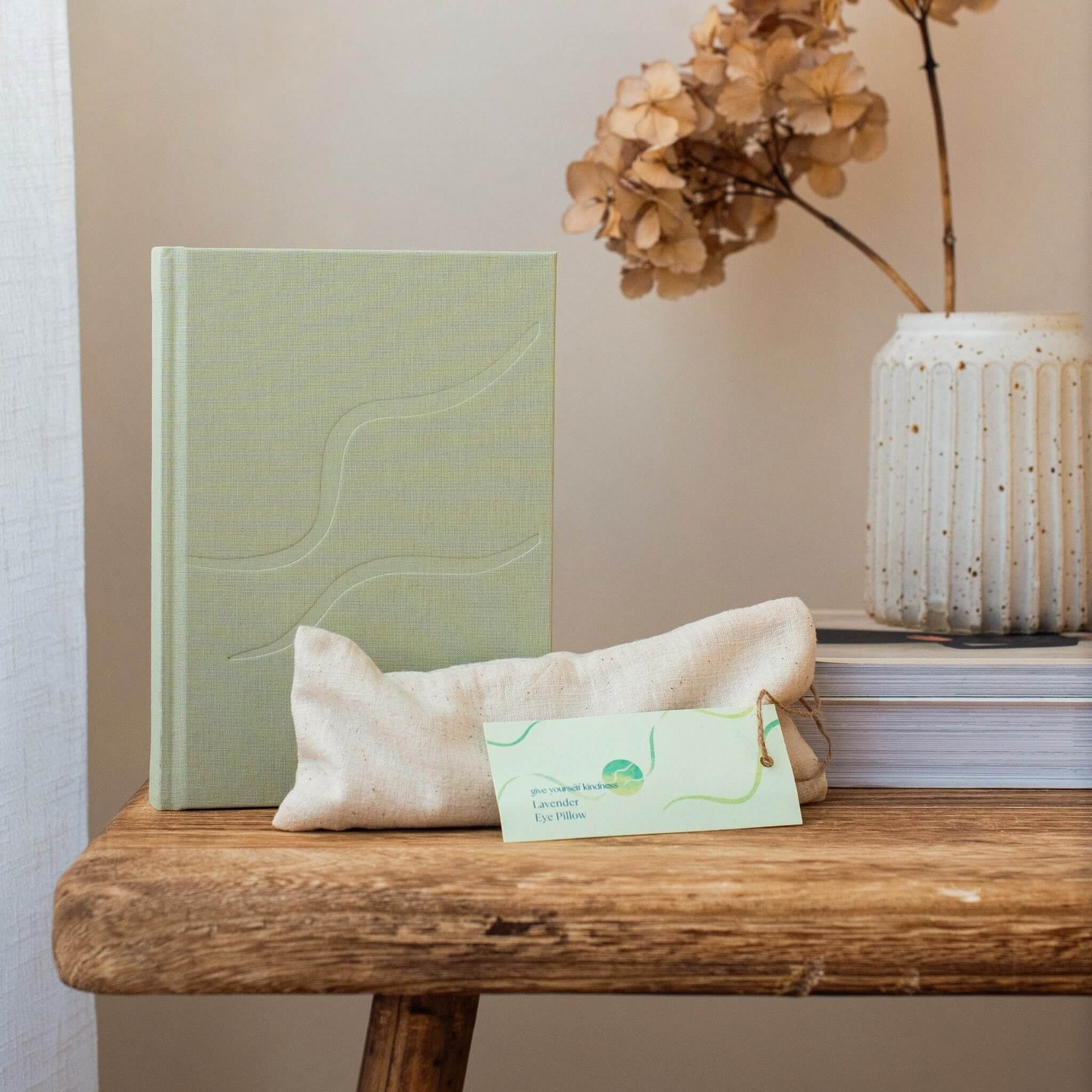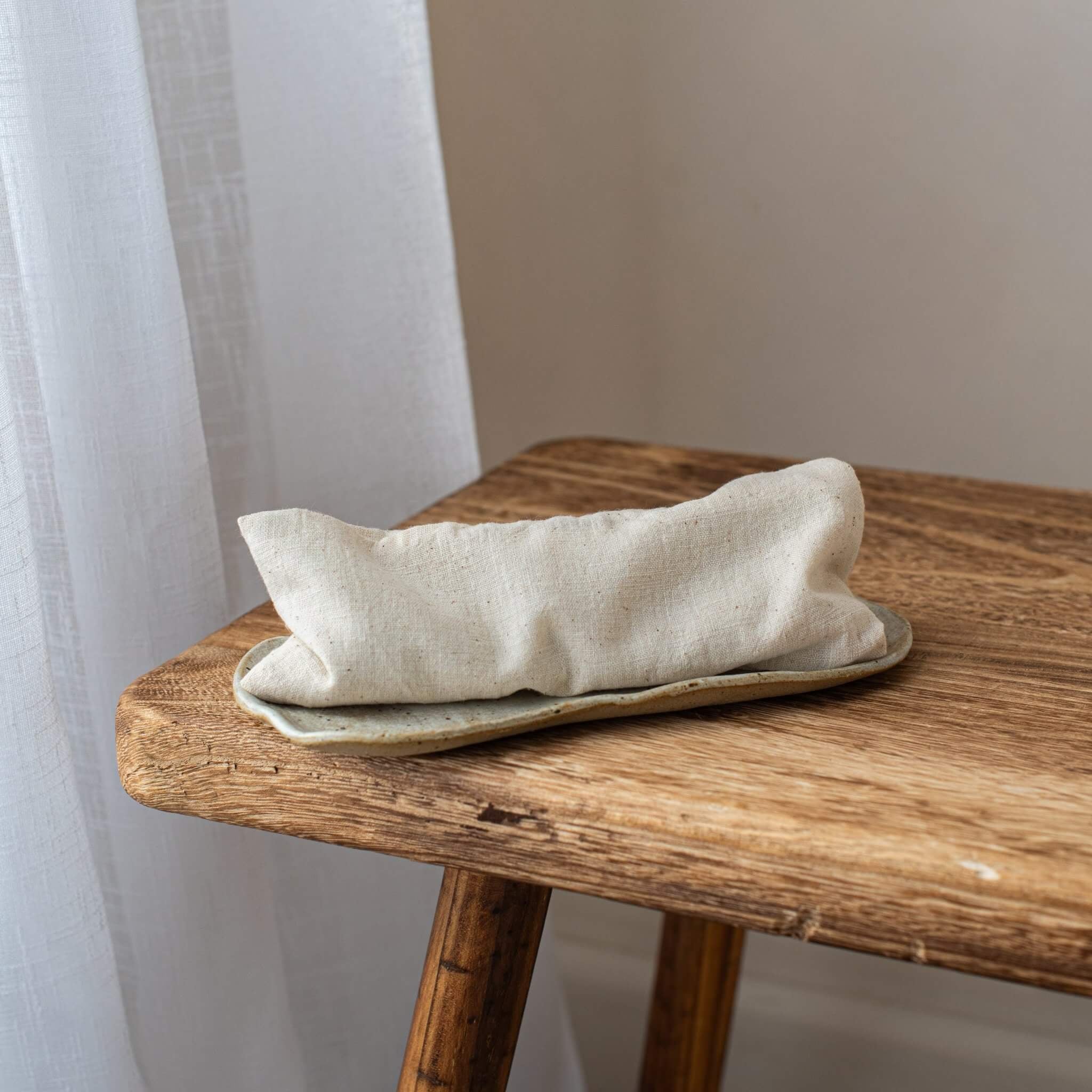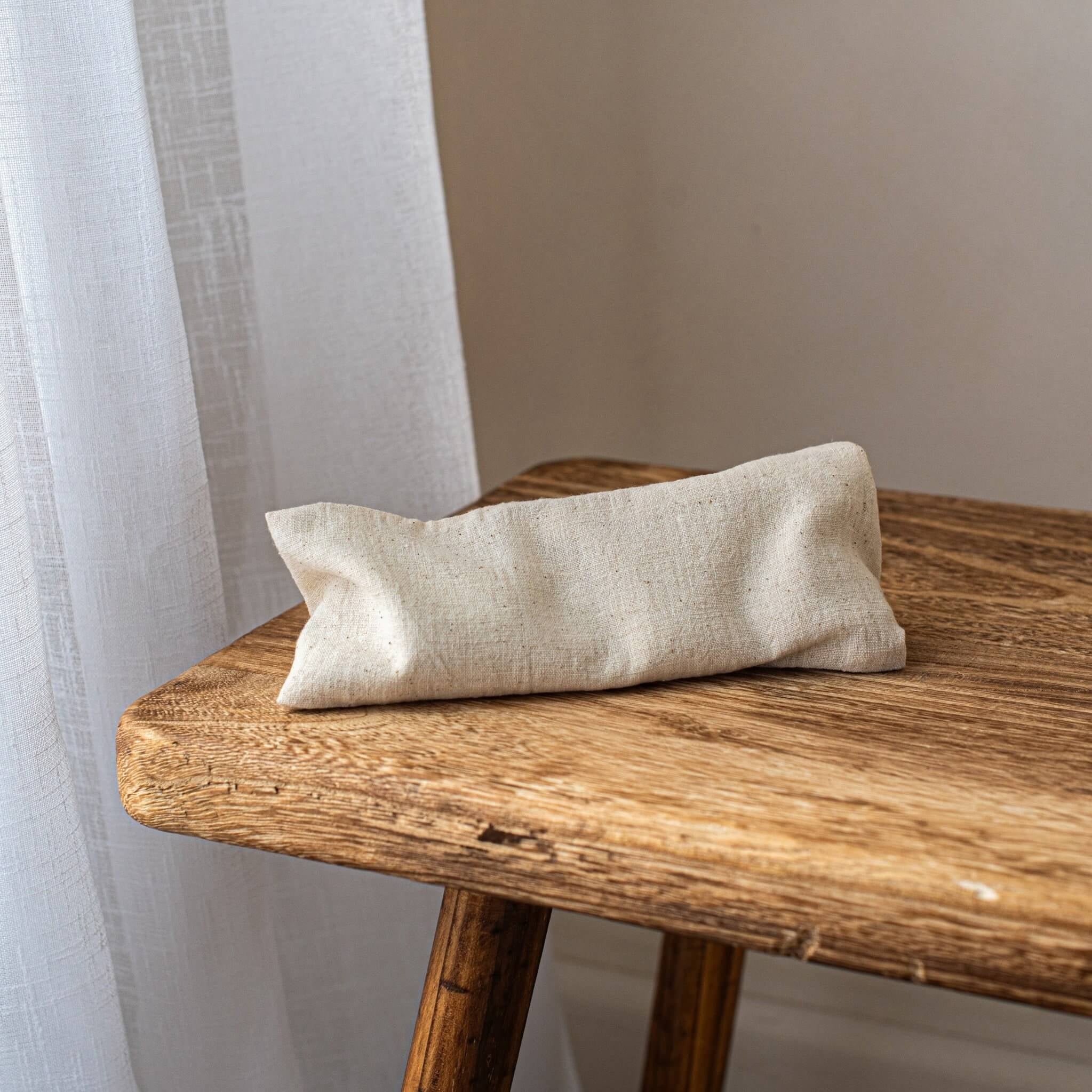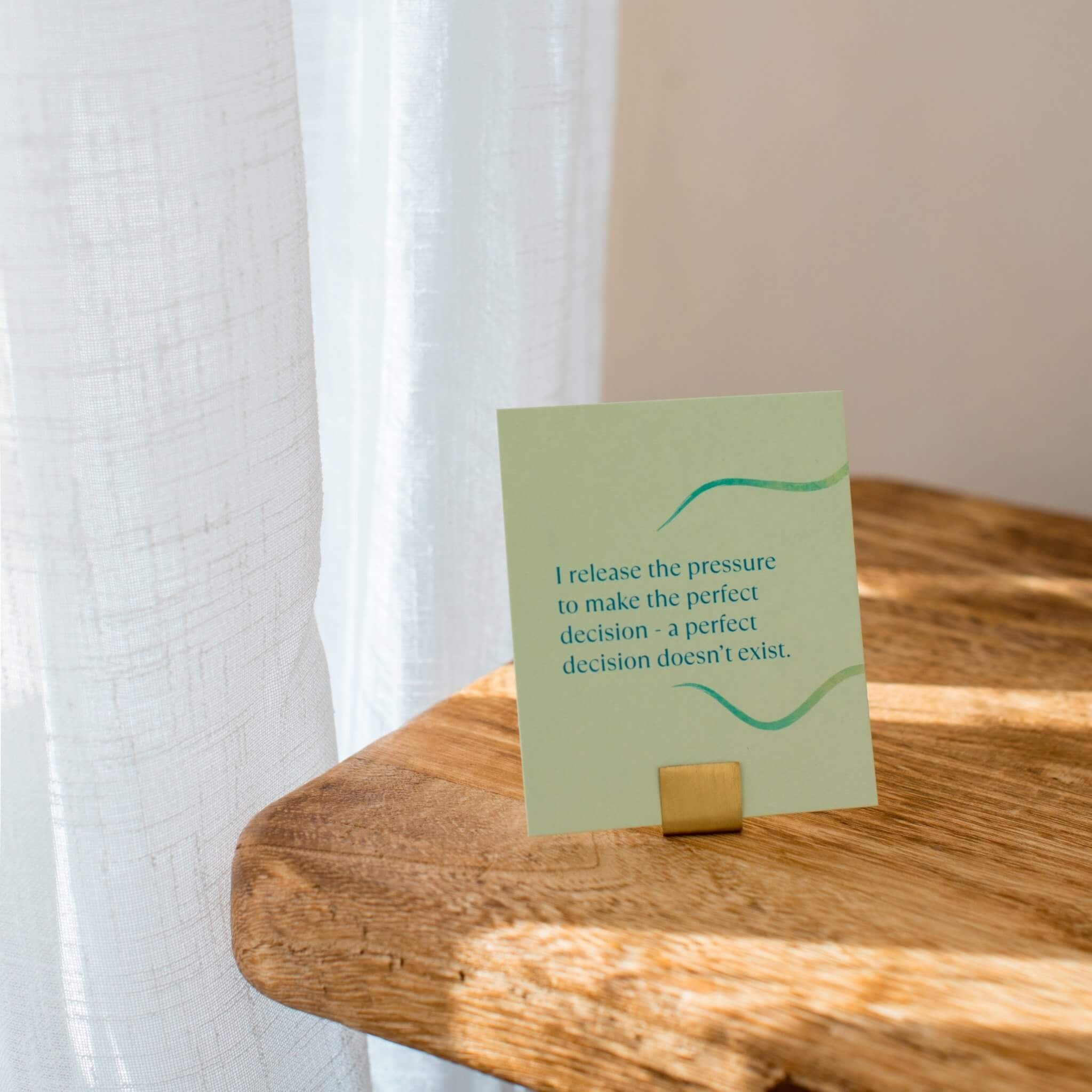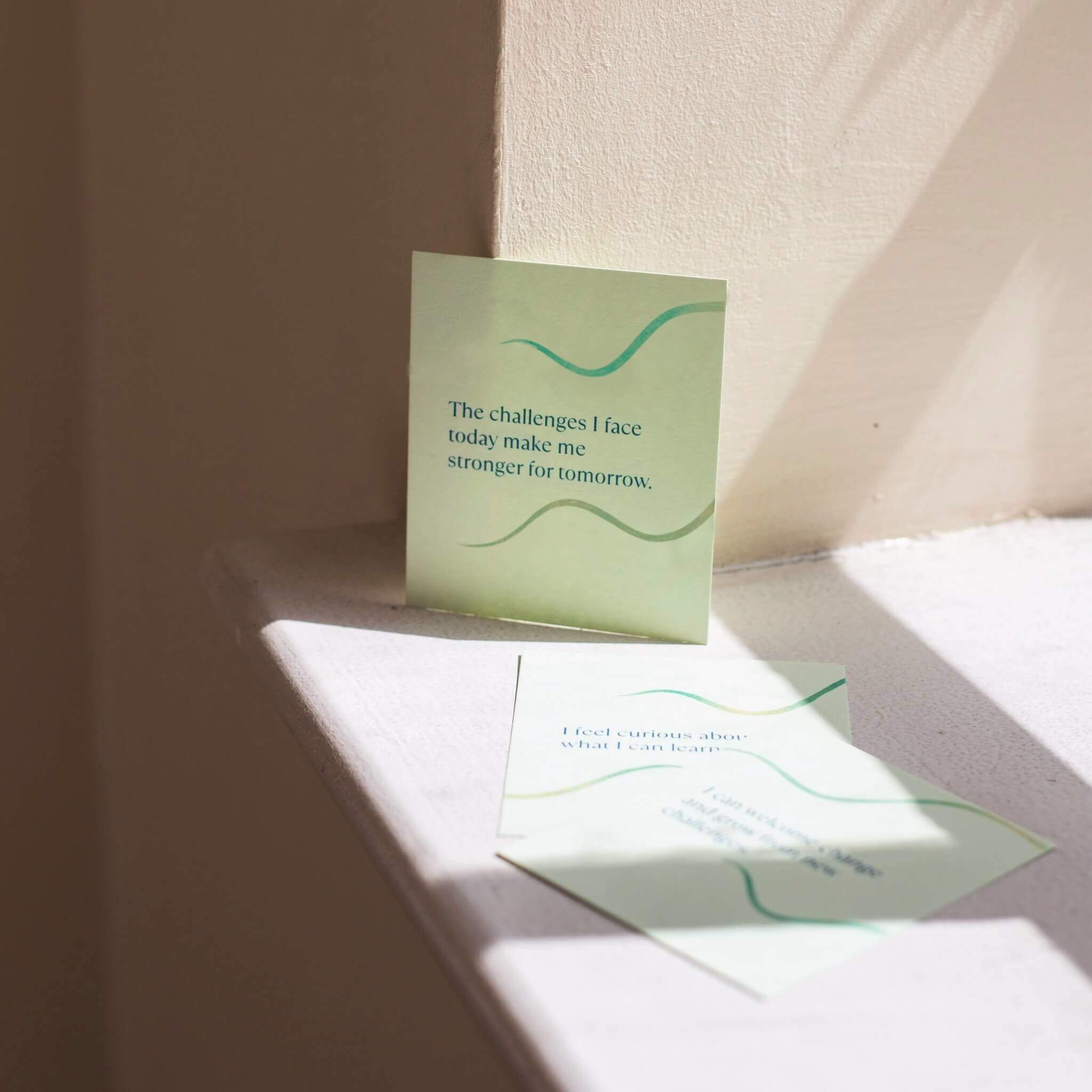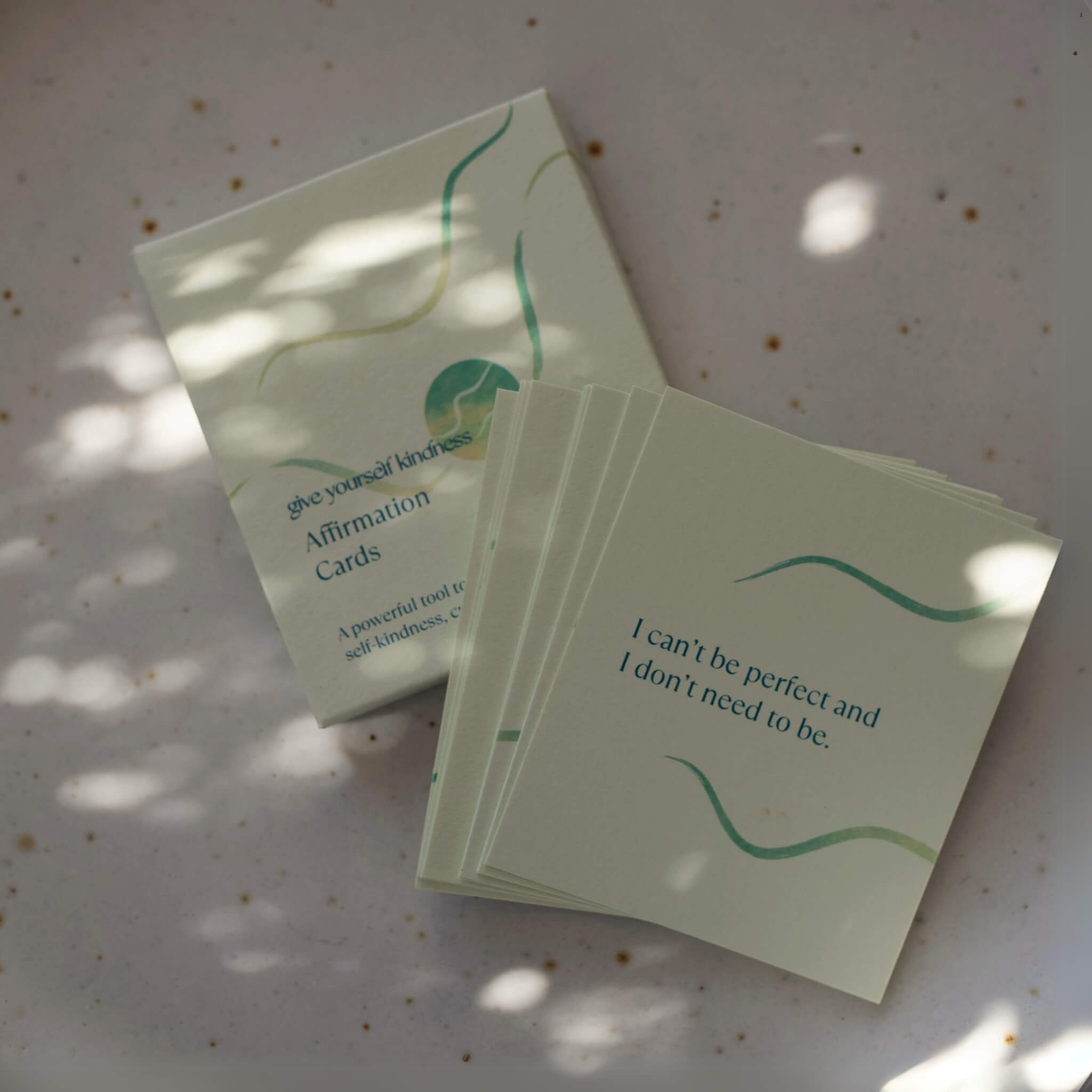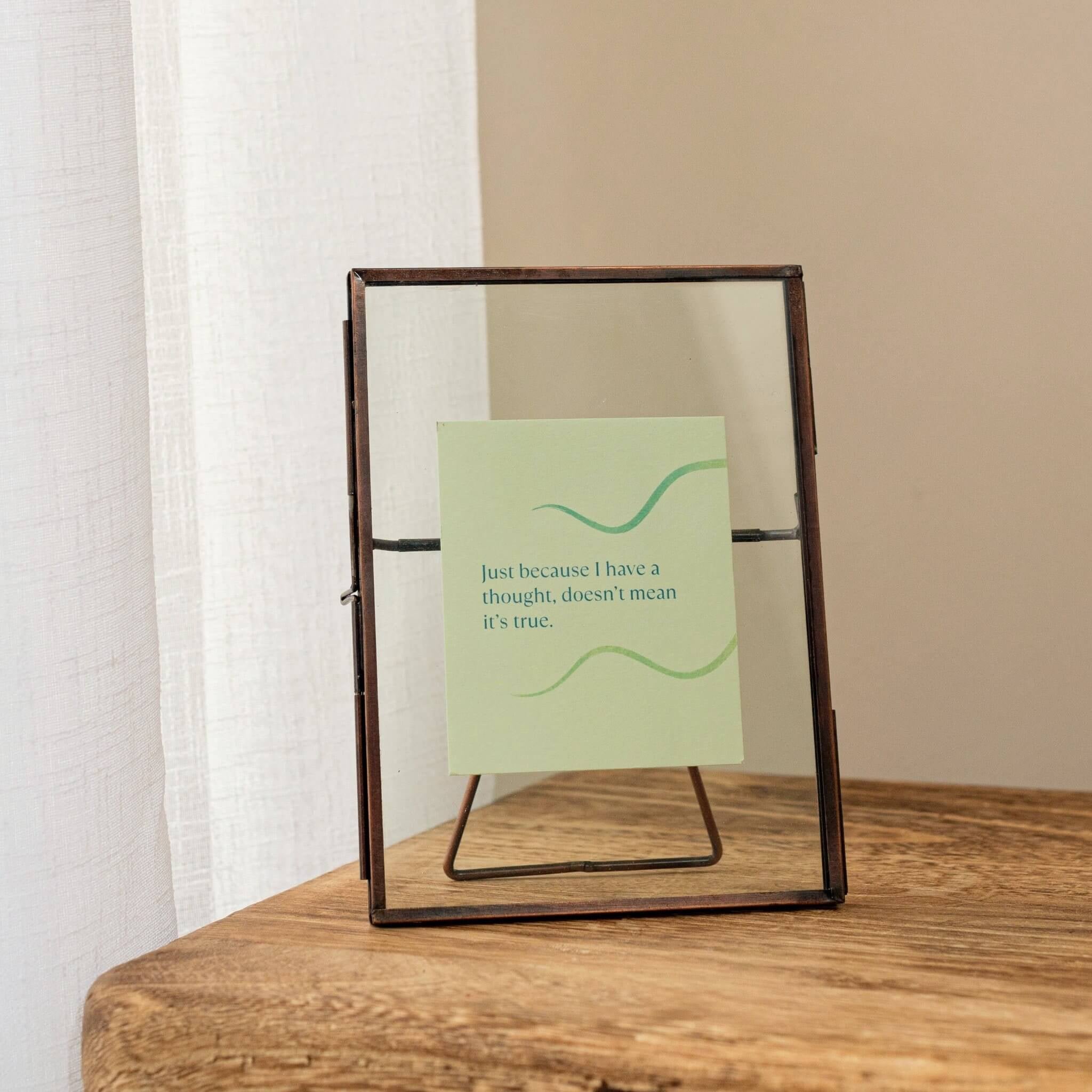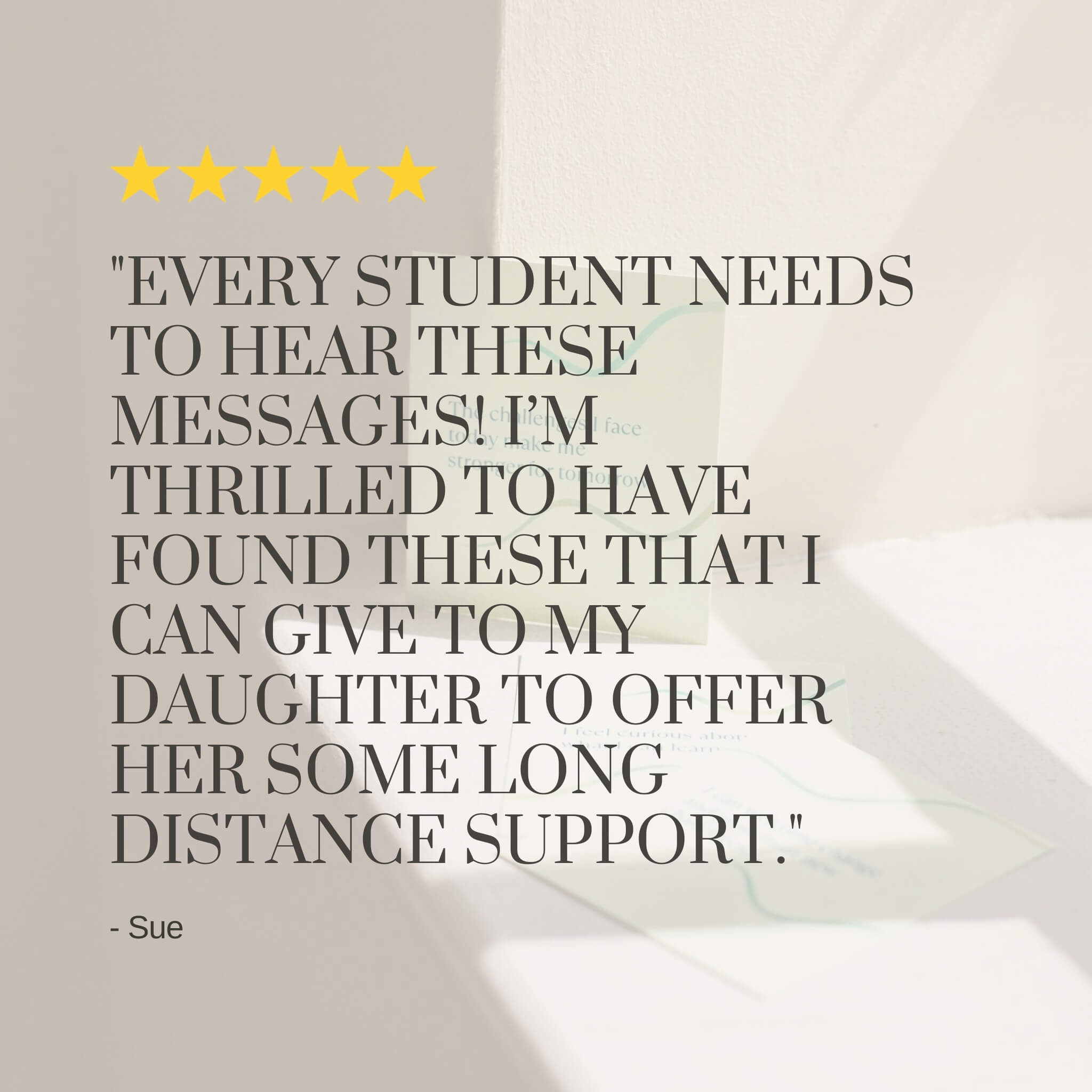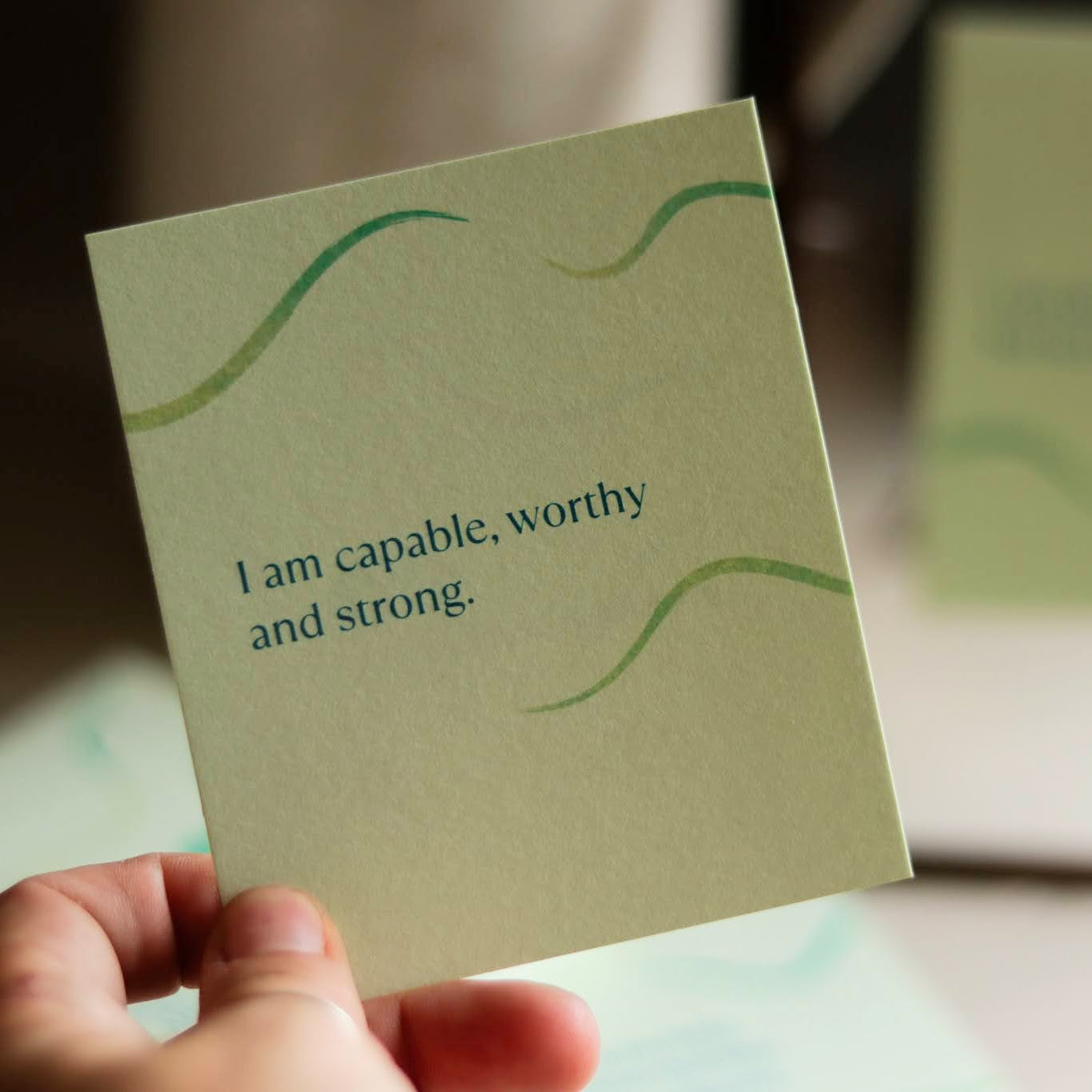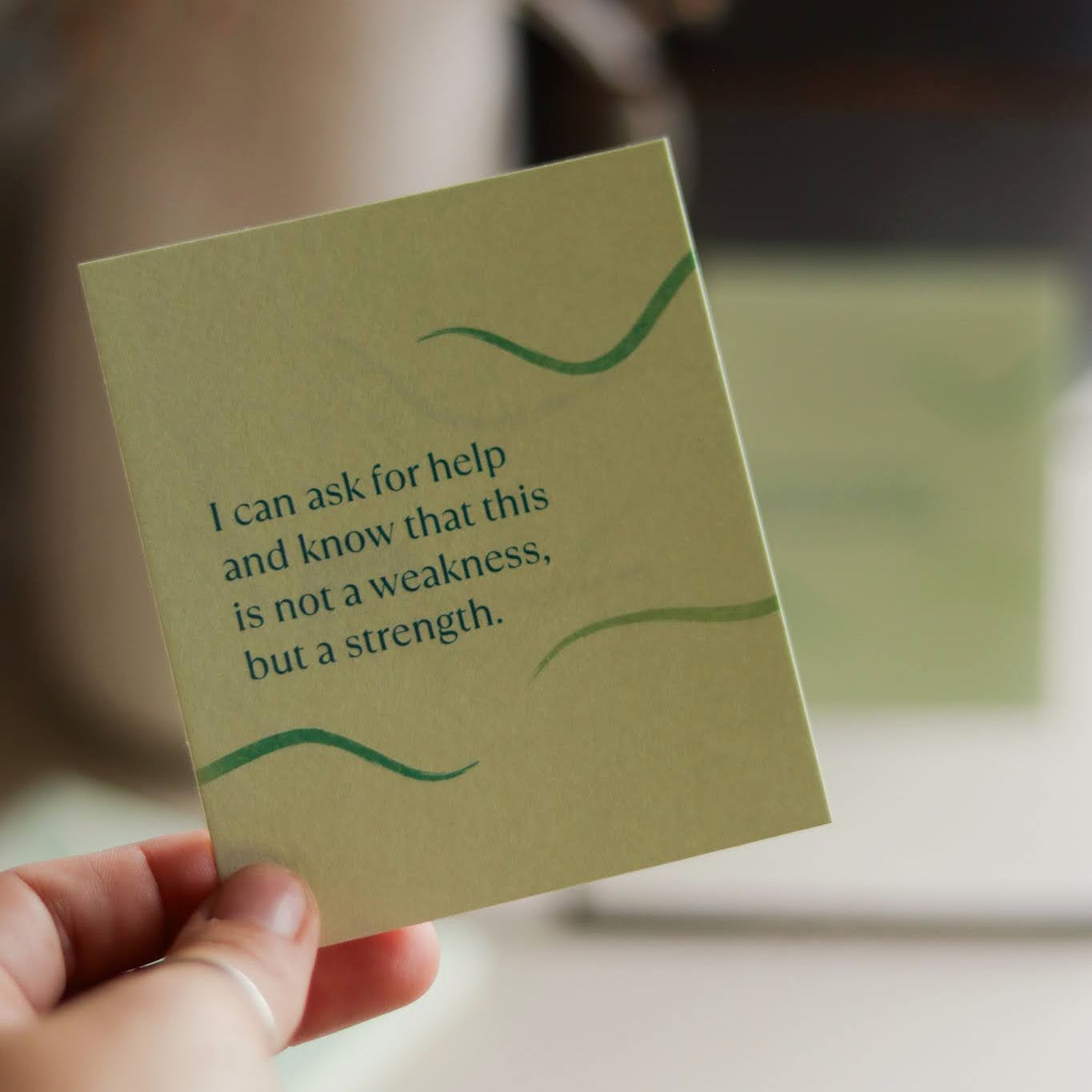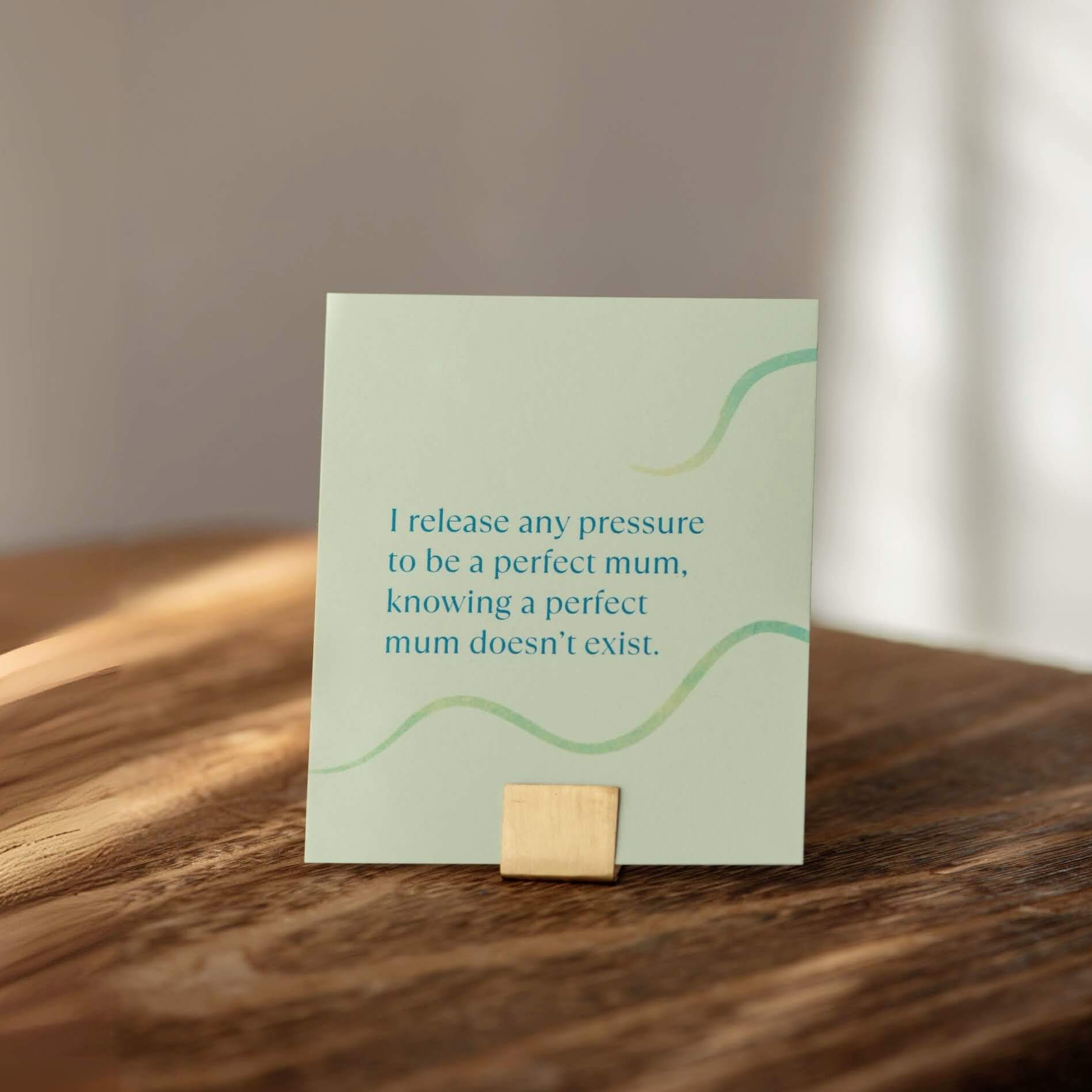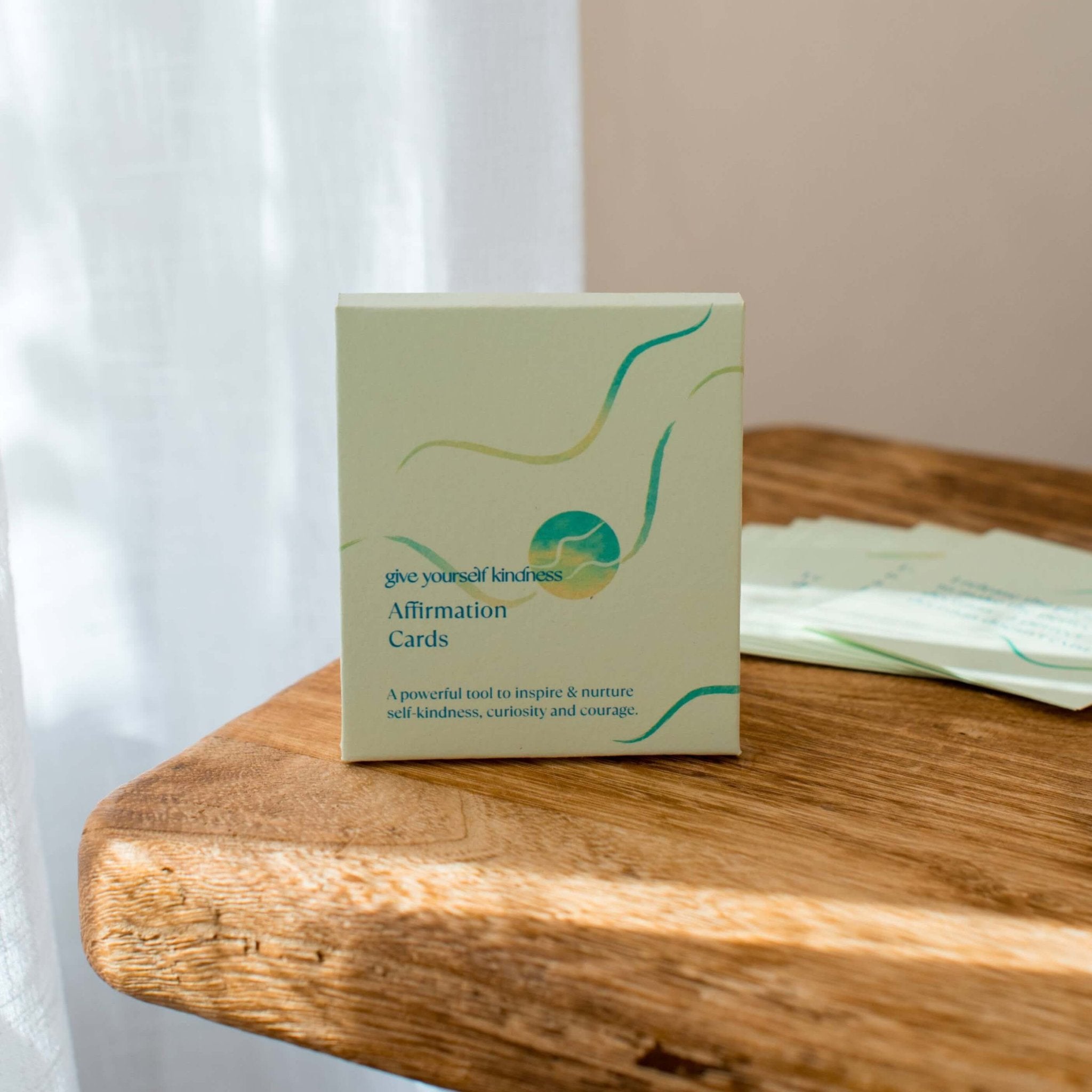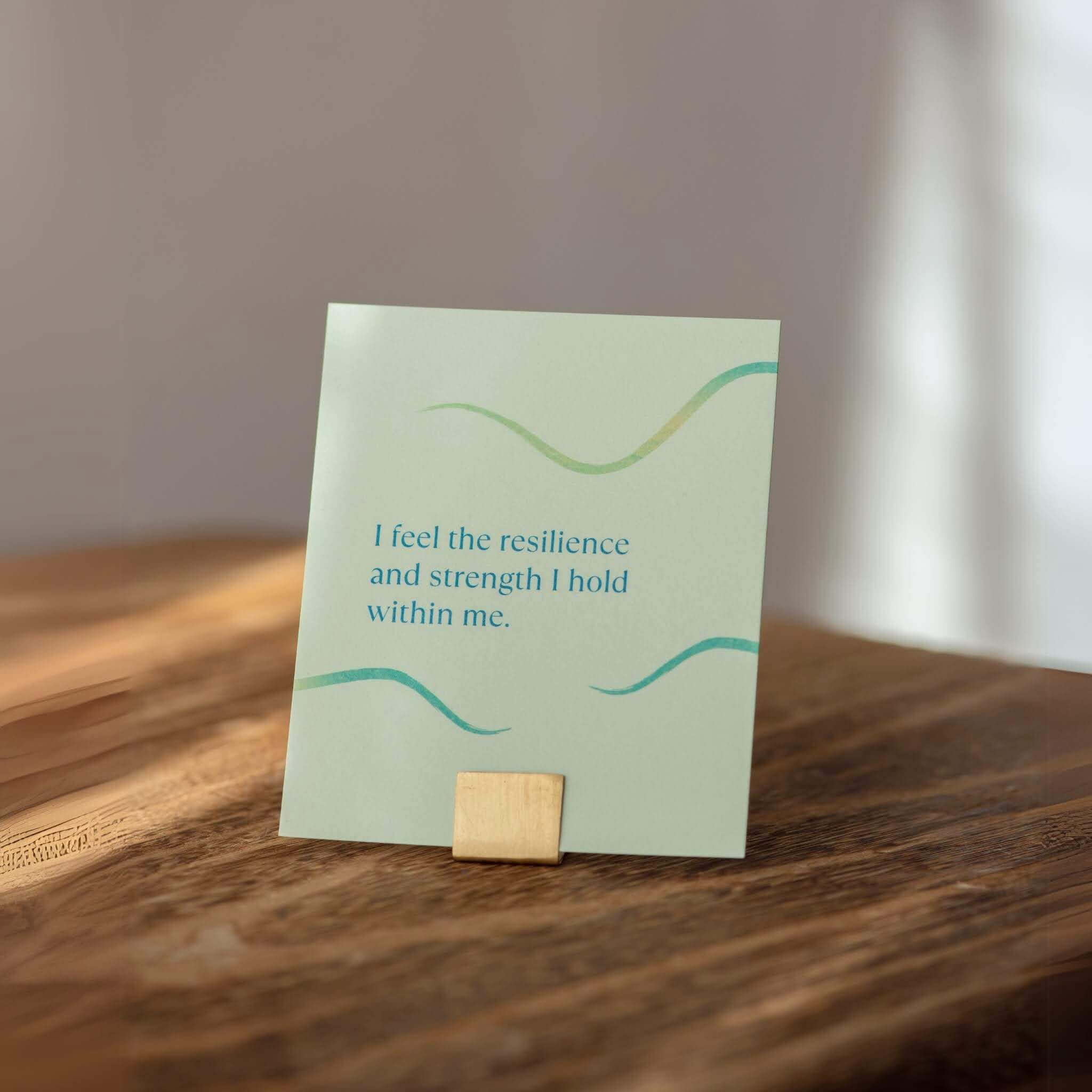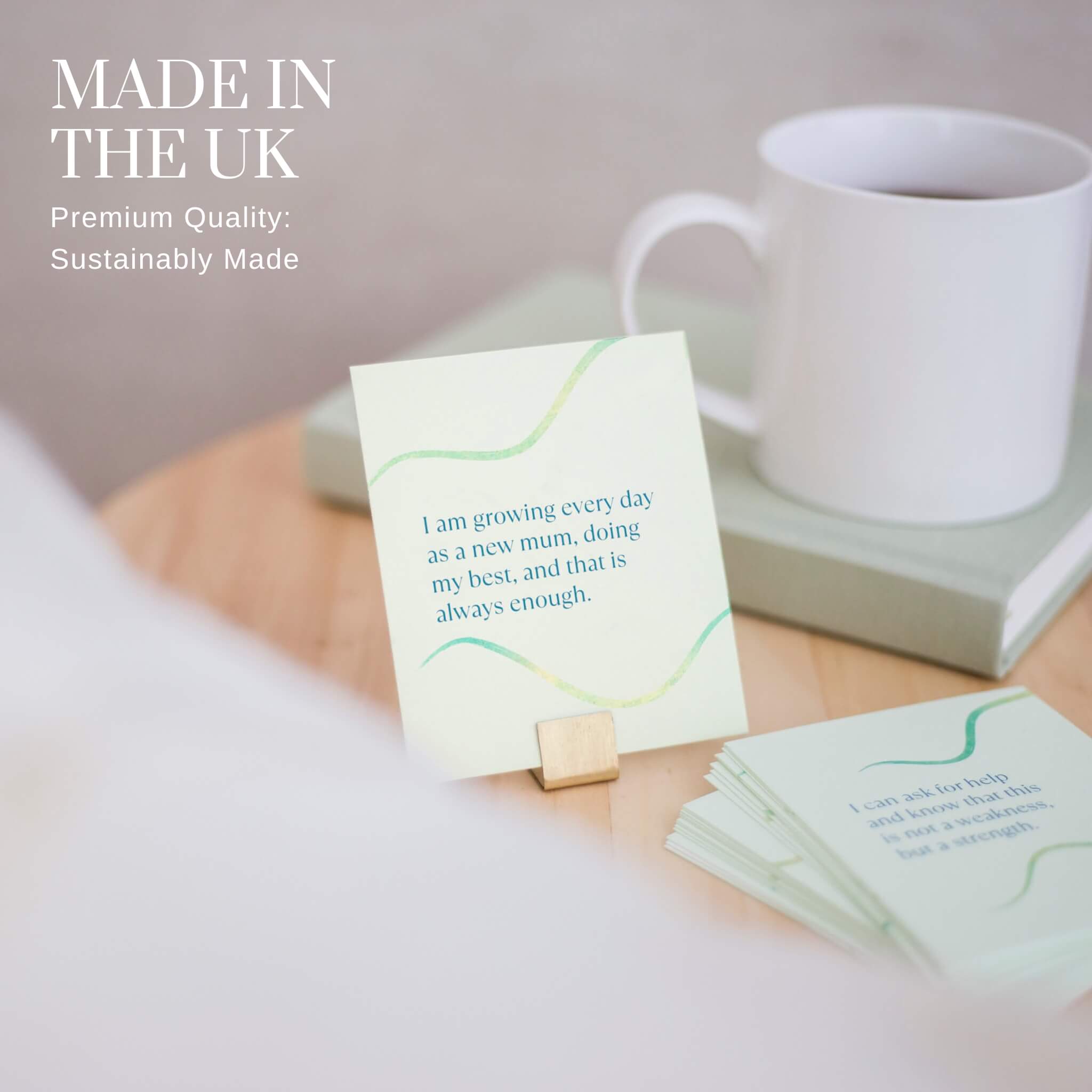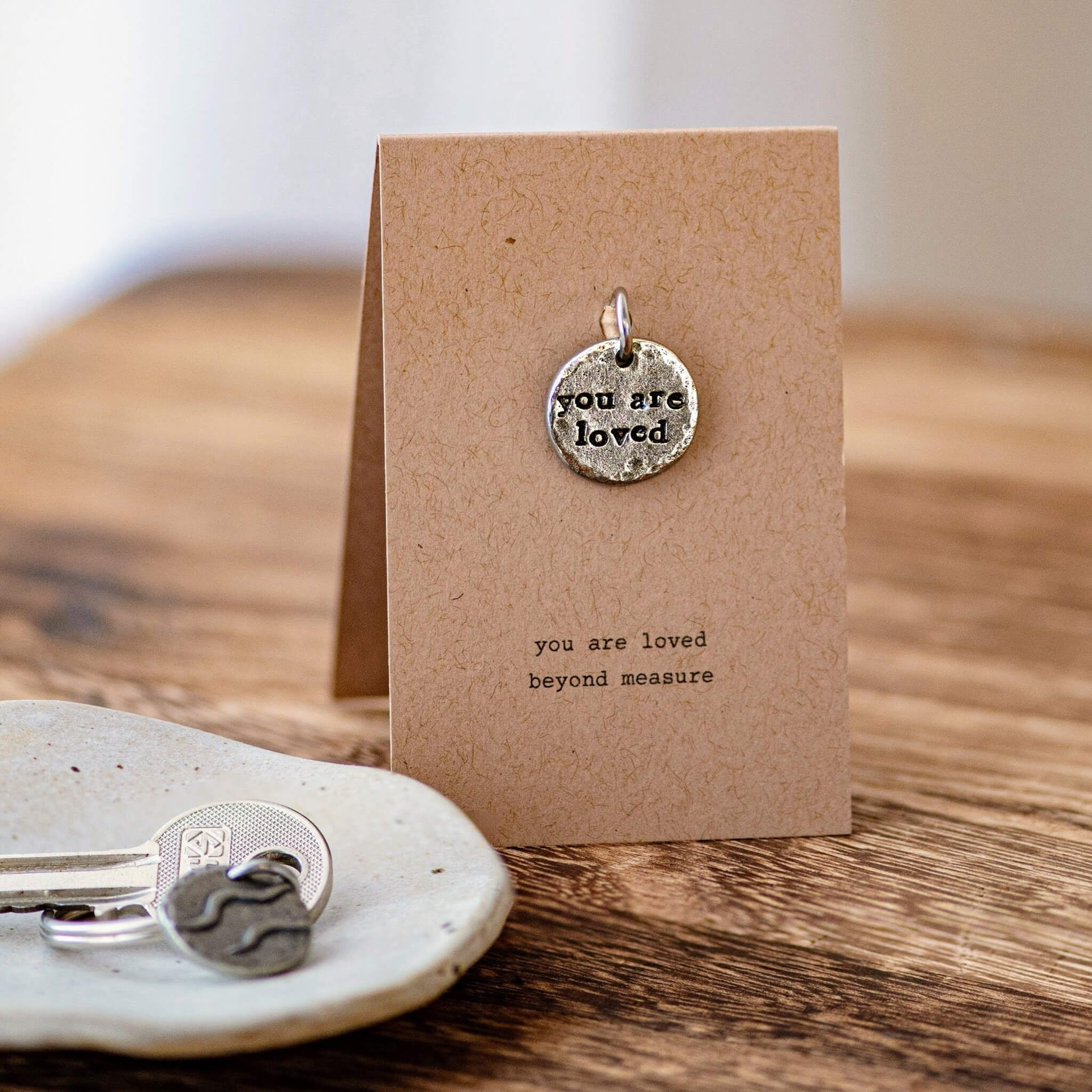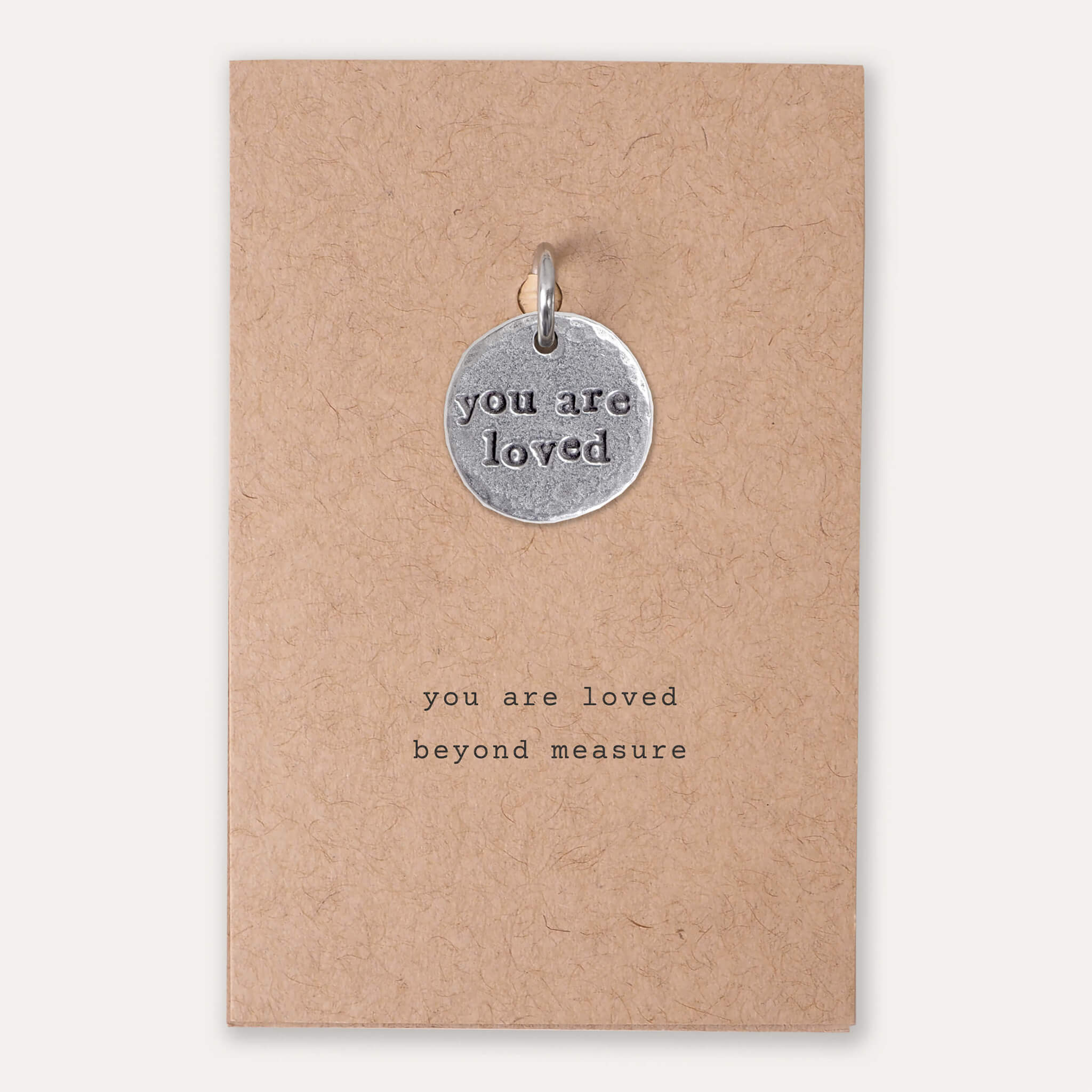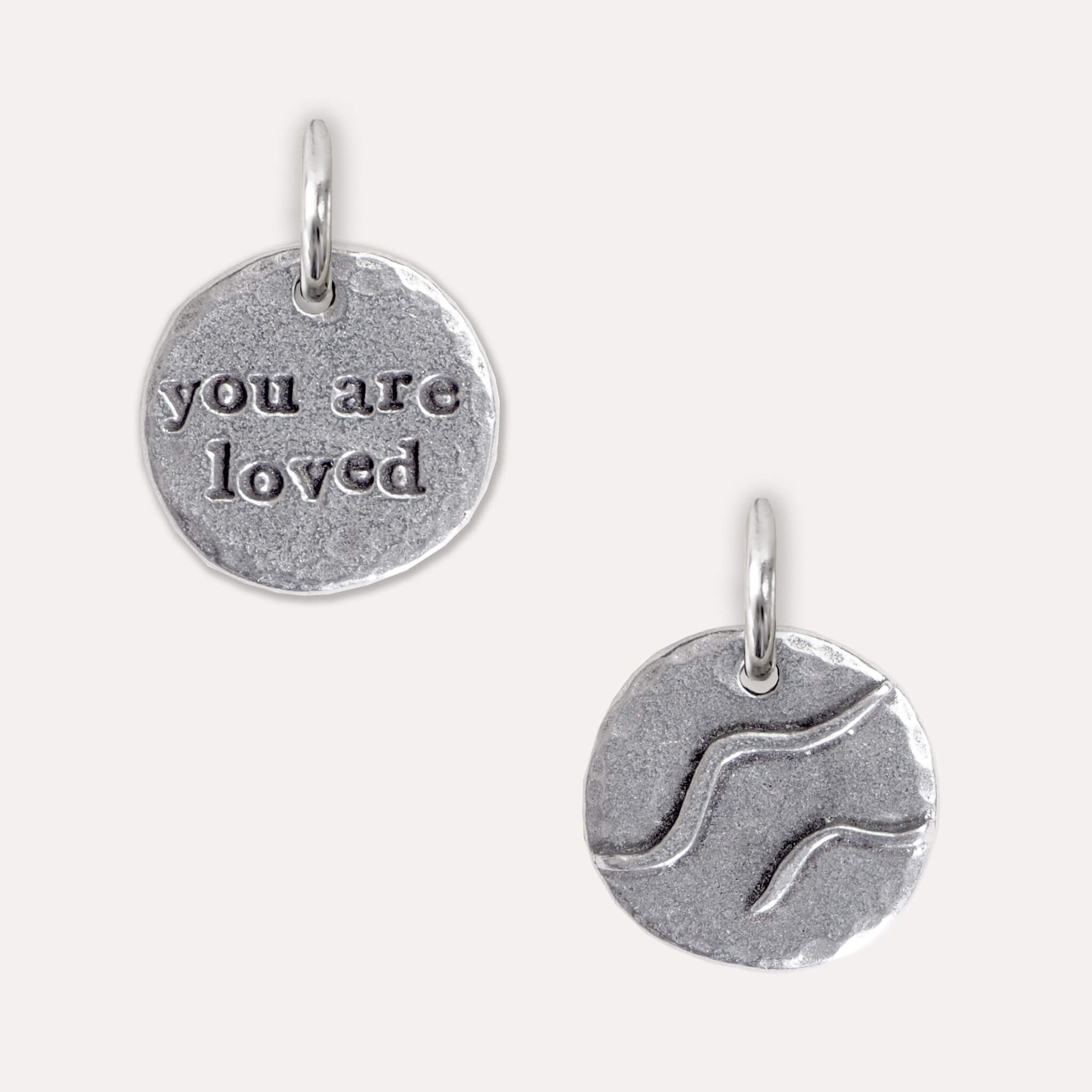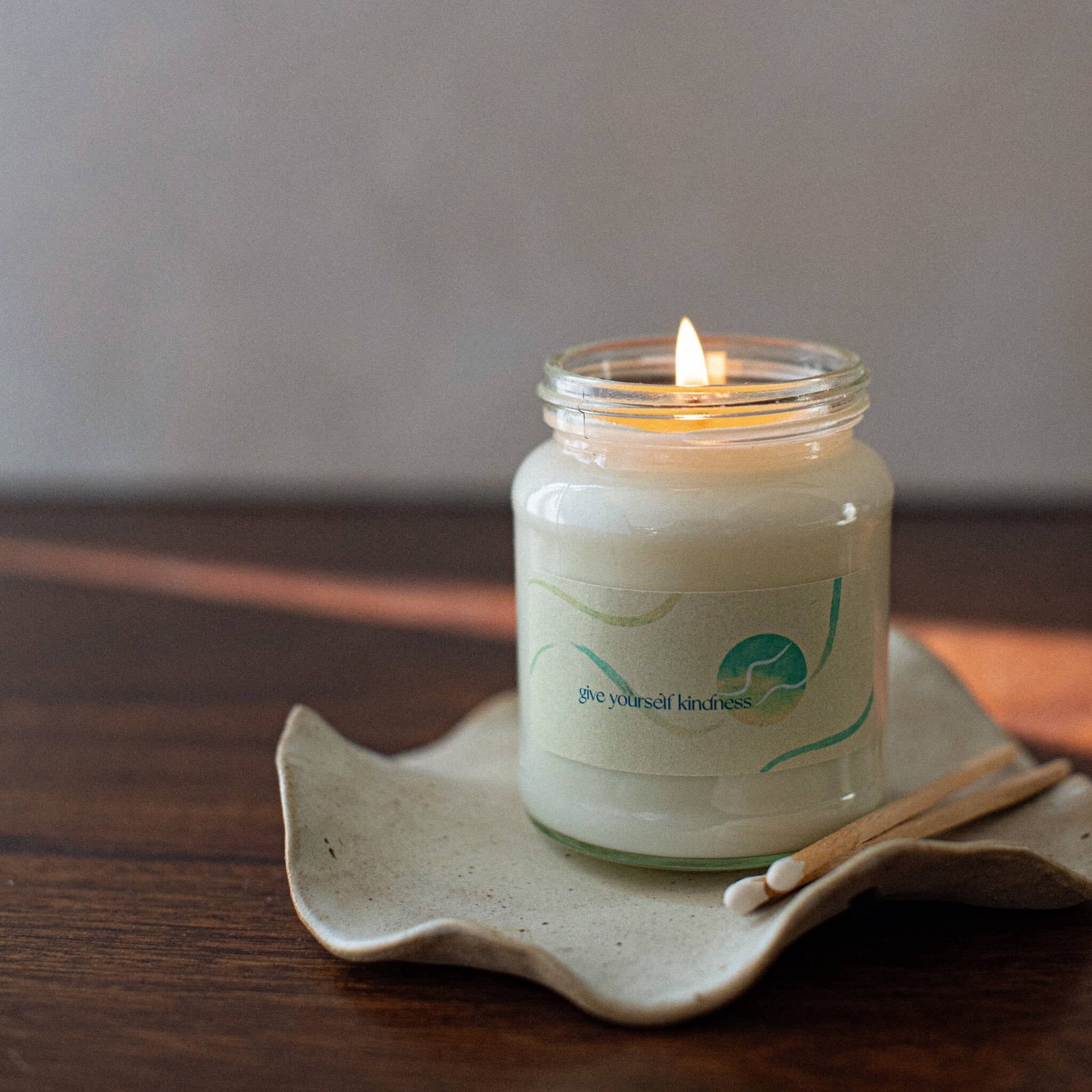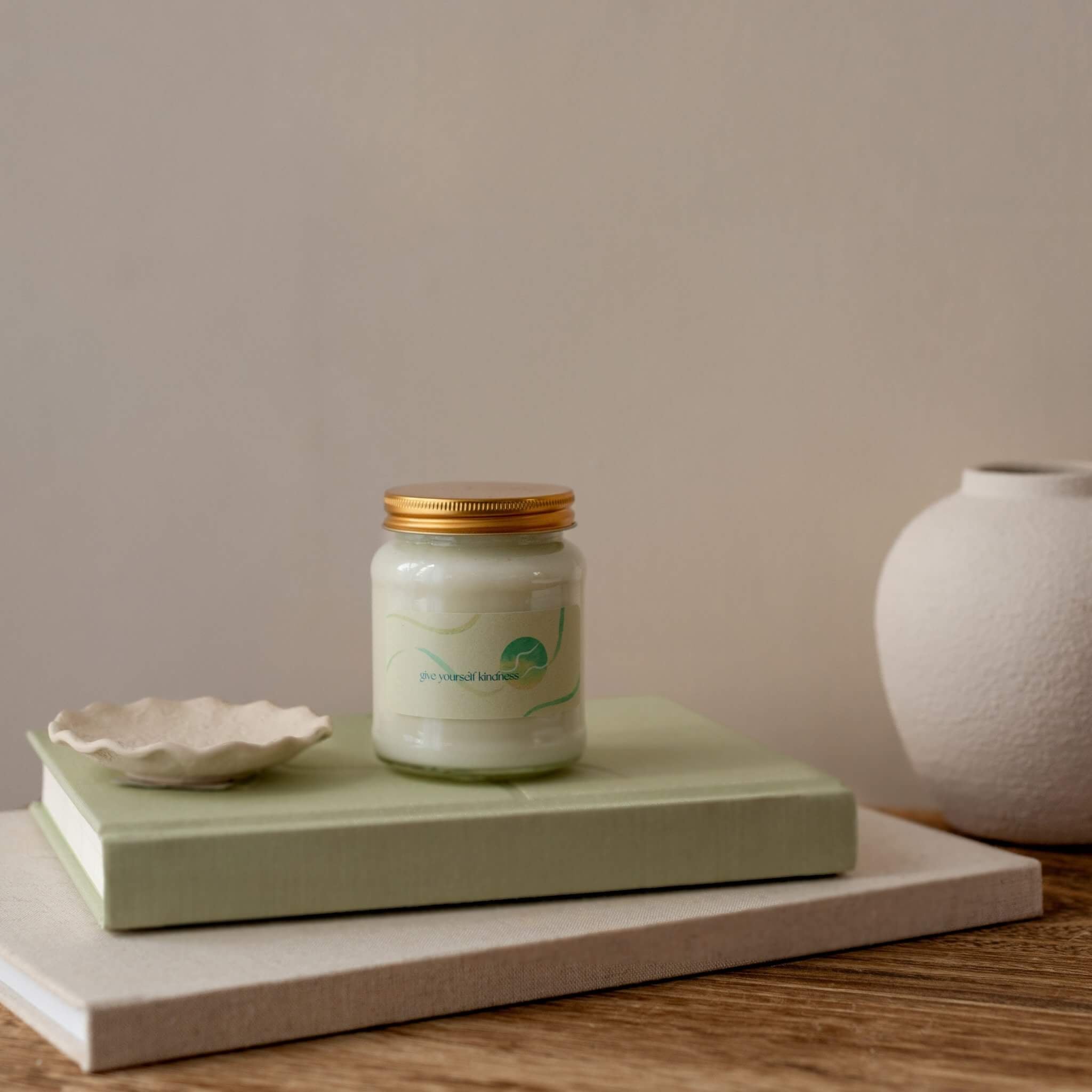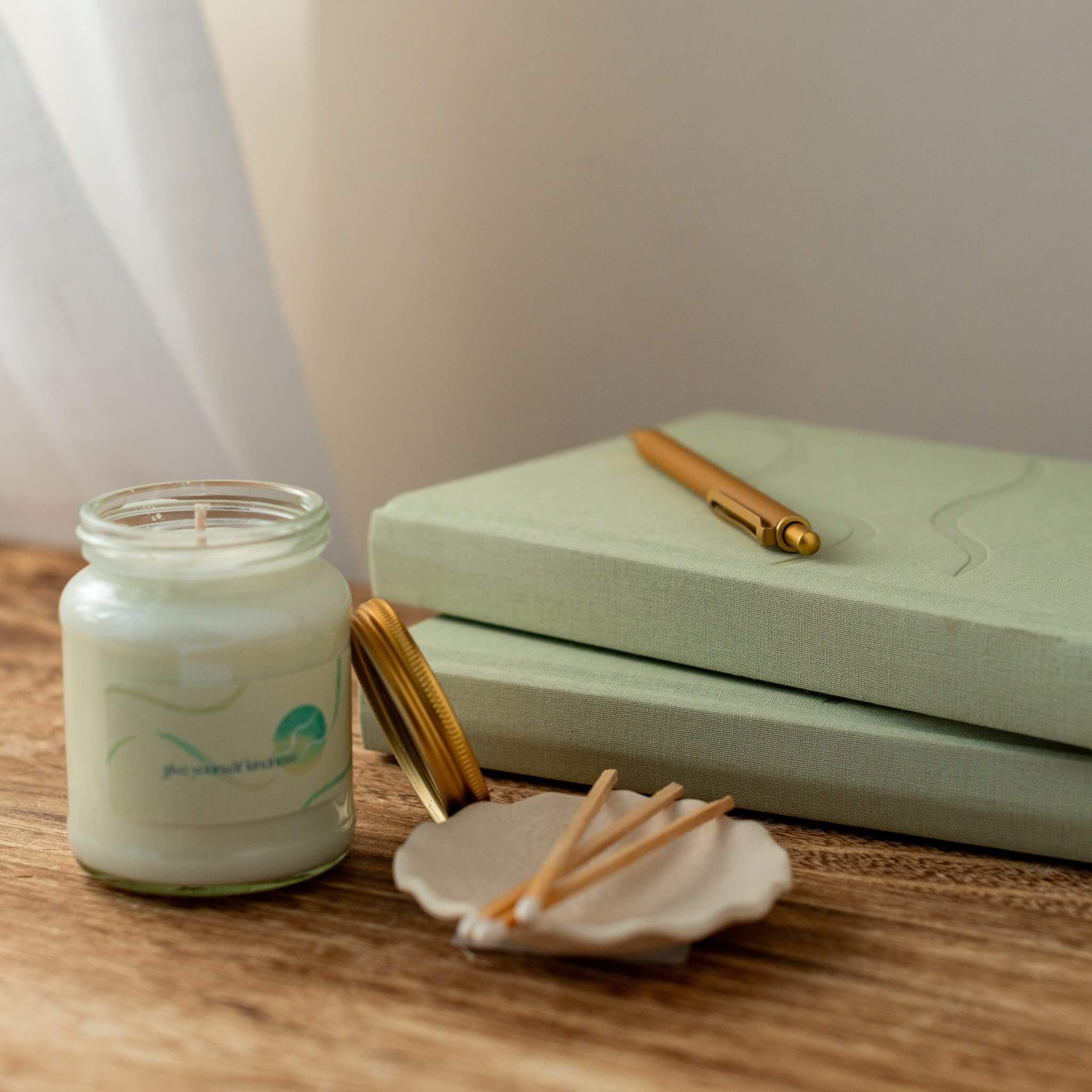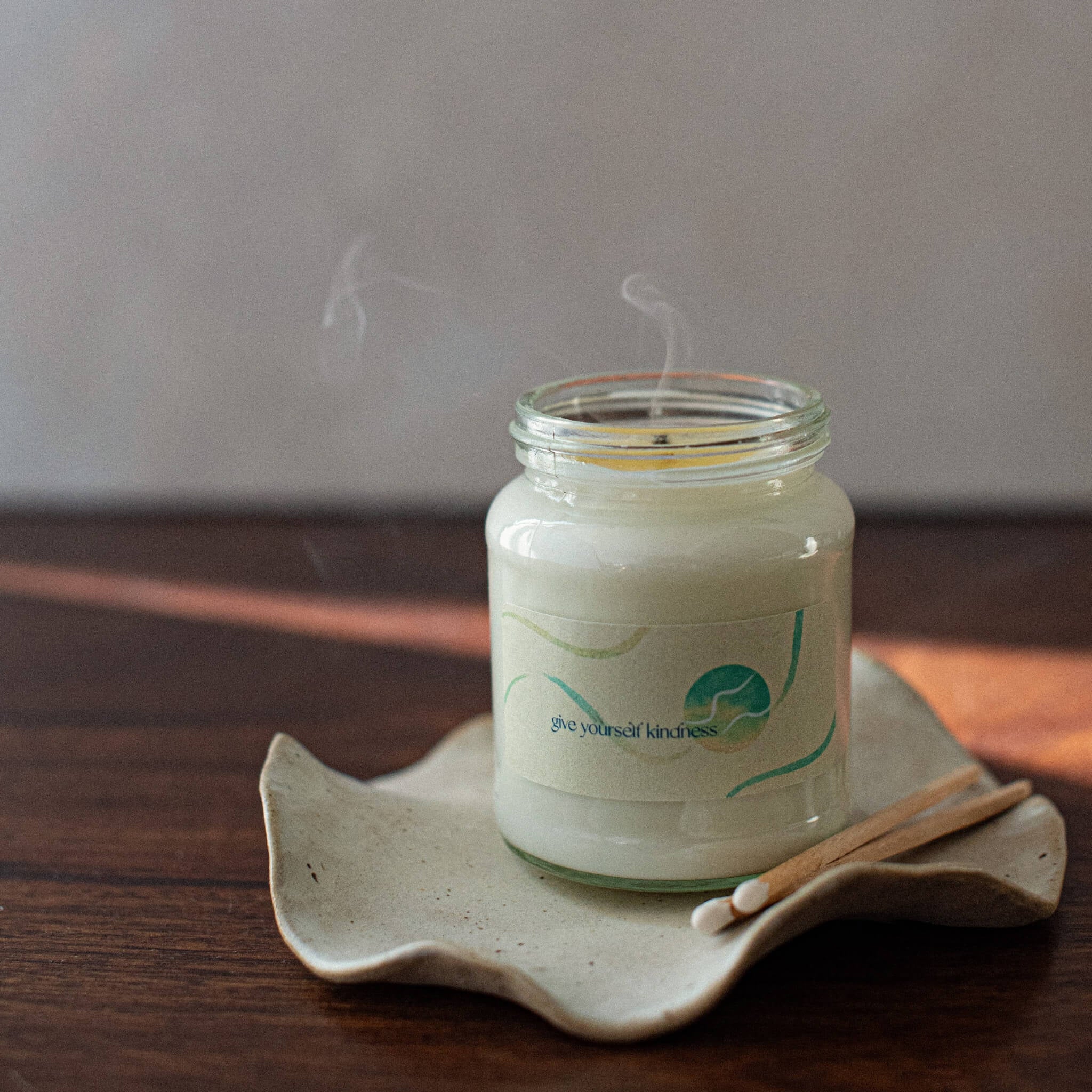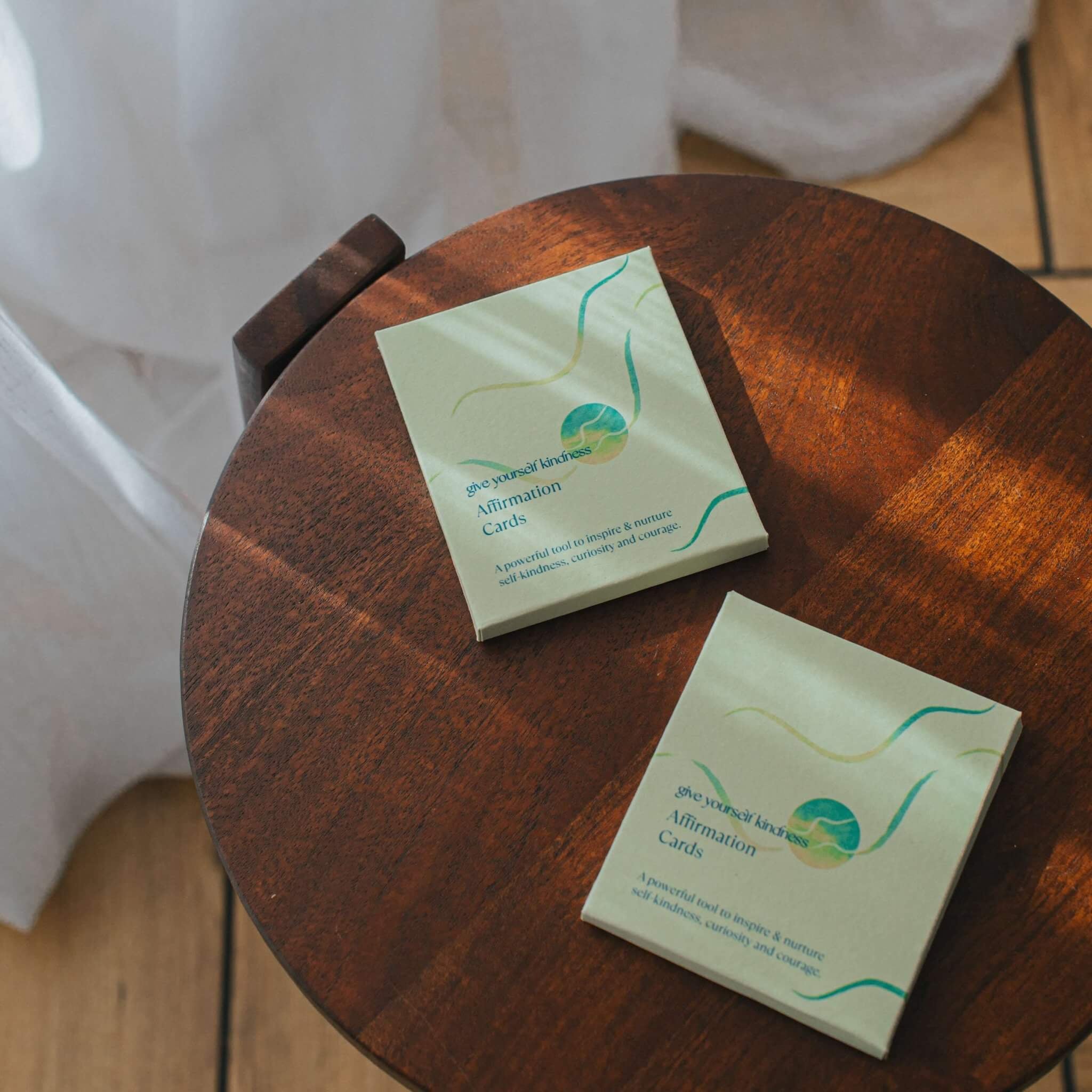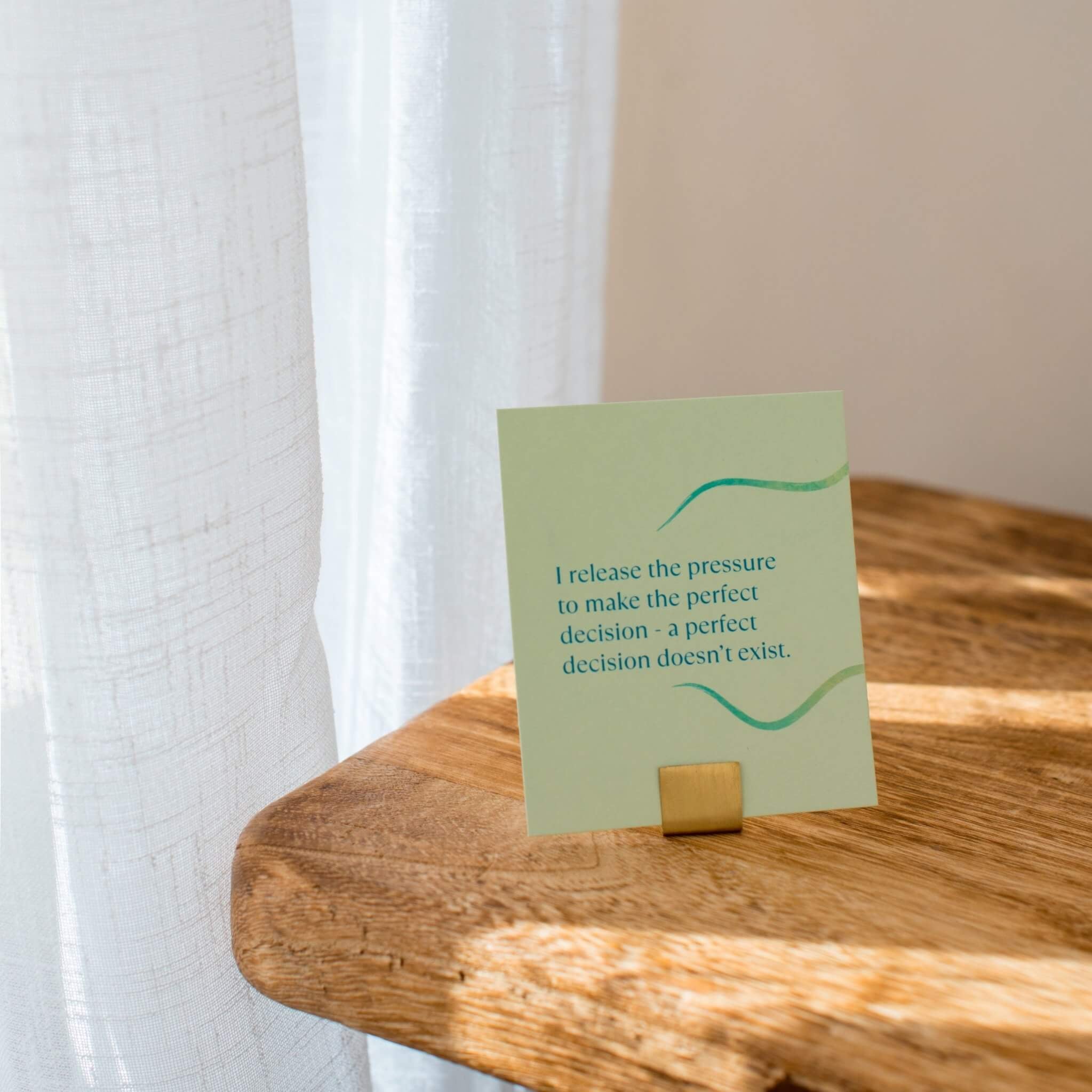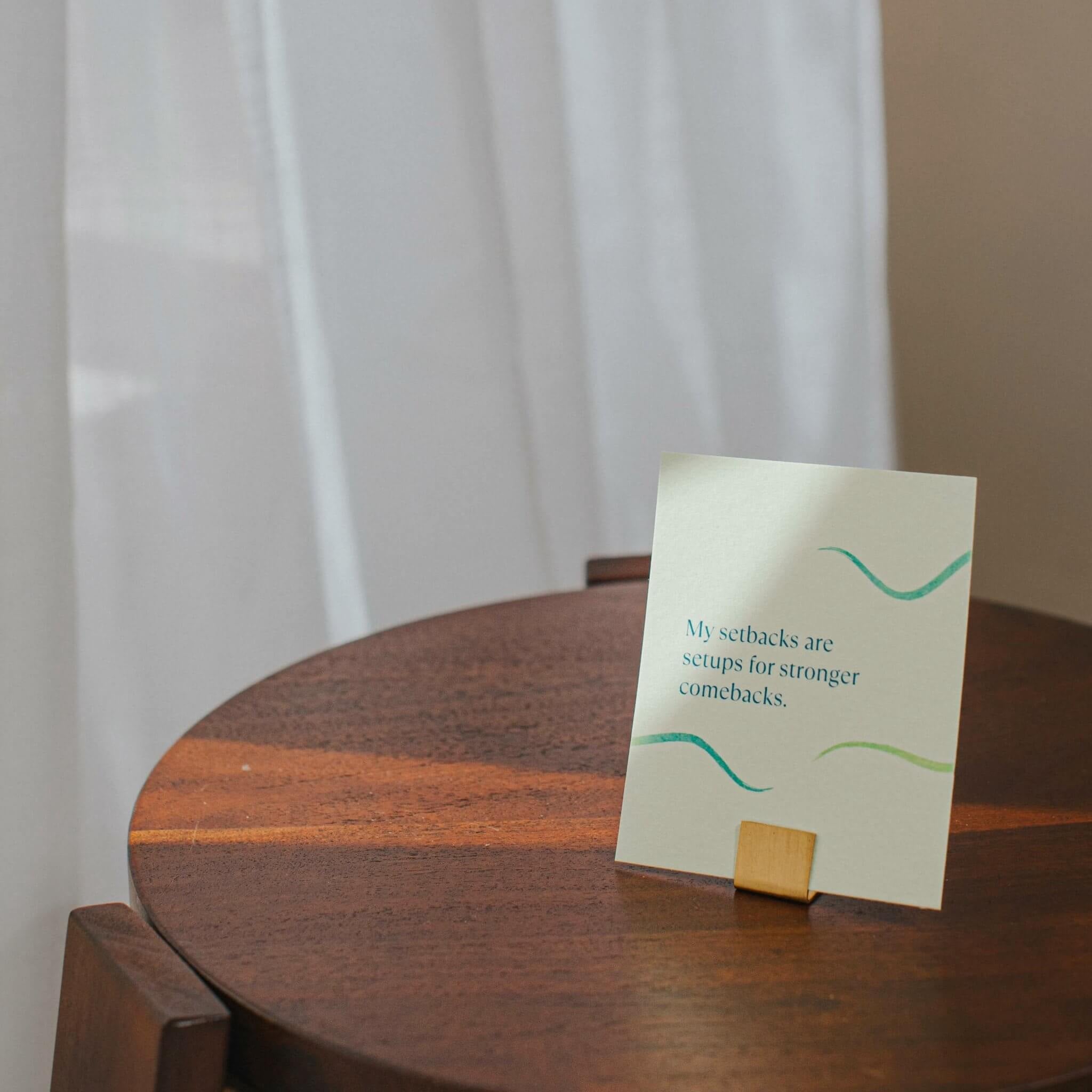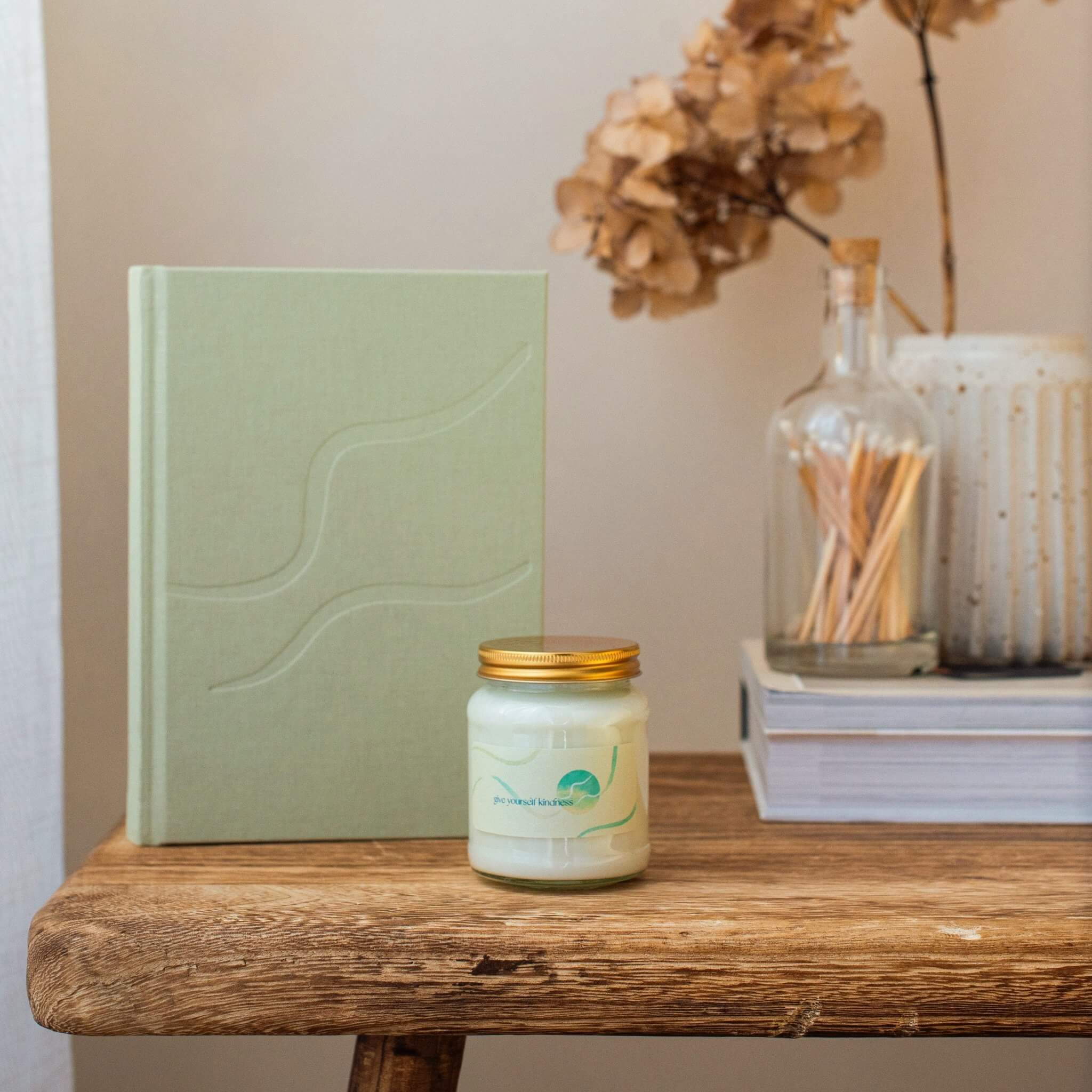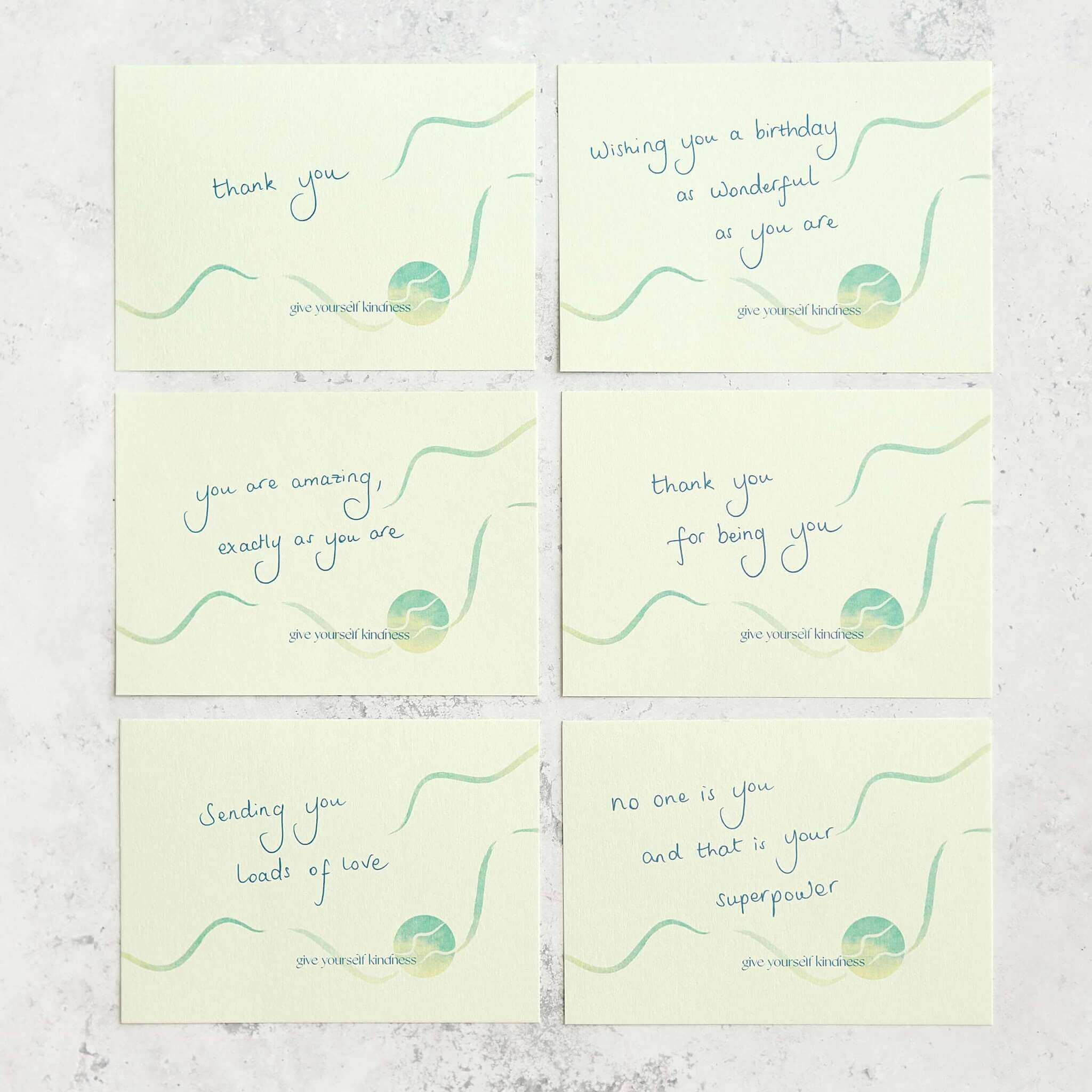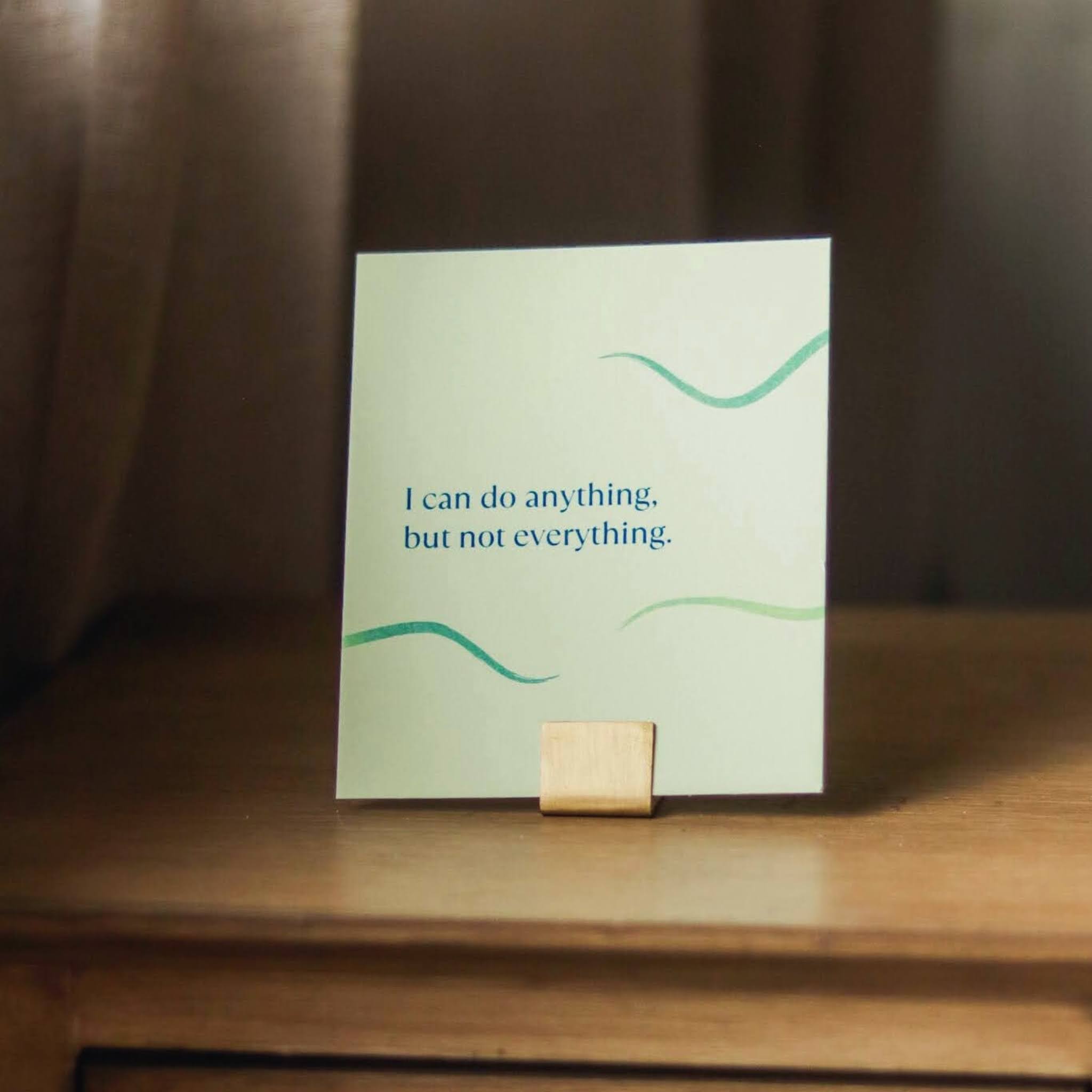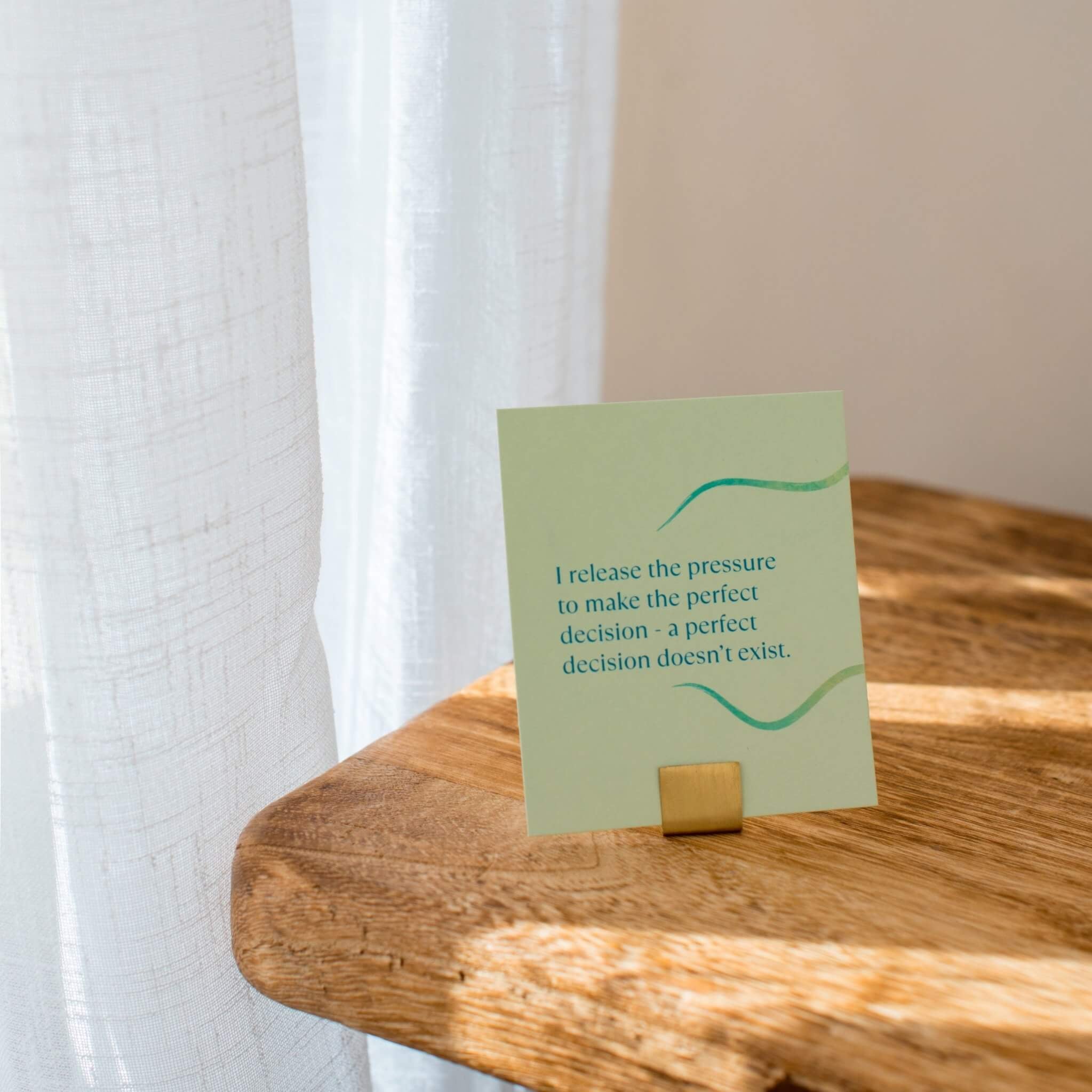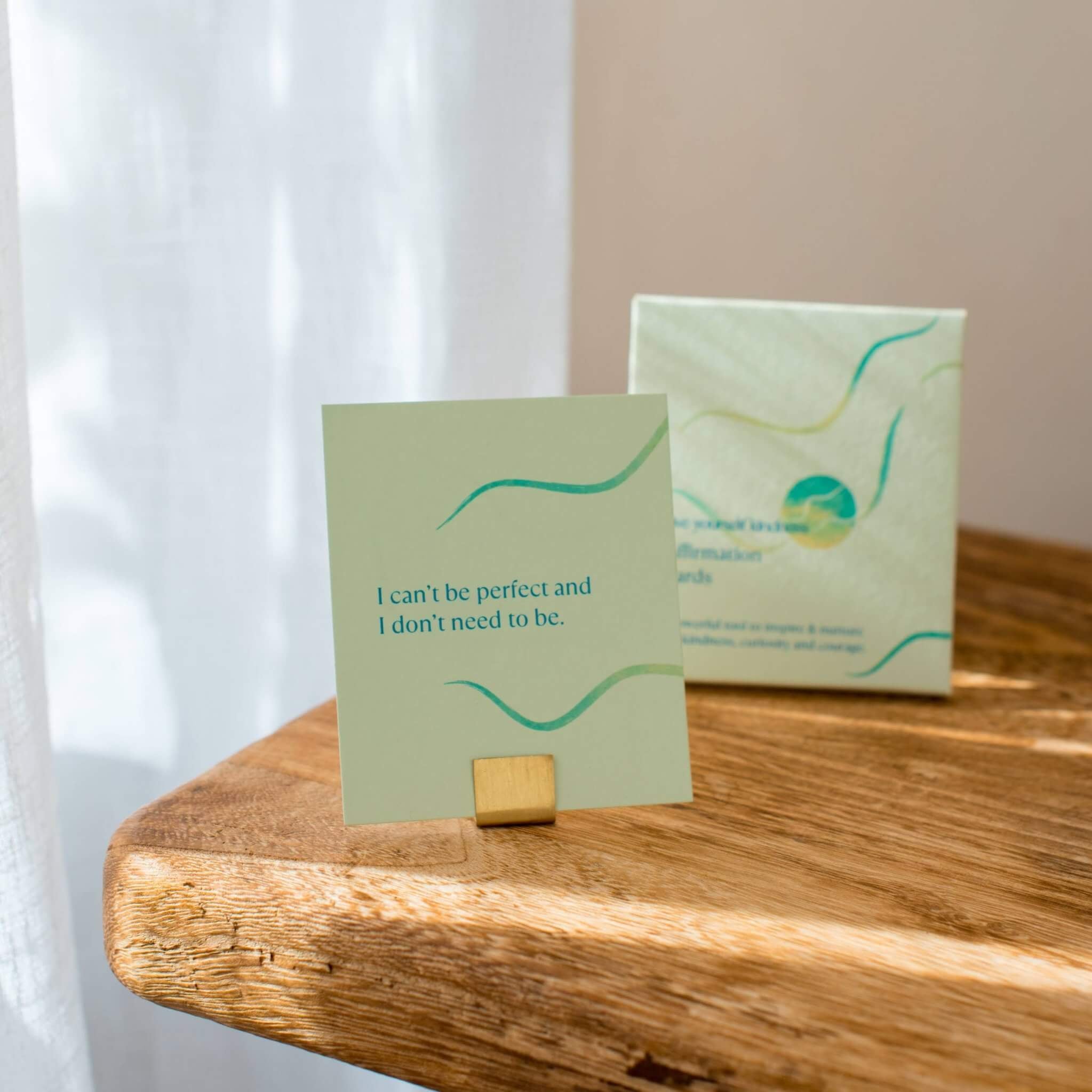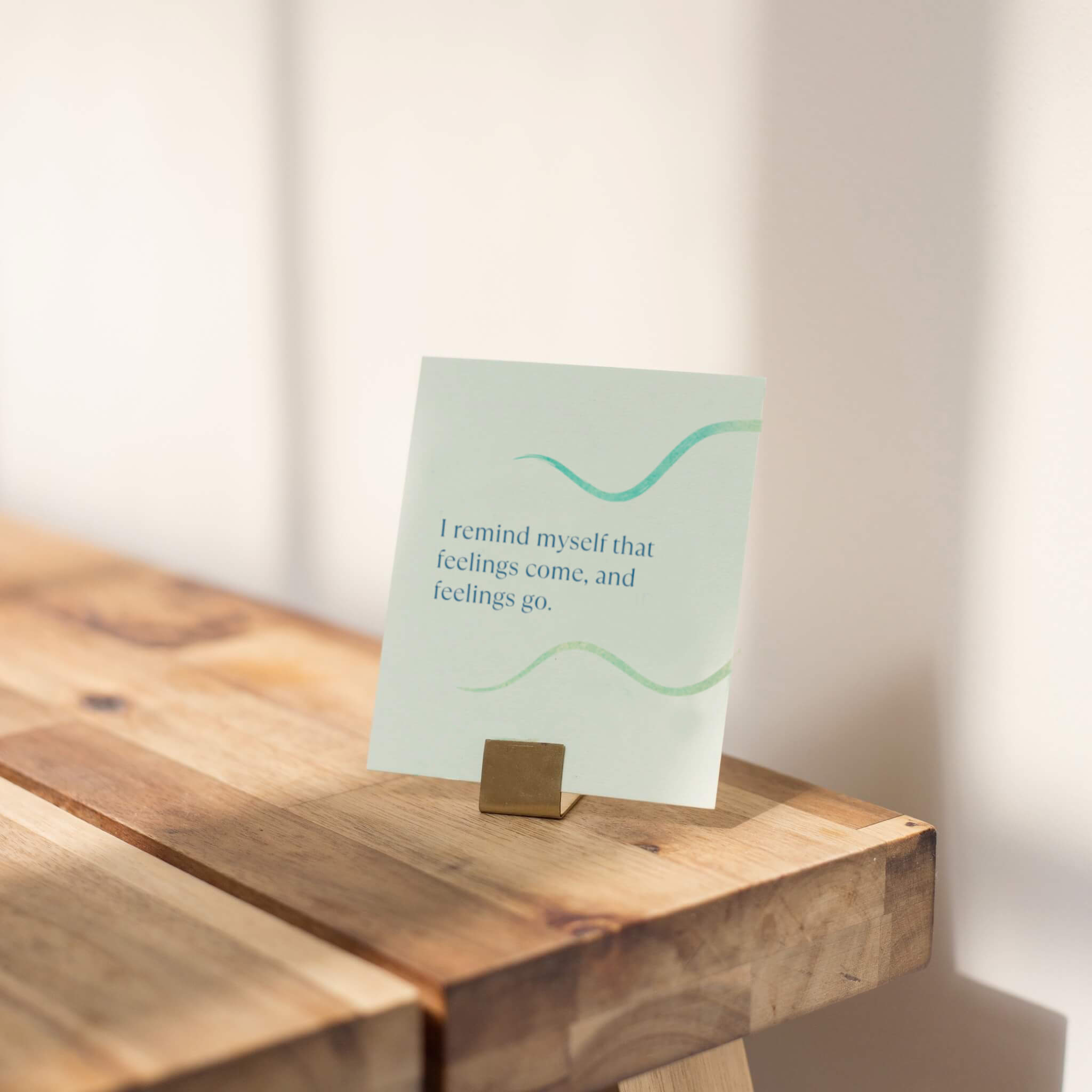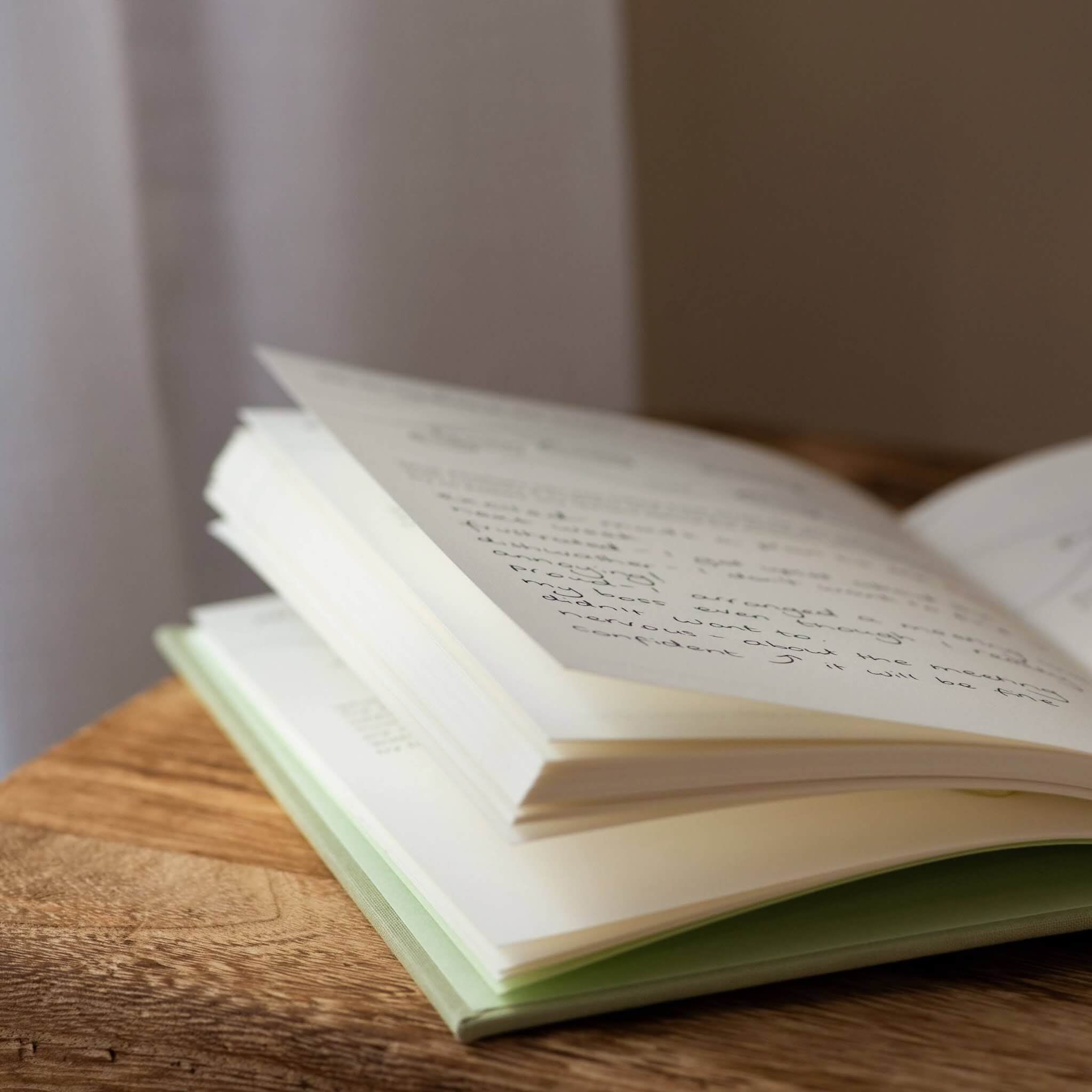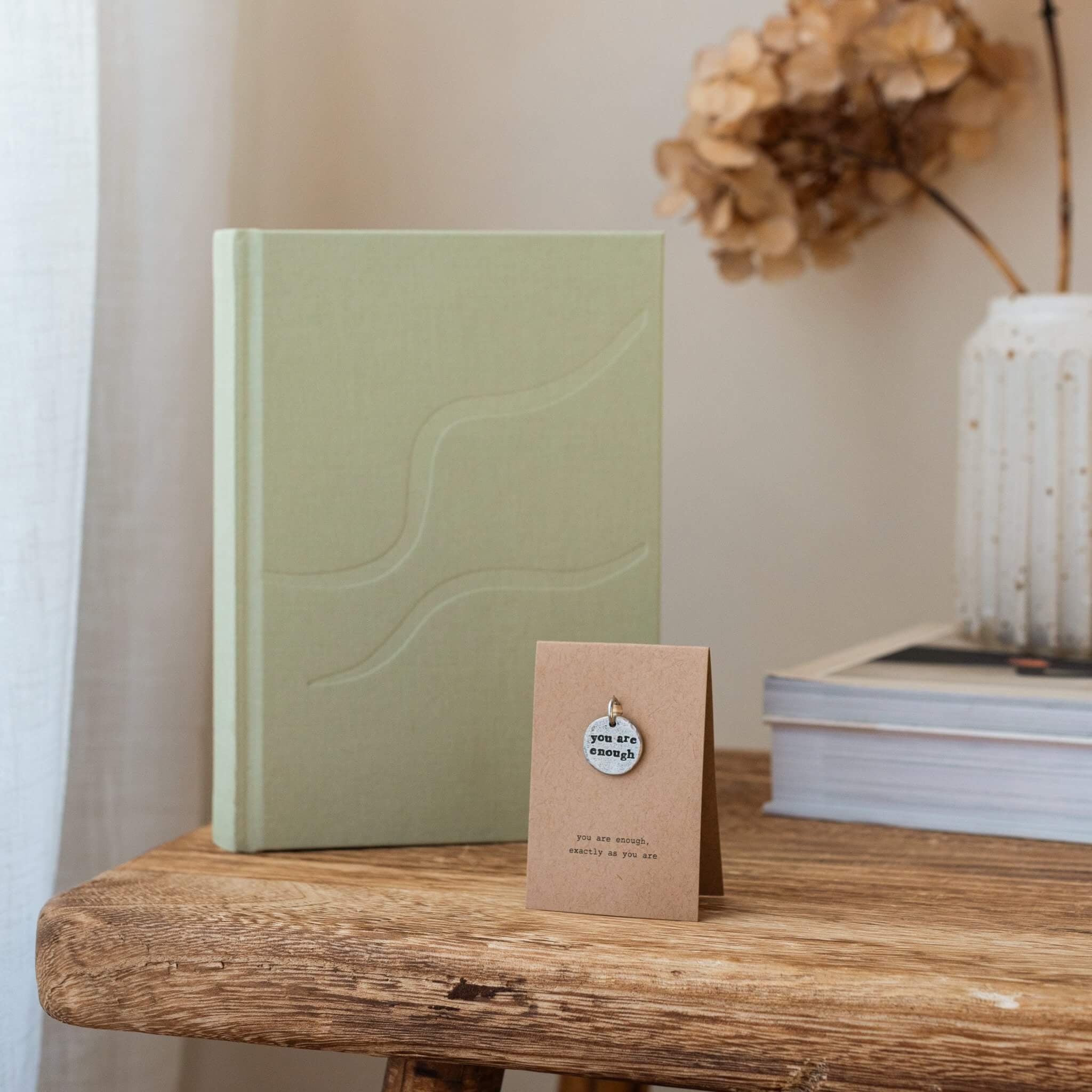written for Give Yourself Kindness by Amy Morin LCSW, a psychotherapist and international bestselling author. Amy Morin LCSW is also the award-winning host of the Mentally Stronger podcast and she gave one of the most popular TEDx talks of all time.
Have you ever noticed how a simple yet genuine thank you from somebody can brighten your day? What if we could tap into that power all the time? The good news is we can.
I'll take you on a deep dive into the science of gratitude and how it transforms not just your mood, but your brain.
What is gratitude?
Is it a feeling? Is it something you show? Are you supposed to do something with your gratitude?
It's actually a combination of things. It's considered an emotion that involves feelings of thankfulness and appreciation.
It arises when someone recognizes positive aspects of their life or the fact that somebody else was kind. It can also be seen as an experience, where someone notices and reflects on the good things in their life, which we know enhances our well-being and boosts our happiness. (i)
It could also be something that you express. Maybe you send a thank you note to somebody, or you say thank you to somebody who did something really nice for you.
Gratitude has to do with the way that you think.
Gratitude has to do with what you do.
The emotional benefits of gratitude
Studies have shown that regularly practicing gratitude increases happiness and life satisfaction.(ii)
When you express gratitude, your brain releases dopamine and serotonin, those feel good neurotransmitters. (iii) It's like giving your brain a big warm hug.
'it's like giving your brain a big warm hug'
In fact, there's a study that was conducted by doctor Robert Emmons at UC Davis who highlighted that keeping a gratitude journal leads to a 25% increase in happiness. (ii)
'keeping a gratitude journal leads to a 25% increase in happiness'
Think about that for a second. If you were to jot down three things every day that you're grateful for, you might boost your happiness by 25%. And it only takes a couple of minutes.
There is nothing too small to be grateful for
And it doesn't have to be big things either. Maybe you are grateful that something amazing happened, but maybe you're grateful that a stranger held the door for you today. Or you're grateful that you had a conversation with your coworker at lunch, and it was really fun.
All of those things lead to incredible emotional benefits.
The social benefits of gratitude
Gratitude is not just about what's inside your brain. It has social benefits.
When we're grateful, we tend to be more empathetic and less aggressive, and it tends to improve our relationships.
'we tend to be more empathetic and less aggressive'
When you express gratitude to somebody else, it often strengthens the bond that you have with your friends, your family, or your colleagues.
Think about the last time you sincerely thanked someone for something. You probably felt good, and they probably felt valued and respected.
It might have just been when you sat down with somebody and said:
'Hey, I really appreciate that you picked the kids up from soccer for me last week when I was out of town.'
Or maybe you sat down with your cousin and you said:
'You know, I'm just so grateful that you're always there for me when I need somebody to talk to.'
Those little things help us feel like we belong, and our social interactions become better and more rewarding.
'help us feel like we belong'
So it's not just for us, it's for other people too.
Physical health benefits of gratitude
Gratitude has benefits for your body too. Grateful people report fewer aches and pains, and they actually report feeling healthier than the average person. (iv)
We also know that gratitude improves sleep quality. (v)
Research suggests that if you write in a gratitude journal right before you go to bed, it increases the happy thoughts in your brain, which increases the chances that you'll get a more restful sleep instead of worrying about all of the things that we sometimes do when we get ready to go to bed or we start thinking about all the things we have to do tomorrow. (v)
Mental health benefits of gratitude
And not surprisingly, gratitude has incredible mental health benefits. When you focus on the positive aspects of your life, you're less likely to dwell on the negative aspects of it.
'you're less likely to dwell on the negative aspects of it'
People who experience more gratitude report feeling less envy, less resentment, frustration, regret, a lot of those uncomfortable emotions.(vi)
Research also shows that practicing gratitude is associated with reduced symptoms of depression and anxiety. (vii)
Studies suggest it acts as a psychological buffer that helps people manage stress more effectively. (viii) These combined mental health benefits make gratitude a superpower.
How to incorporate gratitude into your life
But how do you incorporate it into your life without being corny or cheesy? You don't want gratitude to feel forced.
Here are a few simple strategies that you might want to try.
Remember, you can always test these things, and if you hate it, you don't have to keep doing it. But you might find that after a week, you want to keep going.
1. Start a gratitude journal
A gratitude journal doesn't have to be like an actual journal. It might be a notebook. Maybe you use an app on your phone, or you have a calendar where you write something down.
'it doesn't need to be pages upon pages of why you're grateful'
It doesn't need to be pages upon pages of why you're grateful for something.
The two-minute gratitude challenge
I've also had people who set a timer for two minutes. For two minutes, they would write down everything they felt grateful for that day. And then when the timer goes off, time's up and they'd move on.
It gave them two minutes to really think about, what am I going to come up with?
Maybe you're thankful for some delicious coffee today and an amazing conversation with your neighbor, or you're just grateful that you had clean water to drink and a roof over your head tonight. Do the two-minute challenge and see what happens.
2. Express appreciation to others
You could make a daily habit to tell at least one person in your life that you appreciate them. It might be a friend or a family member or somebody that you work with, or it might be a stranger.
'tell at least one person in your life that you appreciate them'
You could tell the bus driver that you appreciate that they got you to your destination safely. Or the librarian that you really appreciate their attention to detail or that they recommended a book for you.
You can also appreciate somebody that you've never met before. You could send a message on social media to your favorite musician or author.
This can cause us to feel really good, and the recipient is going to feel really good too.
Gratitude doesn't have to shout
One caveat with this though, if you know somebody's gonna be incredibly uncomfortable hearing kind words, you don't have to sit down and have a serious face-to-face conversation where you tell them how great they are.
I can think of some people in my life who probably would find it rather cringeworthy to hear really kind words about themselves. I might not sit them down and go through all of these things about why I appreciate them.
Maybe it would be more appropriate to send a little note or an email or text message. You don't want people to feel uncomfortable or feel like they have to reciprocate.
'you don't want people to feel uncomfortable'
That would make our entire intention of expressing gratitude null and void.
3. Create a gratitude ritual
It could be something fun: a fun way to incorporate more gratitude into your day.
Maybe you go around the dinner table and say what you're thankful for. For some families, that seems a little too corny. But I worked with a mom who made it her habit on the drive to school every day, she would ask the kids, what are you grateful for today?
For you, maybe it's your commute home every day. Or you text a friend during your lunch break every day.
We don't want gratitude to feel like a chore
We don't want gratitude to feel like a chore, where you go through the motions.
I've worked with people who say, oh, you know, every day I'm like, grateful for the water I have to drink and for the roof over my head, but they don't really feel gratitude. It just becomes like one more thing they have to do.
Try to think about something or someone that you are actually grateful for and how to incorporate that into your life.
A word of caution about gratitude
And one last word of caution about gratitude. It shouldn't be about minimizing uncomfortable emotions.
If you just went through something horrible, you don't have to immediately jump up and express gratitude that it wasn't worse.
'you don't have to immediately jump up and express gratitude'
I see people do this sometimes where they don't allow themselves to experience sadness or grief or disappointment because they think that it would be selfish or that they're not resilient if they feel bad. It's really important to let yourself feel all of those emotions.
'really important to let yourself feel all of those emotions'
And you don't have to be grateful all the time. Like, well, at least I didn't lose everything. I only lost half my stuff, or at least it wasn't as bad as it could be.
You can be sad for losing some of your stuff. Even if you only lost half of your household items to a fire, but you didn't lose everything, you can still be sad for the stuff that you lost while also being grateful at the same time.
'you don't have to be grateful all the time'
It's when people try to be grateful at the expense of denying that they feel bad it becomes more like toxic positivity.
Don't mix guilt and gratitude
At other times, I hear people express gratitude. It's more out of guilt. Like, maybe when you were a kid and your mom would remind you that there was a child somewhere on the planet that would love to eat that broccoli, but you weren't going to eat it.
We don't want to mix guilt and gratitude. If you aren't feeling grateful sometimes, you don't have to force it.
And don't force other people to experience or express gratitude either. There will be times when you feel more grateful than others, and that's okay.
Gratitude is a really powerful tool
Gratitude is a really powerful tool. Figure out what's one way you could incorporate just a little more gratitude into your life. Try it for a week and see what happens.

Amy Morin LCSW is a psychotherapist and an international bestselling author. Her books in the 13 Things Mentally Strong People Don't Do series have sold more than 1 million copies and been translated into more than 40 languages. She's the award-winning host of the Mentally Stronger podcast and she gave one of the most popular TEDx talks of all time. The Guardian dubbed her the "self-help guru of the moment" and Forbes refers to her as "a thought leadership star."
(i) Wood, A. M., Froh, J. J., & Geraghty, A. W. (2010). Gratitude and well-being: A review and theoretical integration. Clinical Psychology Review, 30(7), 890-905. https://doi.org/10.1016/j.cpr.2010.03.005
(ii) Emmons, R. A., & McCullough, M. E. (2003). Counting blessings versus burdens: An experimental investigation of gratitude and subjective well-being in daily life. Journal of Personality and Social Psychology, 84(2), 377-389. https://doi.org/10.1037/0022-3514.84.2.377
(iii) Zahn, R., Moll, J., Paiva, M., Garrido, G., Krueger, F., Huey, E. D., & Grafman, J. (2009). The neural basis of human social values: Evidence from functional MRI. Cerebral Cortex, 19(2), 276-283. https://doi.org/10.1093/cercor/bhn080
(iv) Hill, P. L., Allemand, M., & Roberts, B. W. (2013). Examining the pathways between gratitude and self-rated physical health across adulthood. Personality and Individual Differences, 54(1), 92-96. https://doi.org/10.1016/j.paid.2012.08.011
(v) Wood, A. M., Joseph, S., Lloyd, J., & Atkins, S. (2009). Gratitude influences sleep through the mechanism of pre-sleep cognitions. Journal of Psychosomatic Research, 66(1), 43-48. https://doi.org/10.1016/j.jpsychores.2008.09.002
(vi) McCullough, M. E., Emmons, R. A., & Tsang, J. A. (2002). The grateful disposition: A conceptual and empirical topography. Journal of Personality and Social Psychology, 82(1), 112-127. https://doi.org/10.1037/0022-3514.82.1.112
(vii) Southwell, S., & Gould, E. (2017). A randomised wait list-controlled pre–post–follow-up trial of a gratitude diary with a distressed sample. The Journal of Positive Psychology, 12(6), 579-593. https://doi.org/10.1080/17439760.2016.1221127
(viii) Wood, A. M., Joseph, S., & Linley, P. A. (2007). Coping style as a psychological resource of grateful people. Journal of Social and Clinical Psychology, 26(9), 1076-1093. https://doi.org/10.1521/jscp.2007.26.9.1076



